Note: Images represent material available either in our warehouse or through our network of local suppliers.
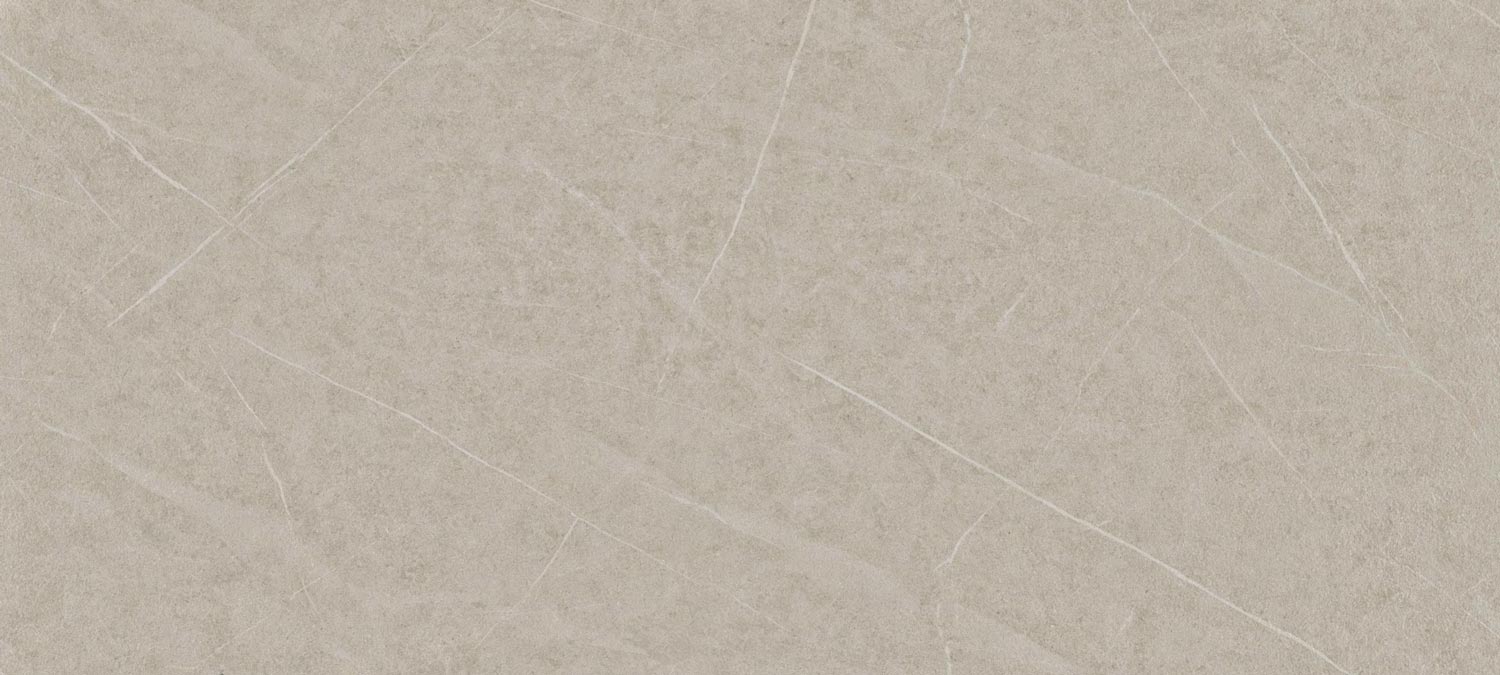



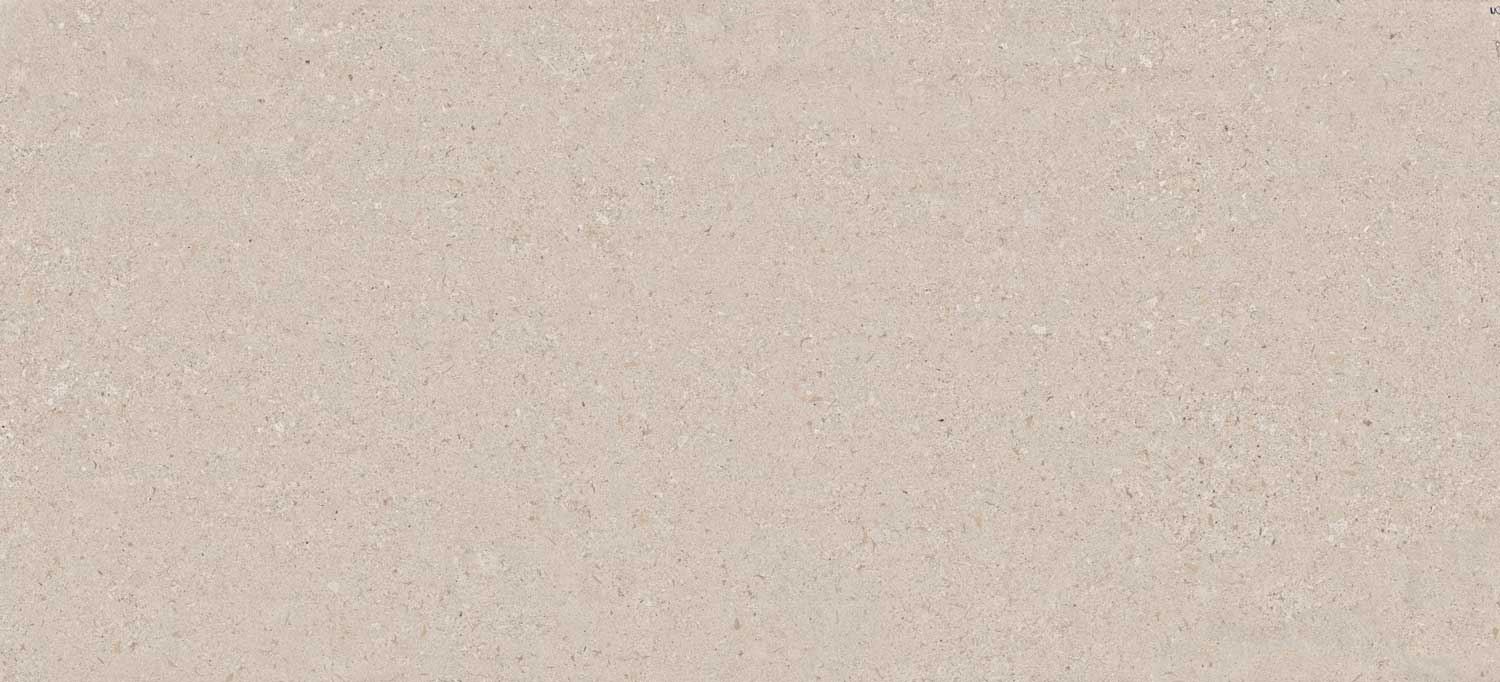


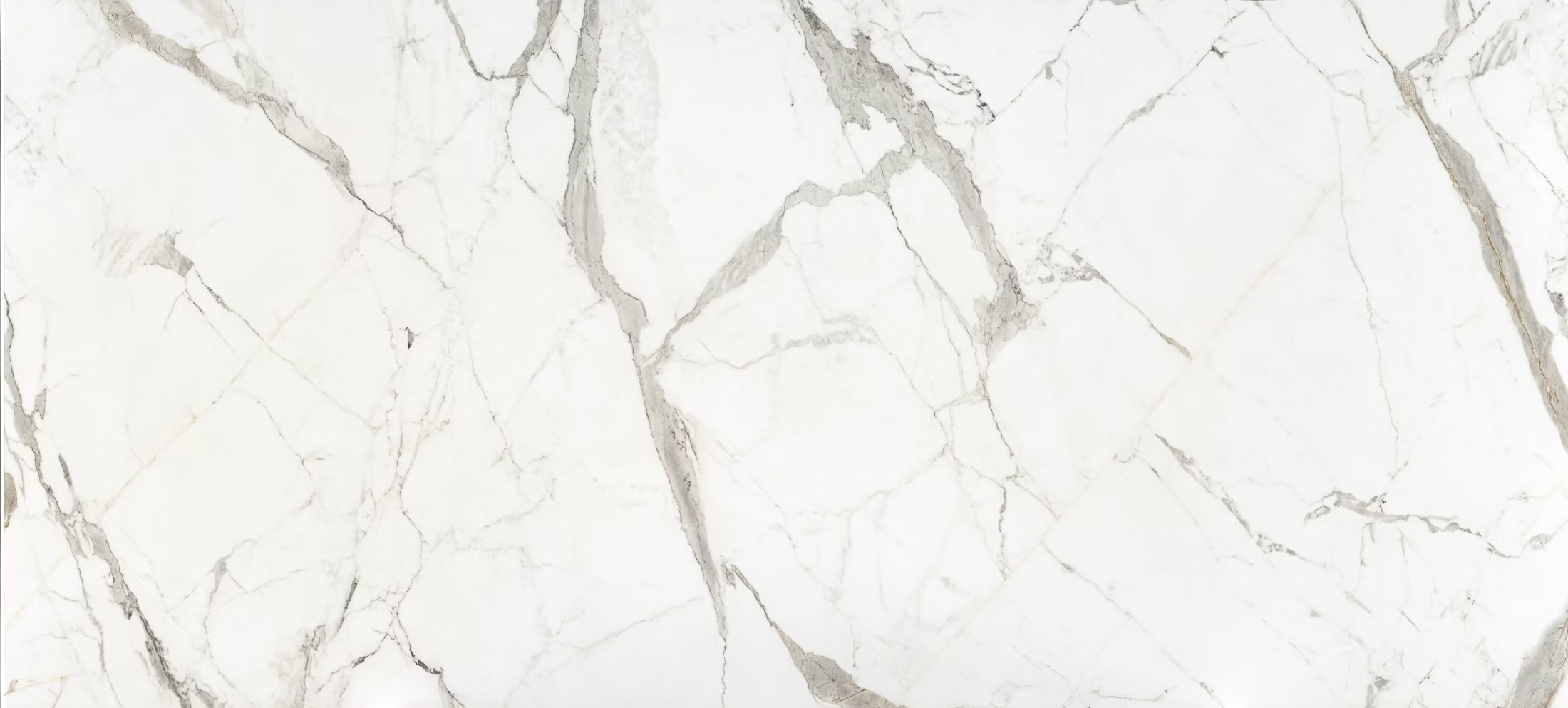

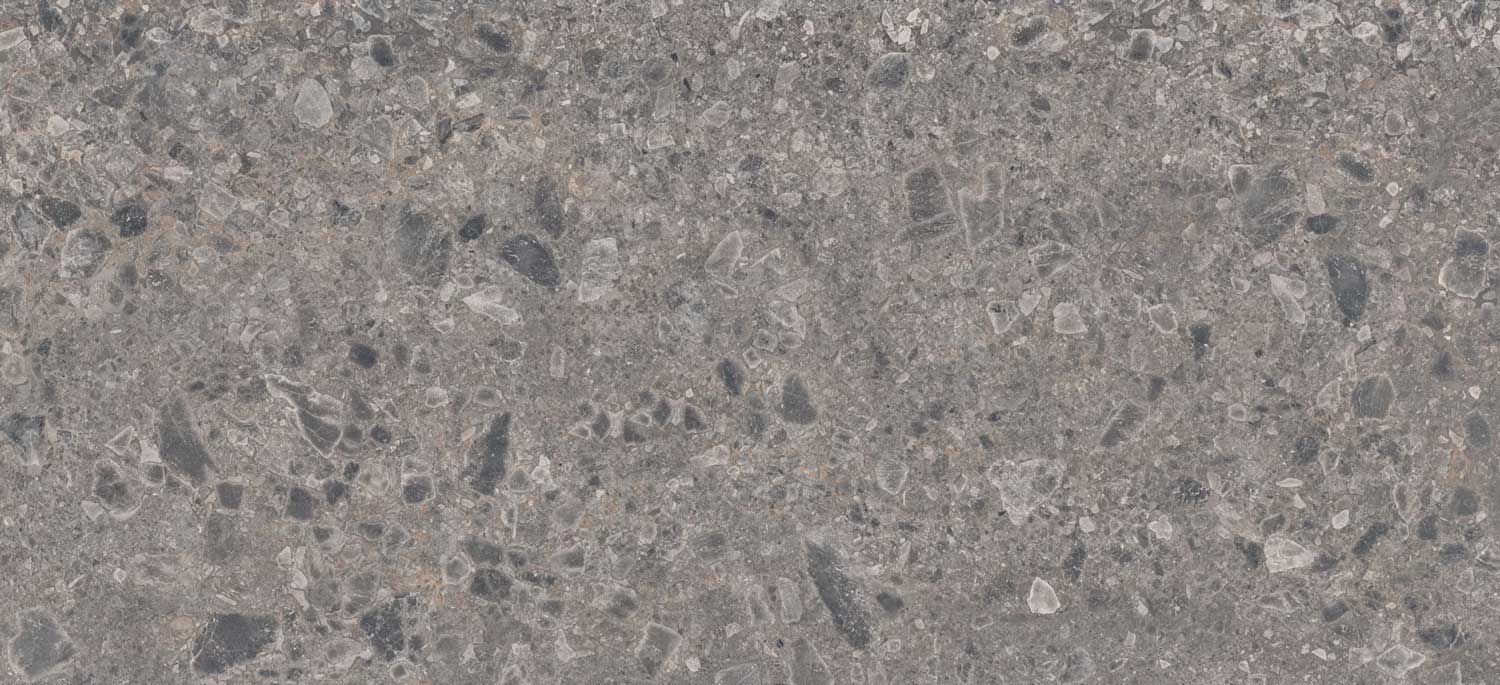
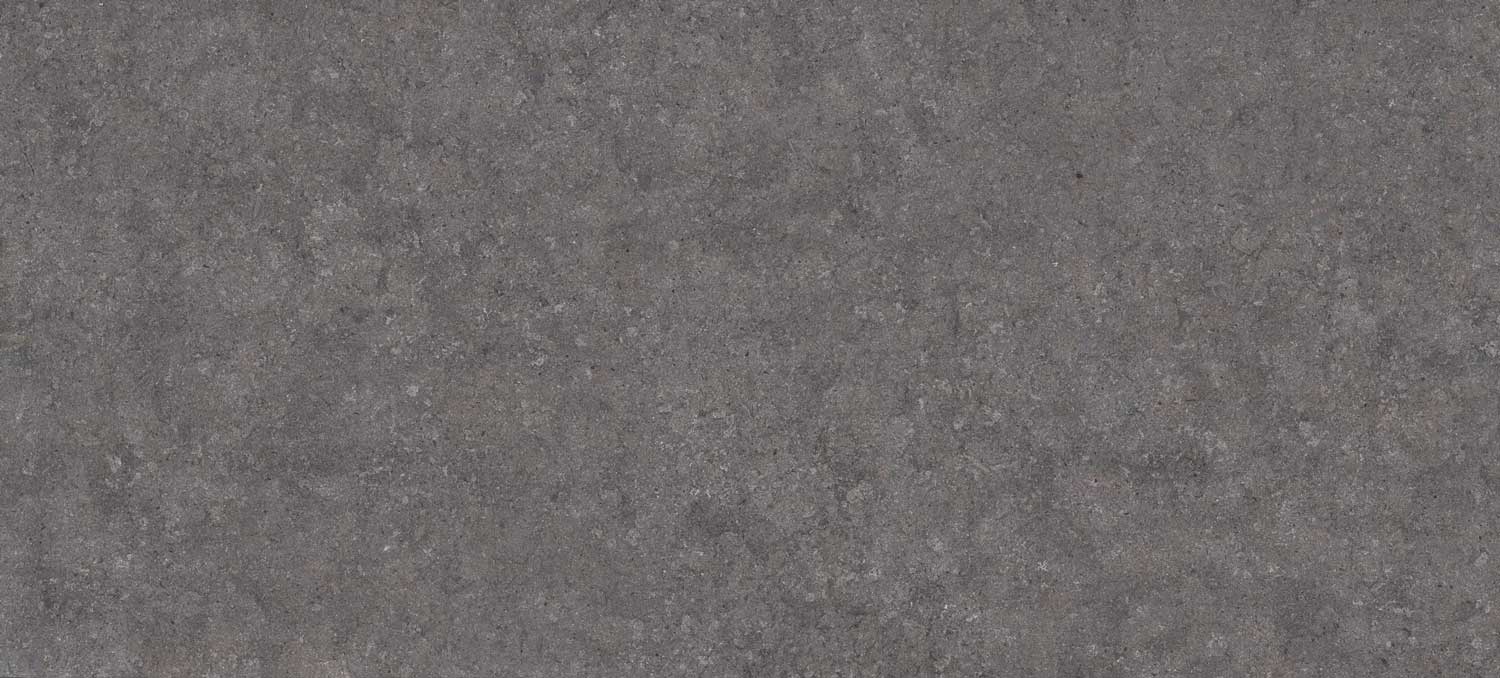




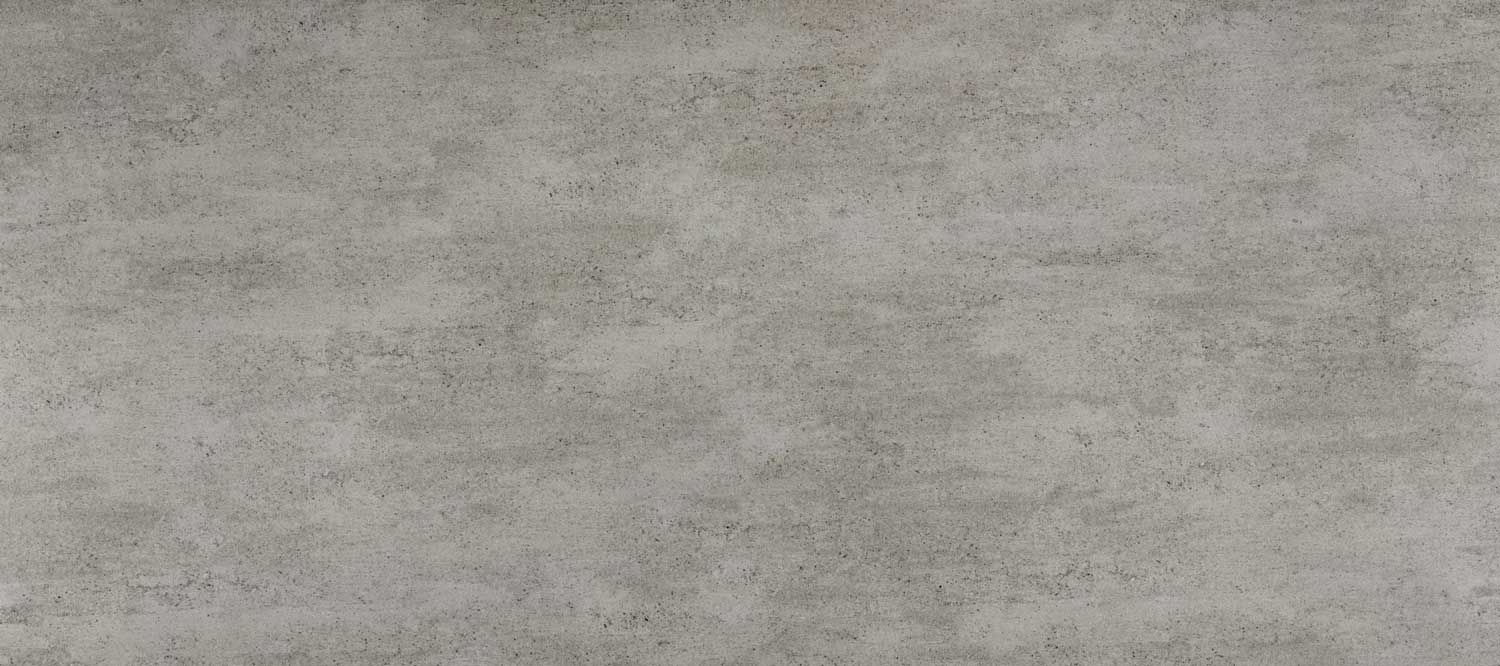
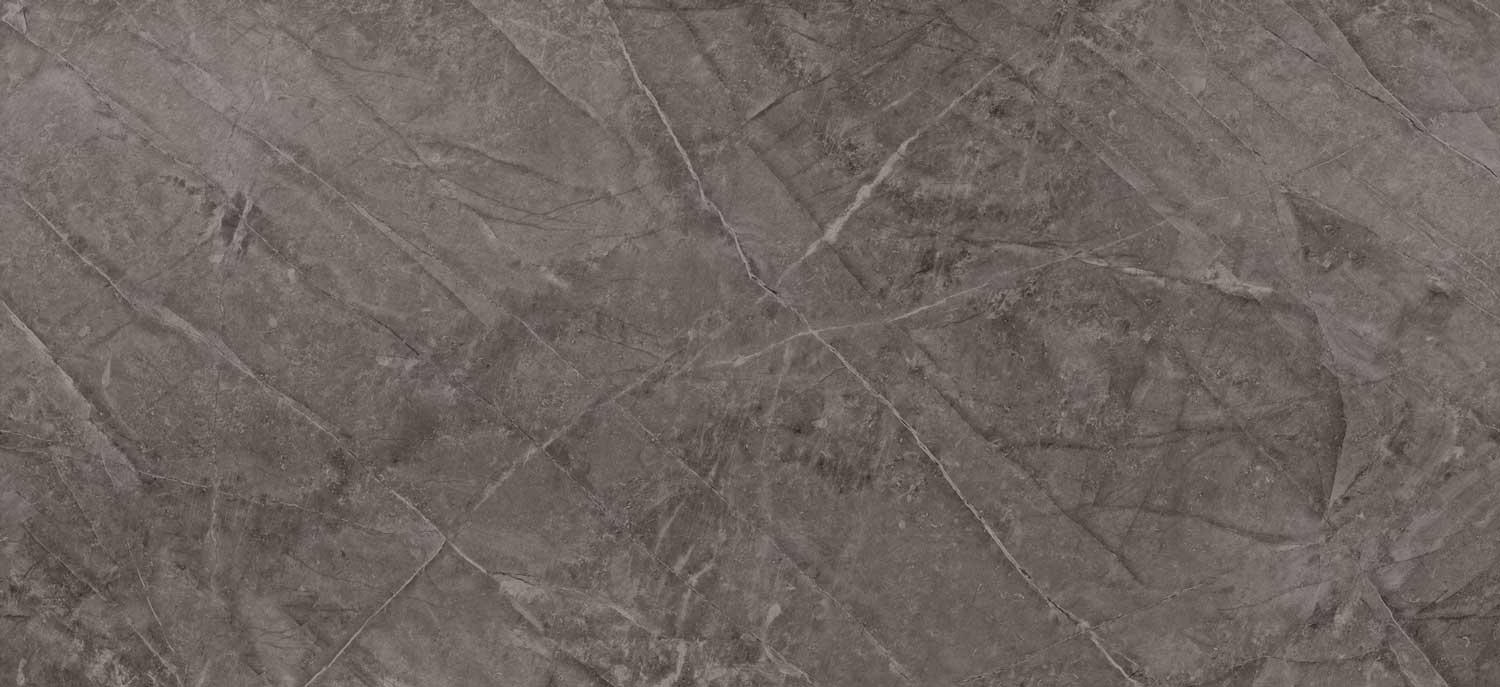

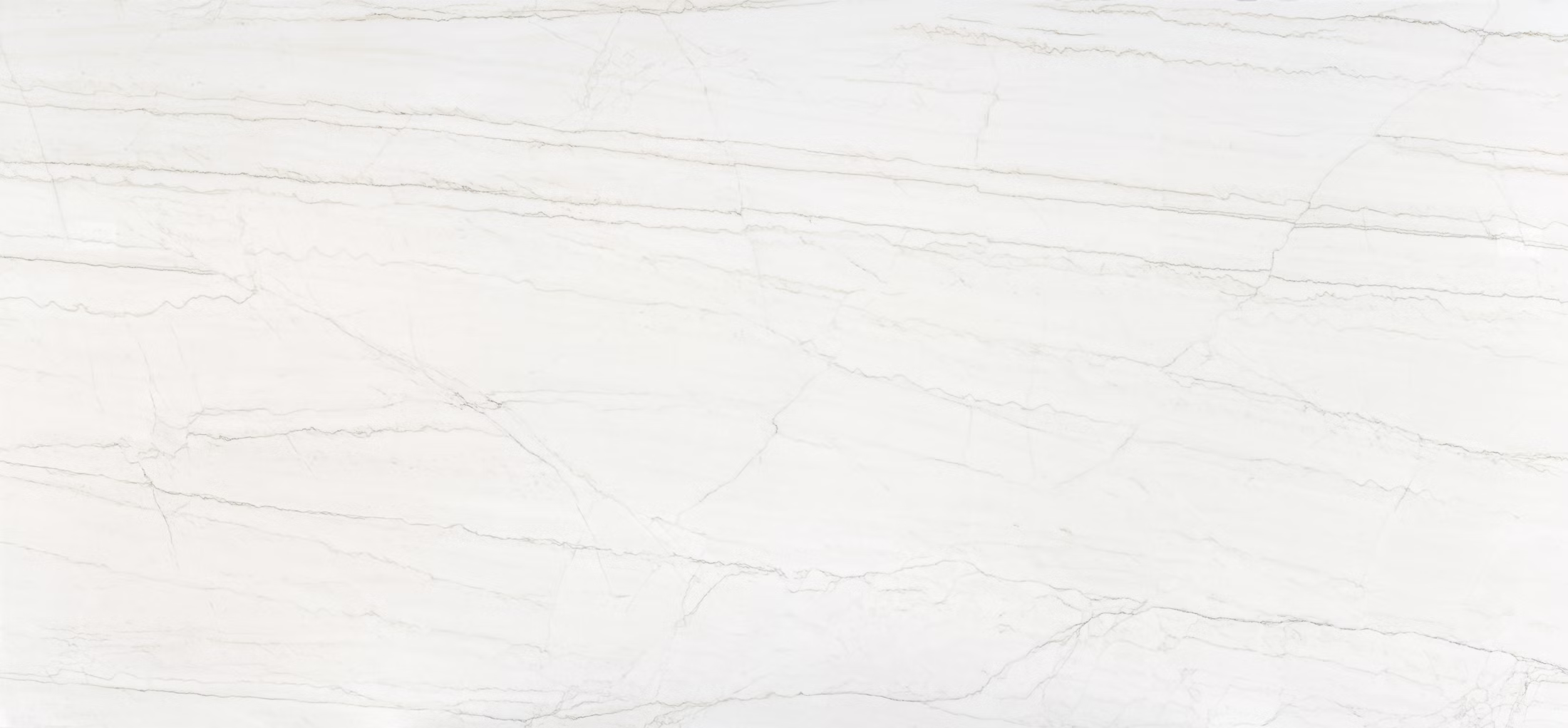
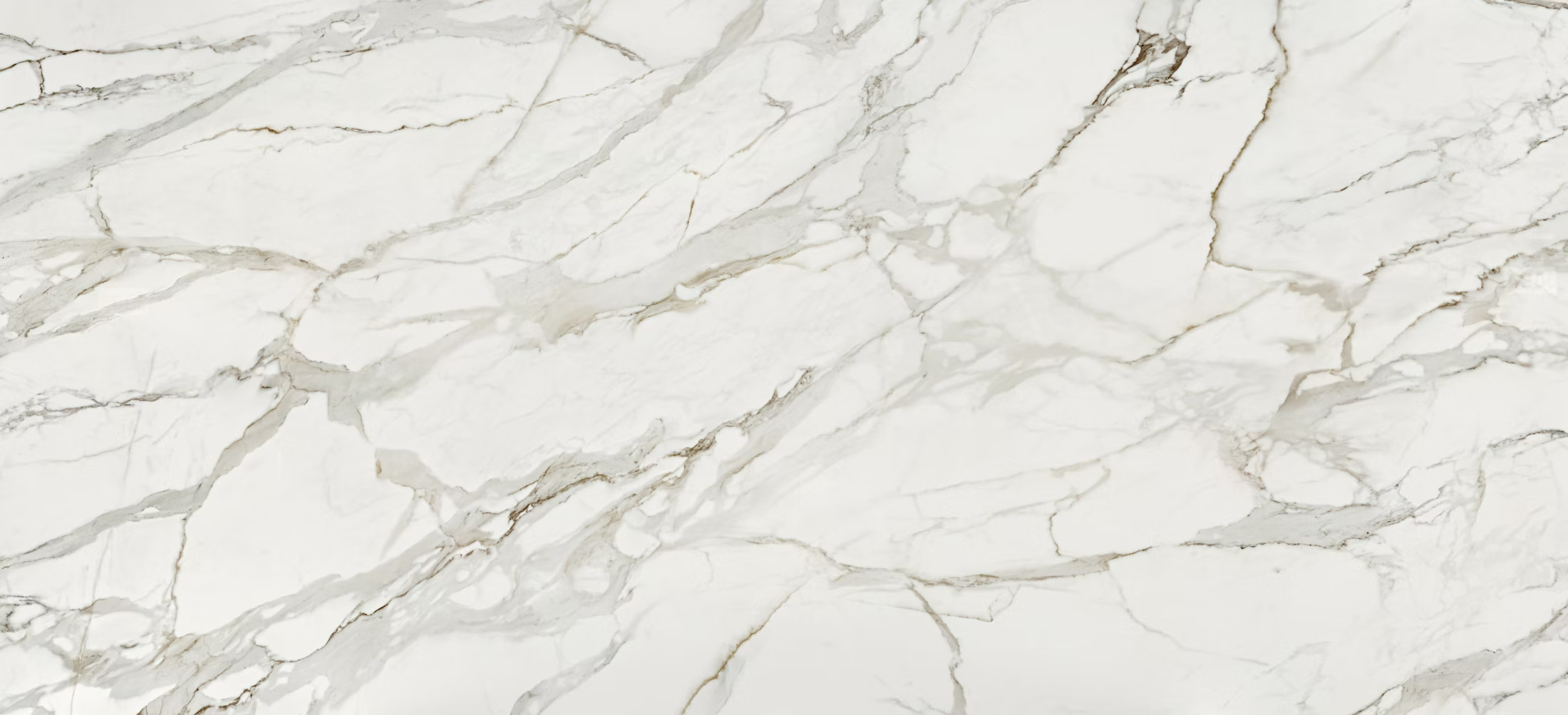


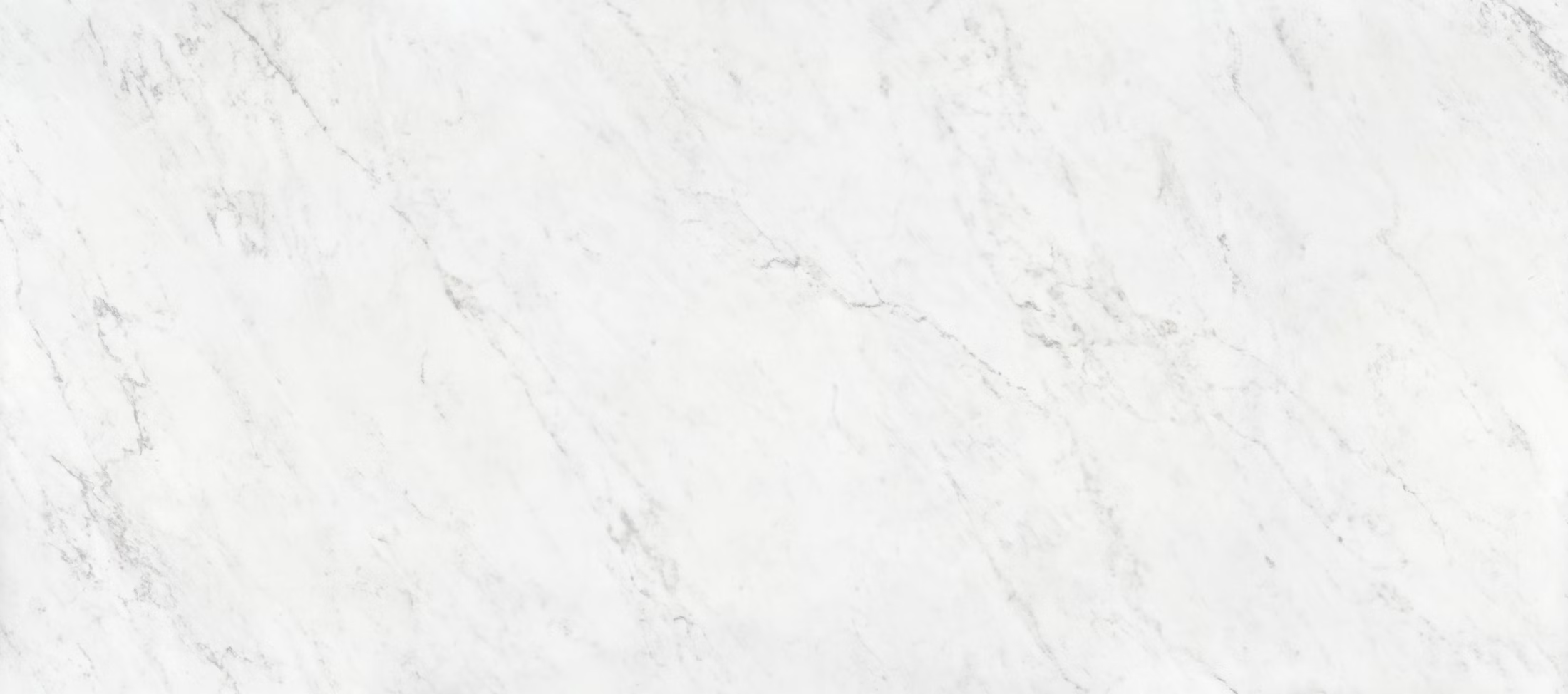

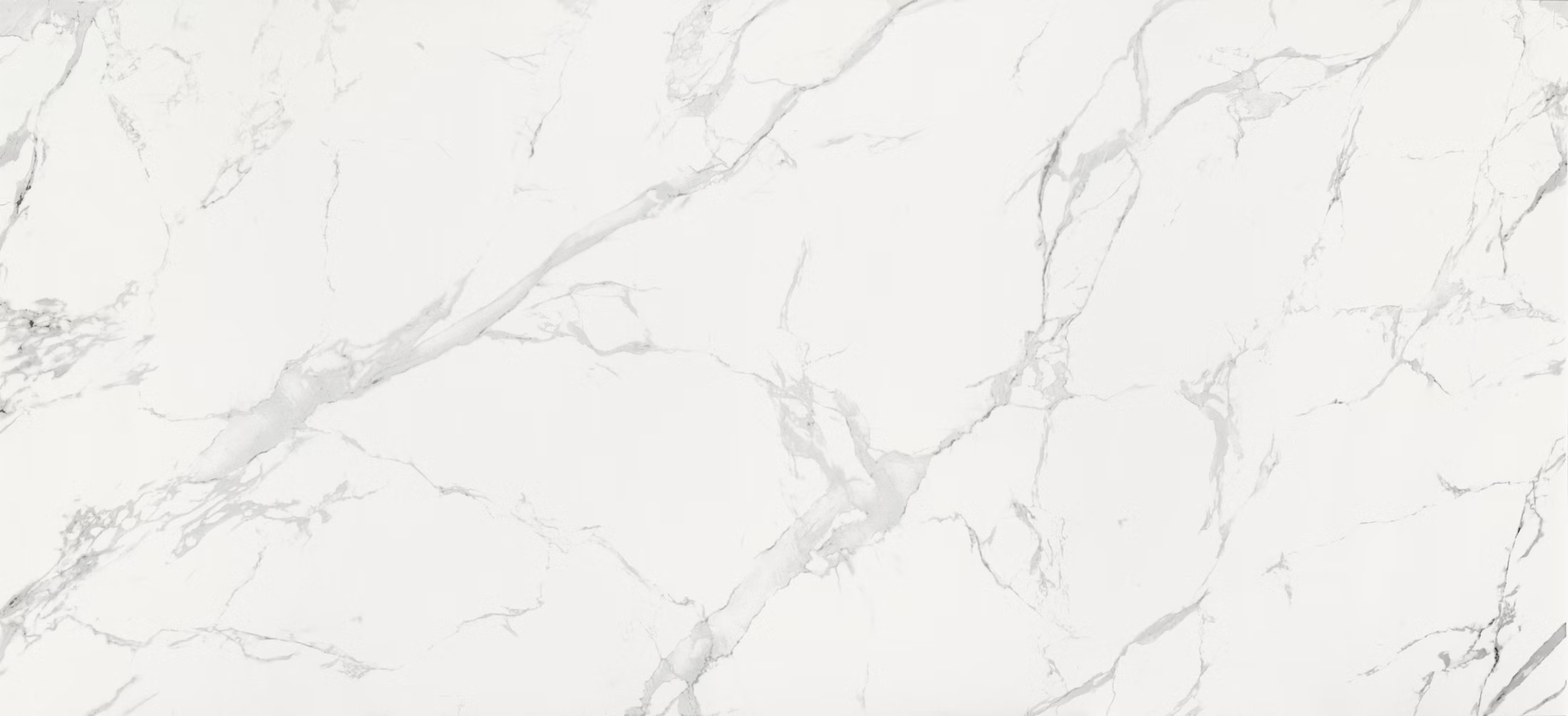

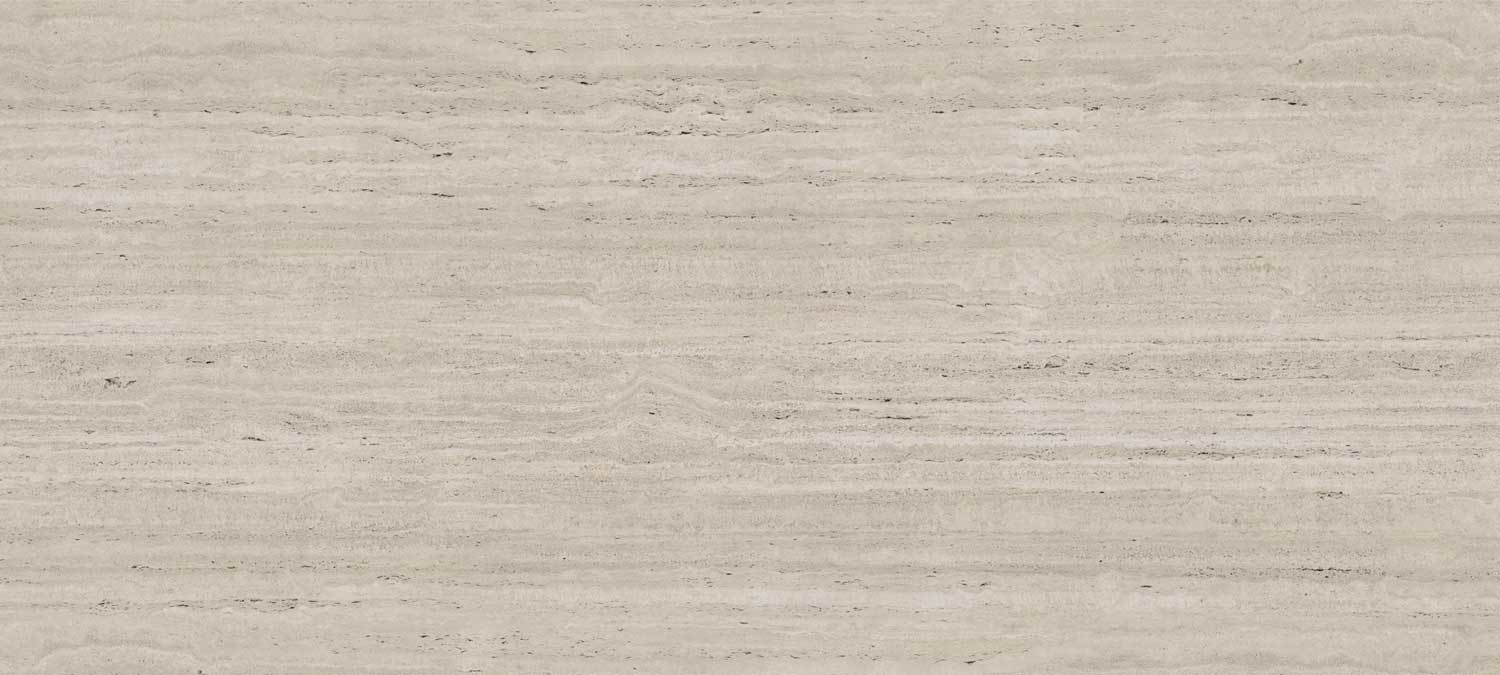
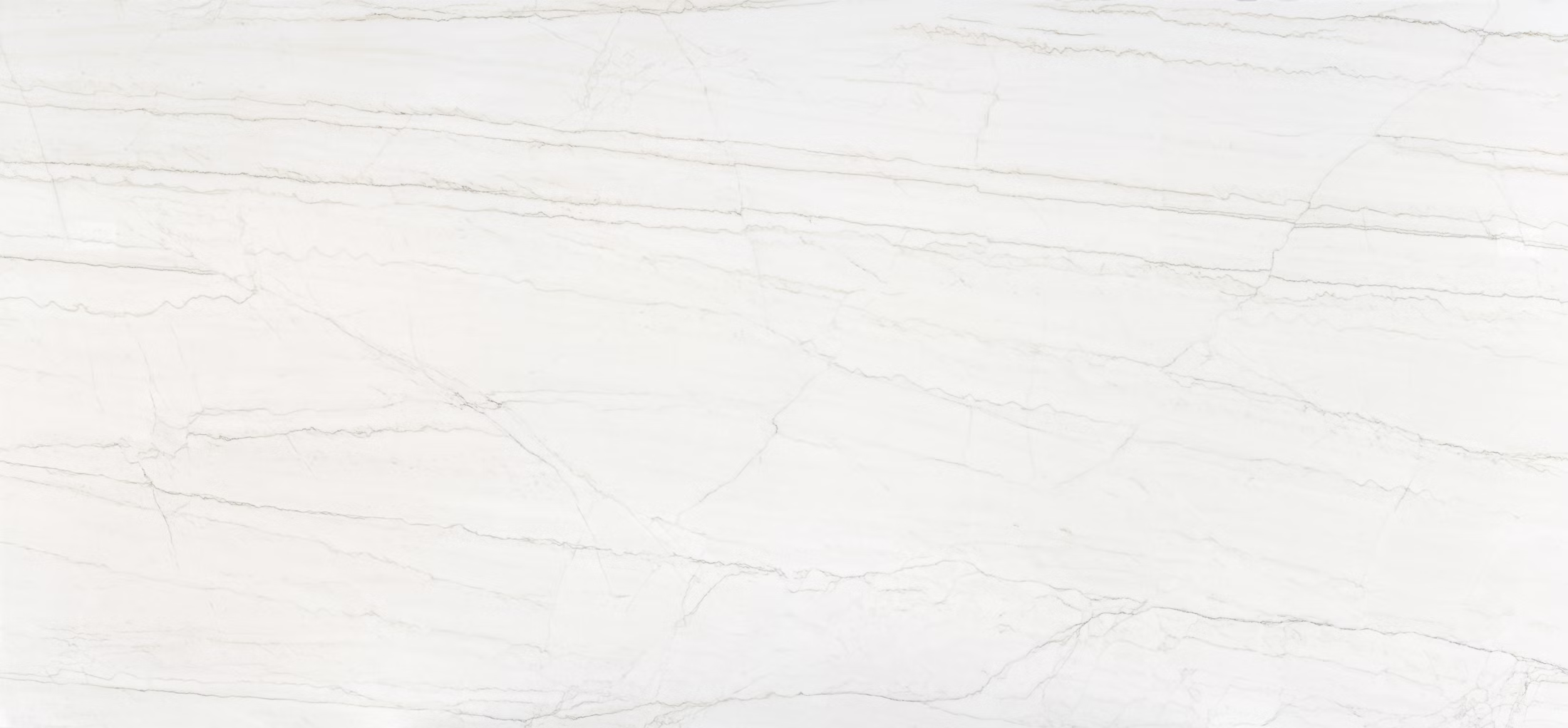


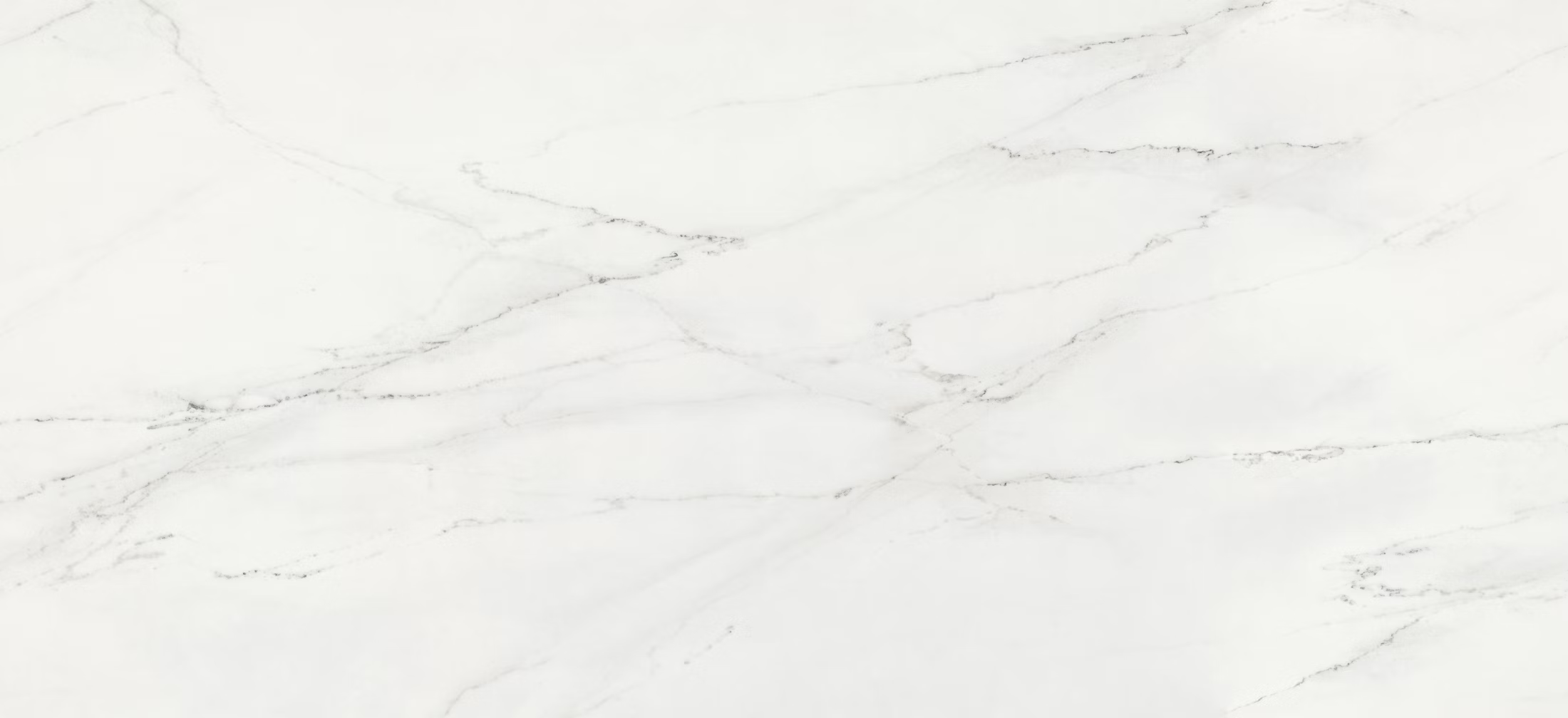
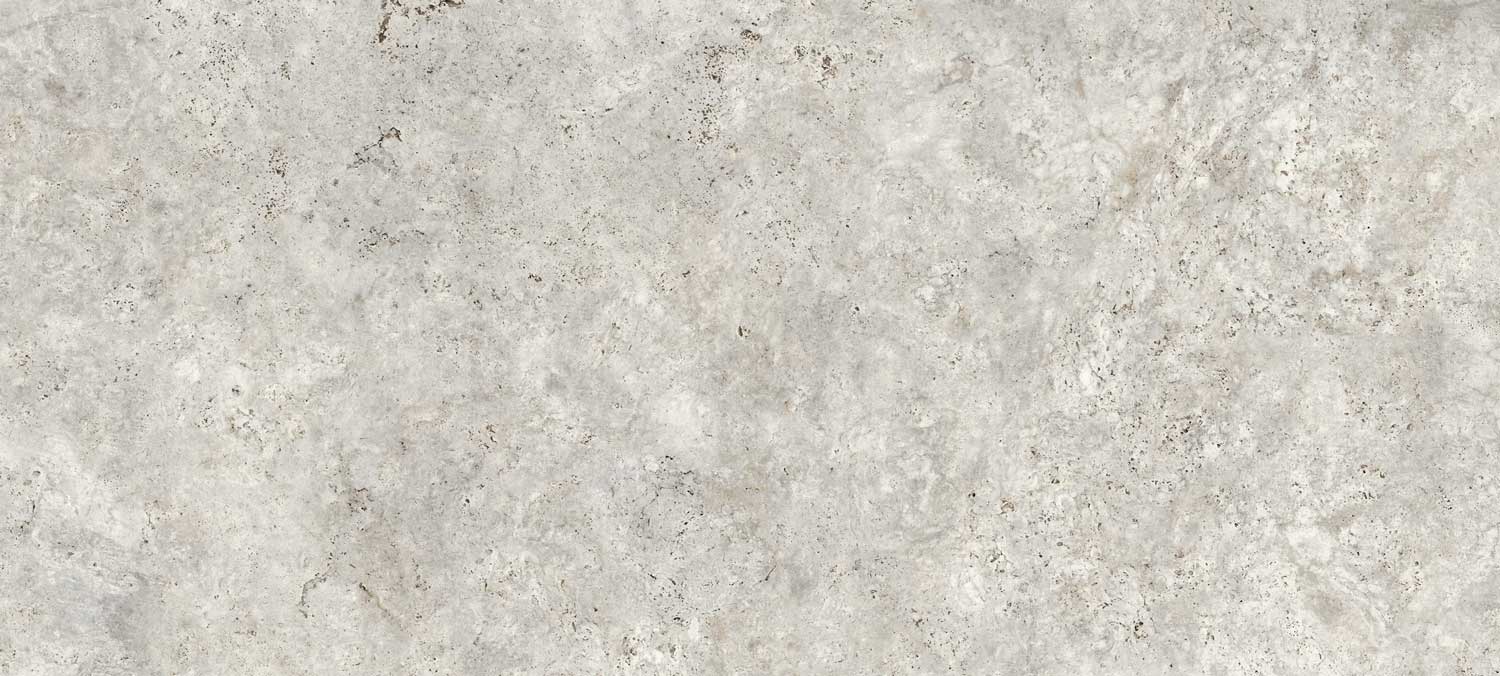
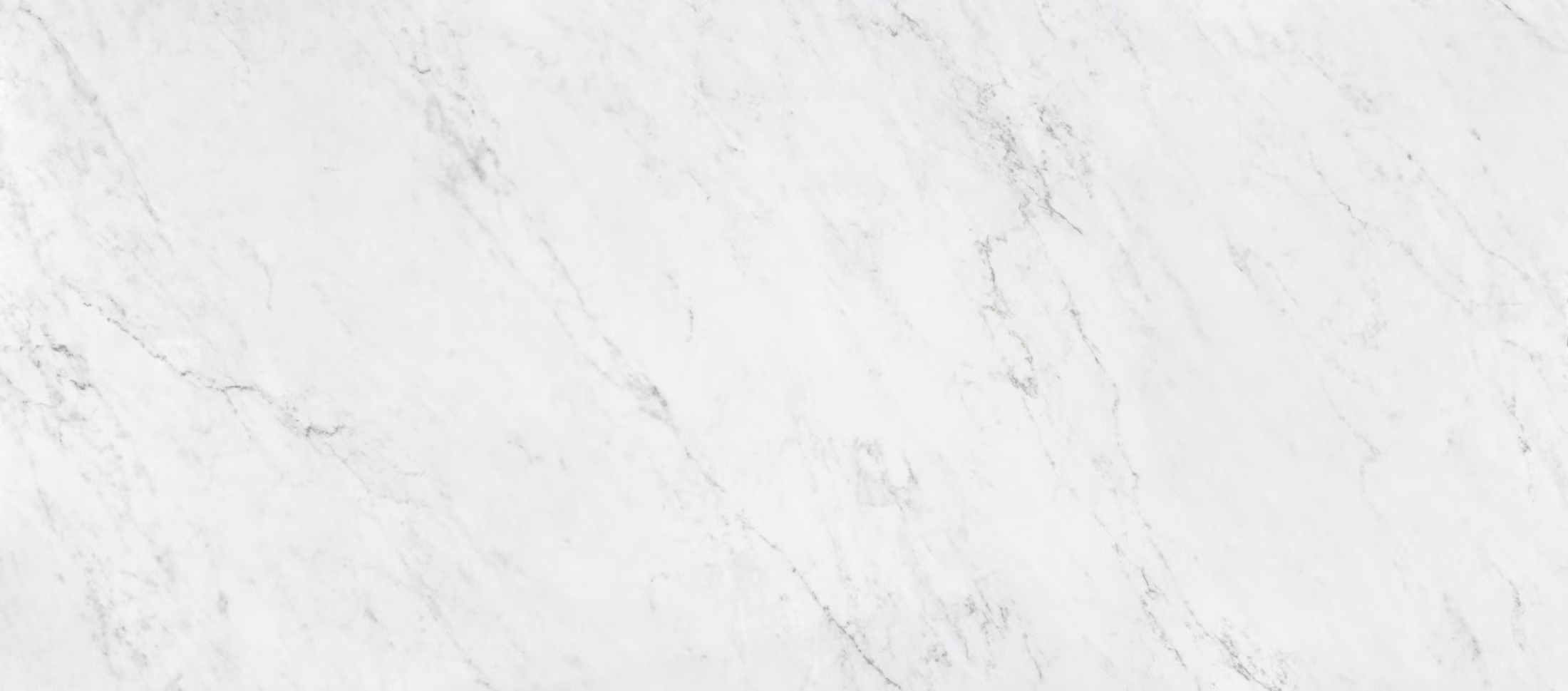


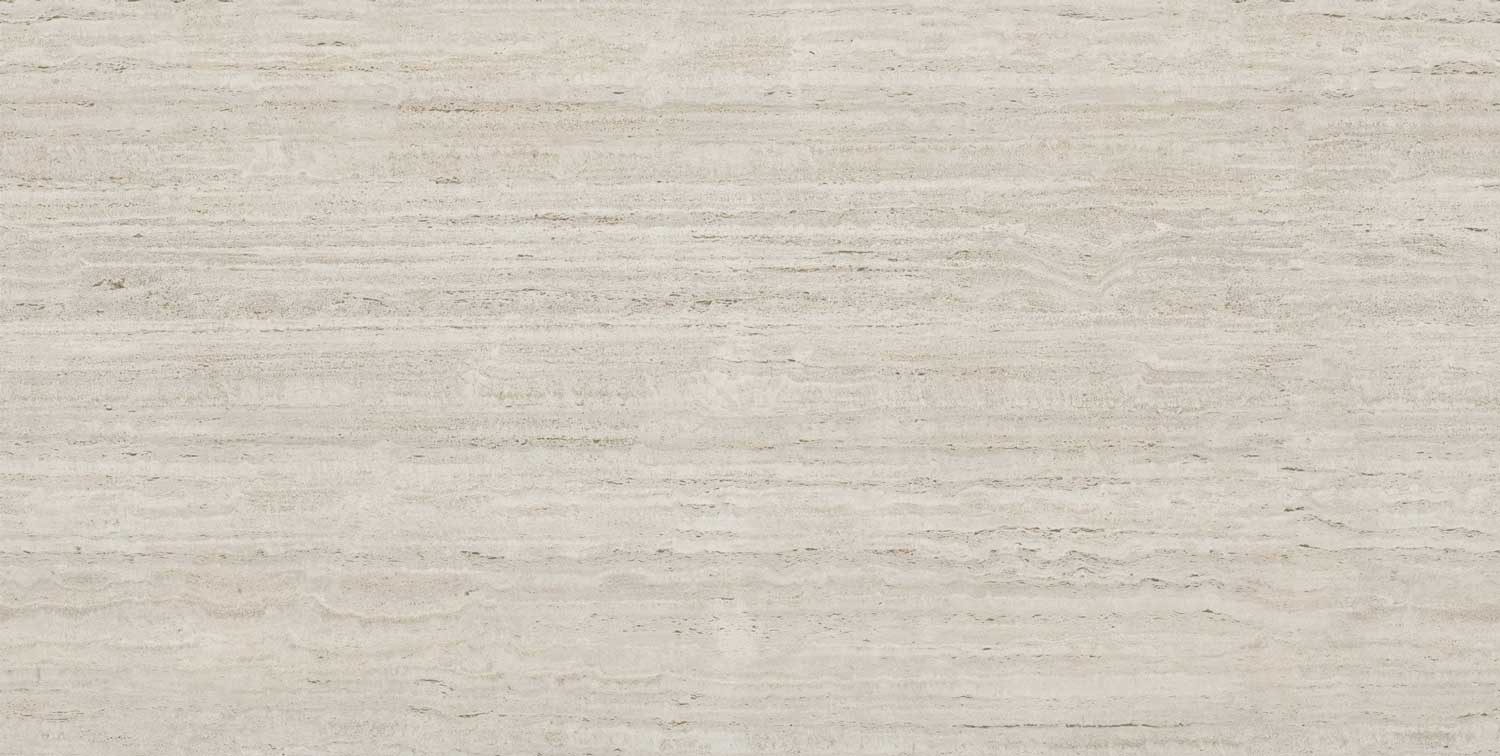
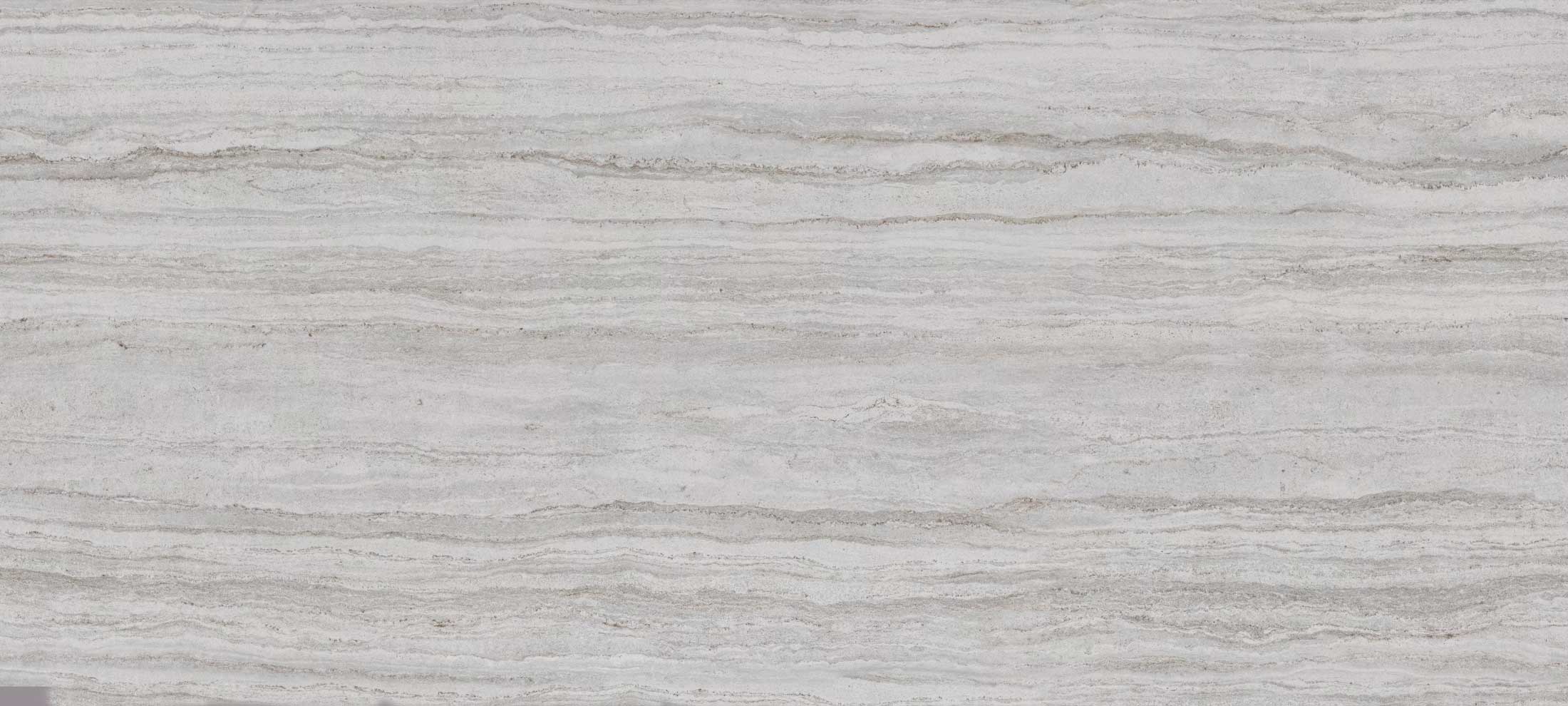
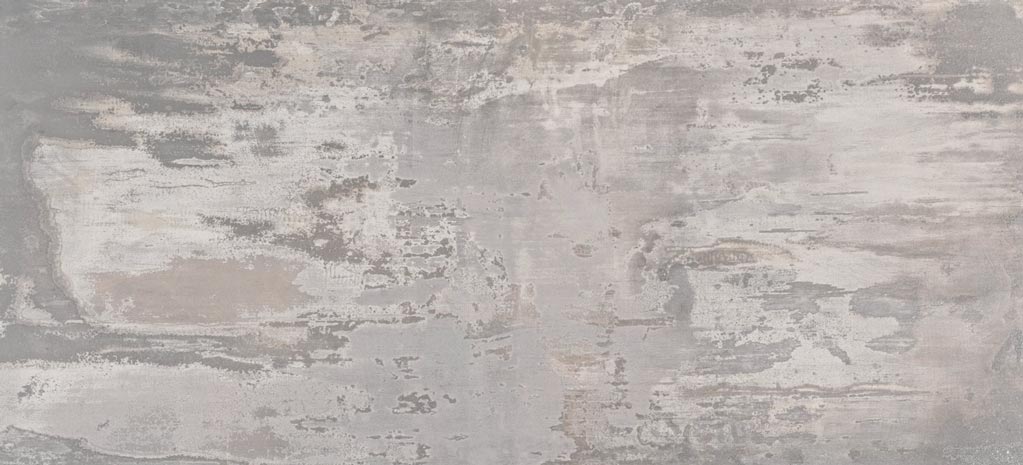
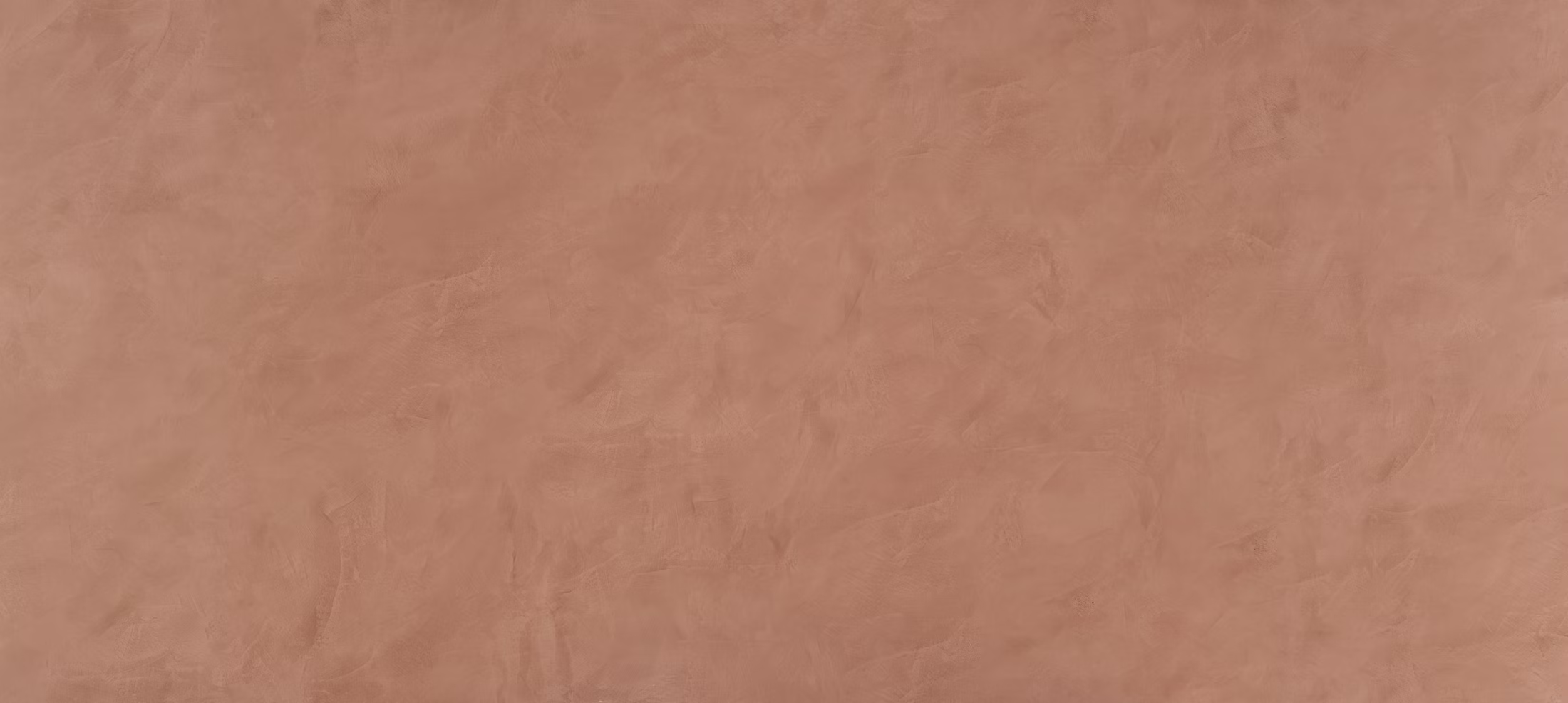

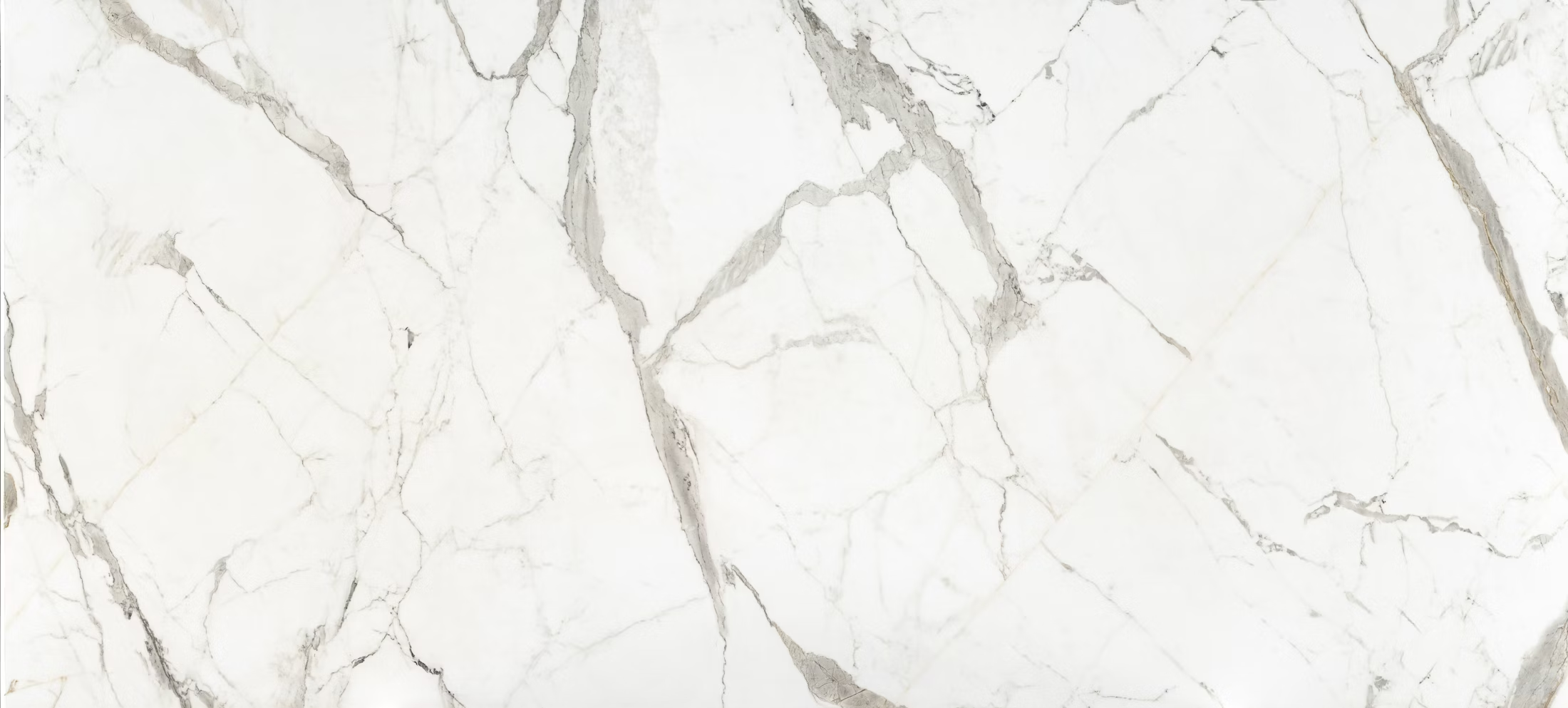

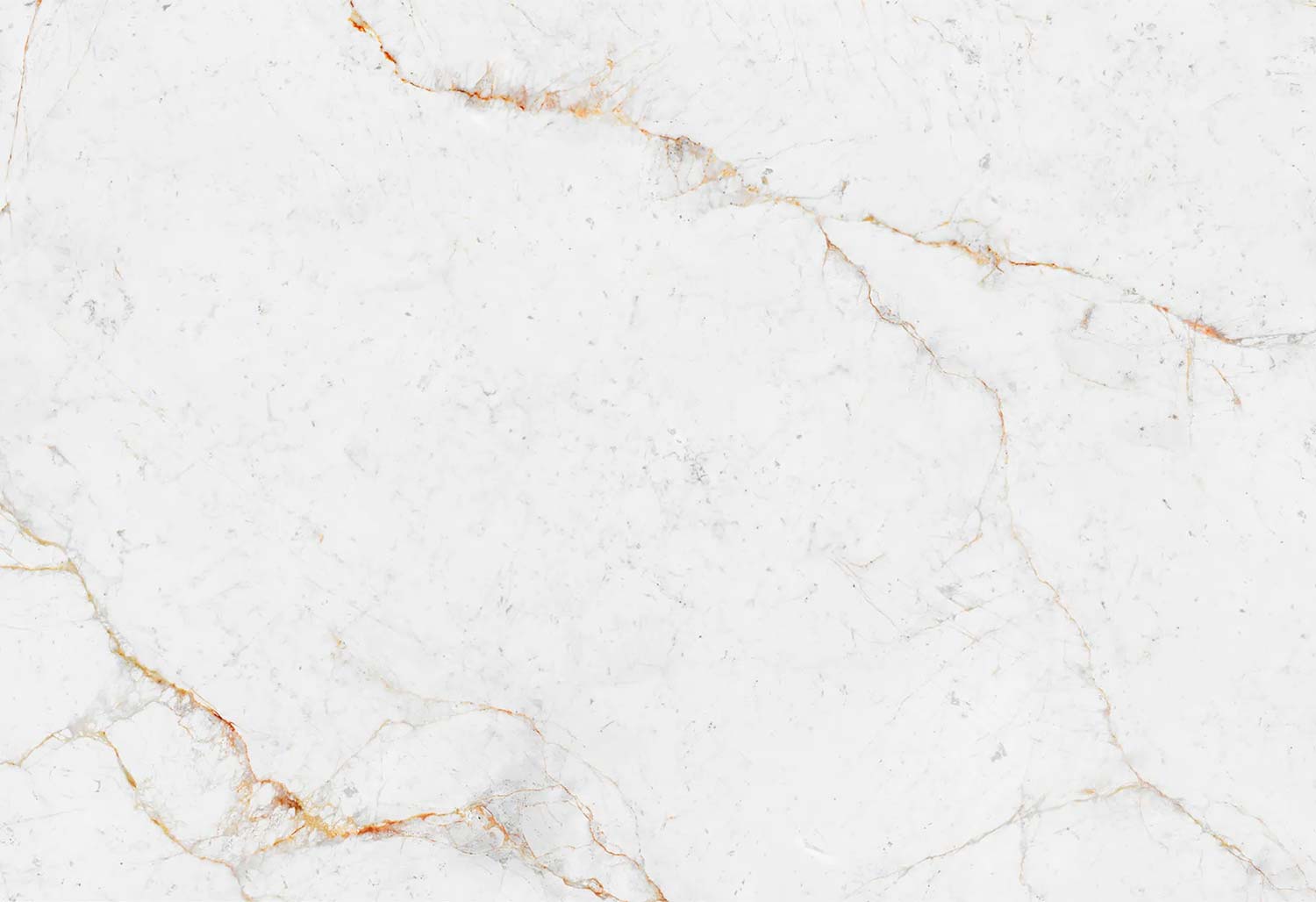

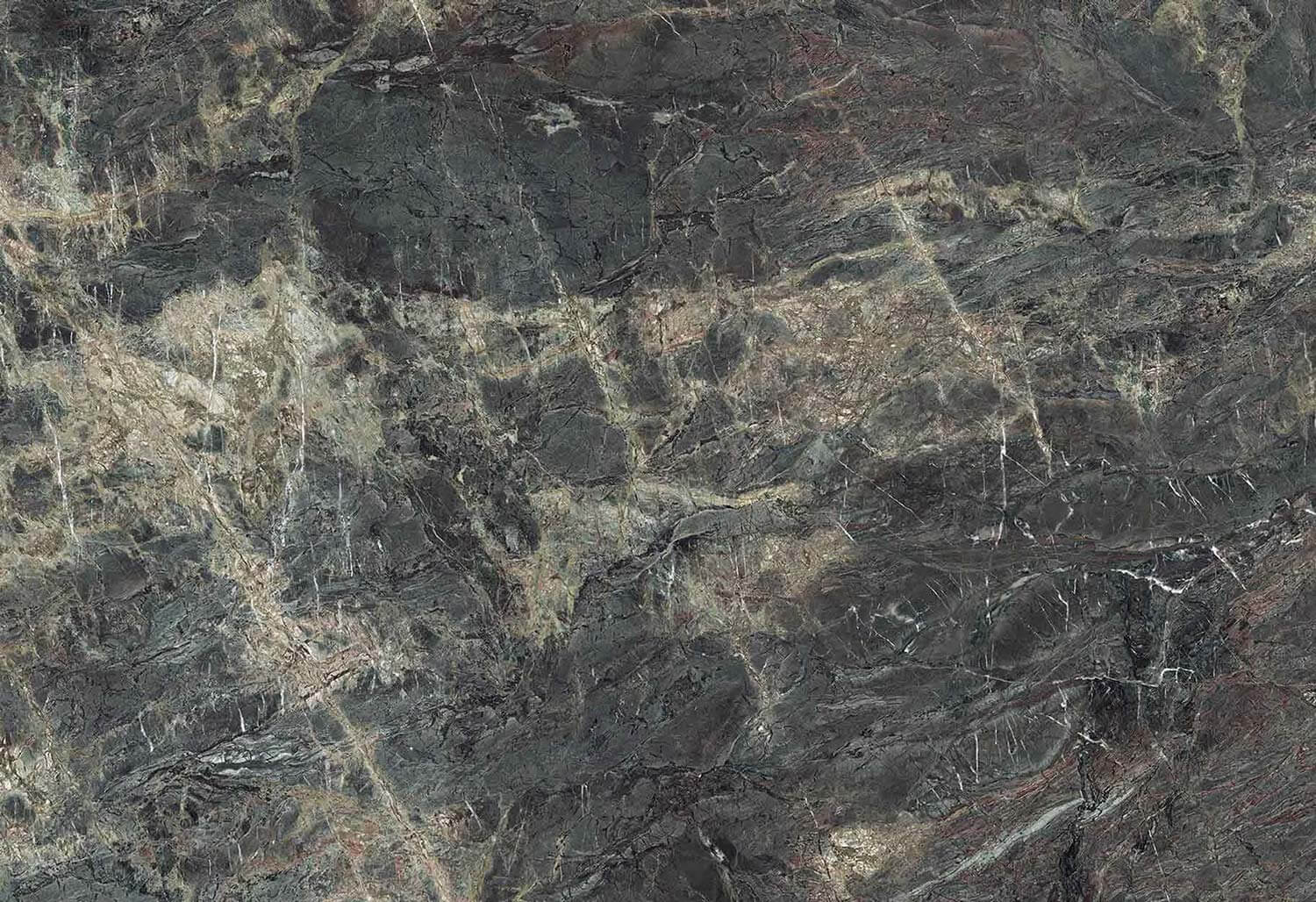
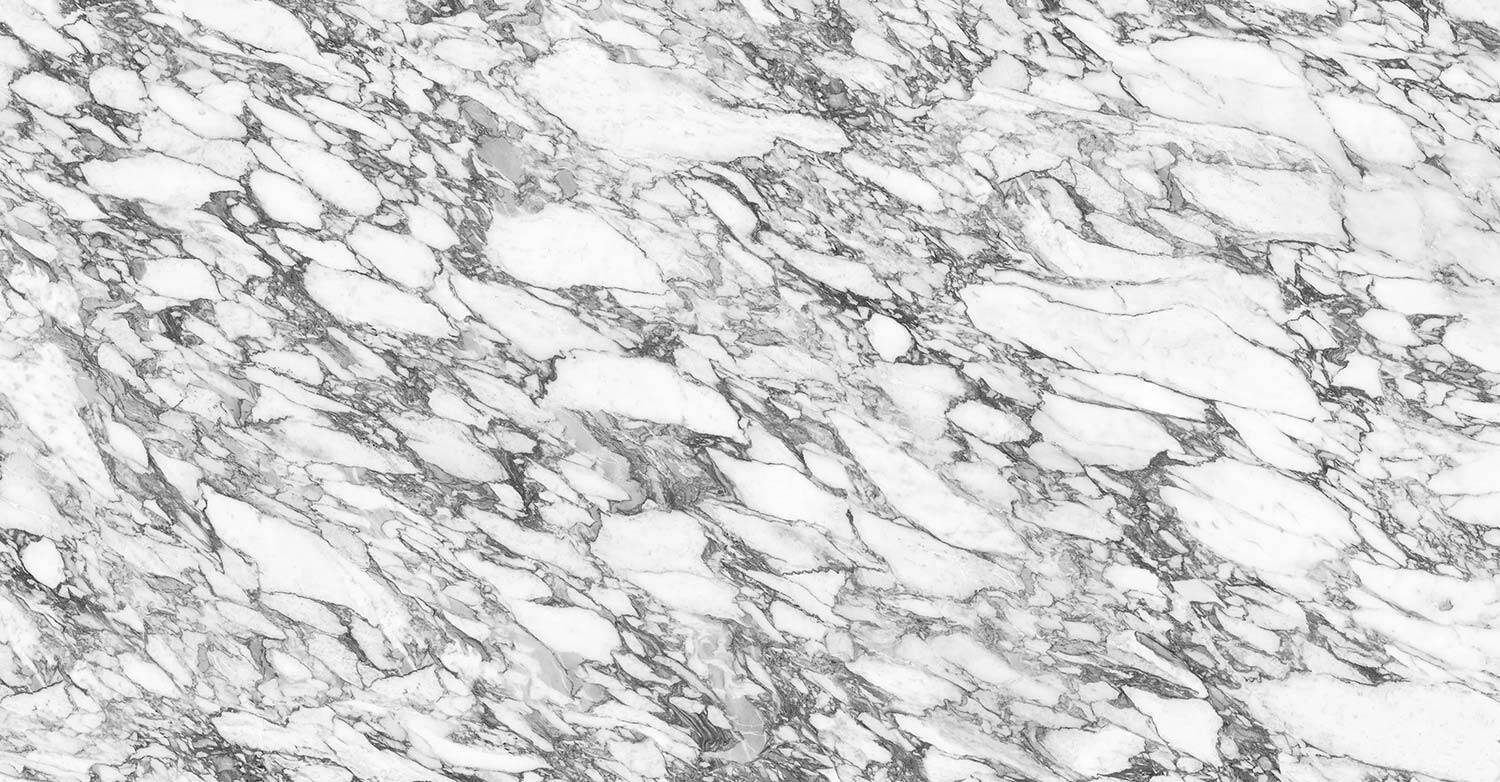

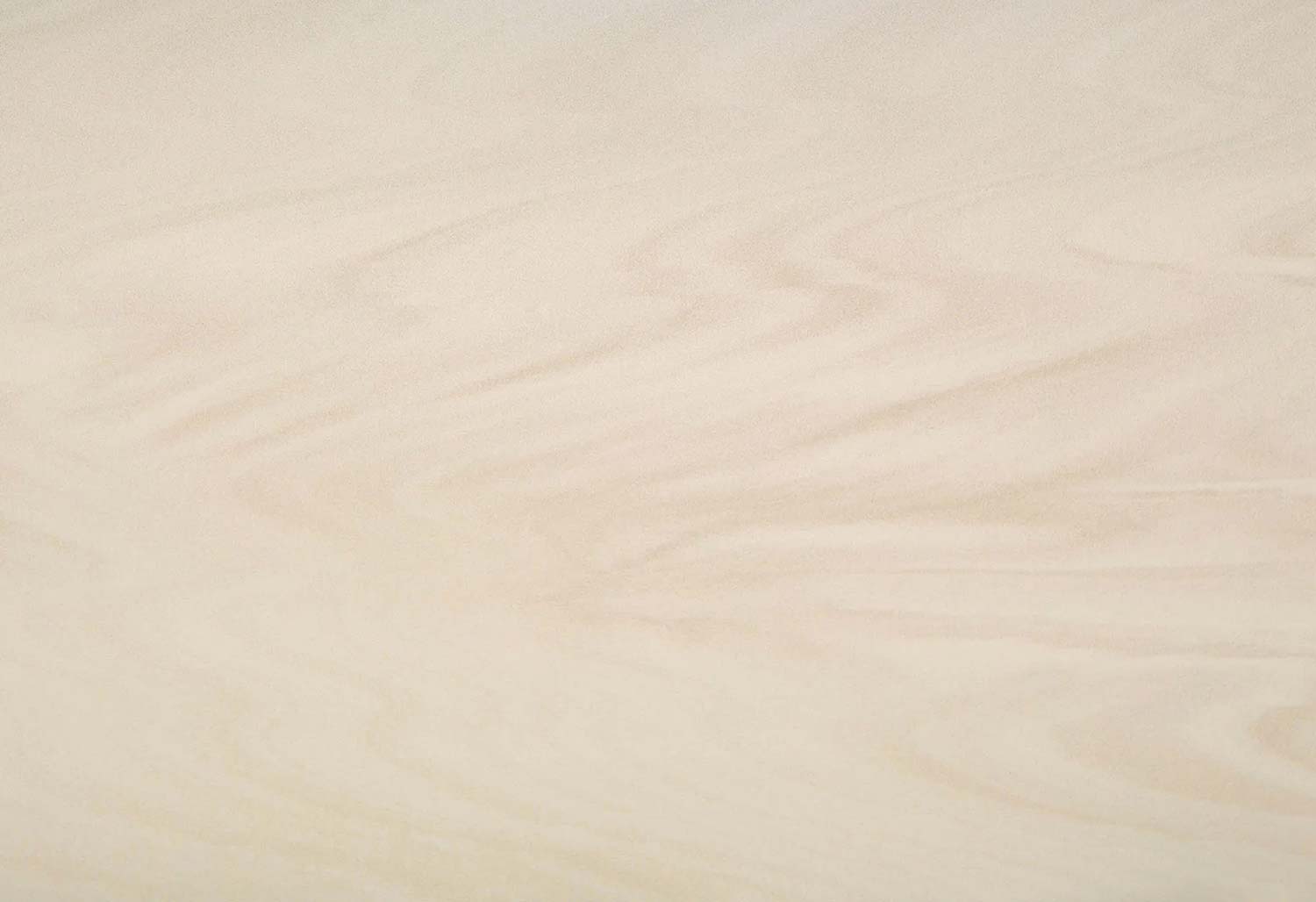
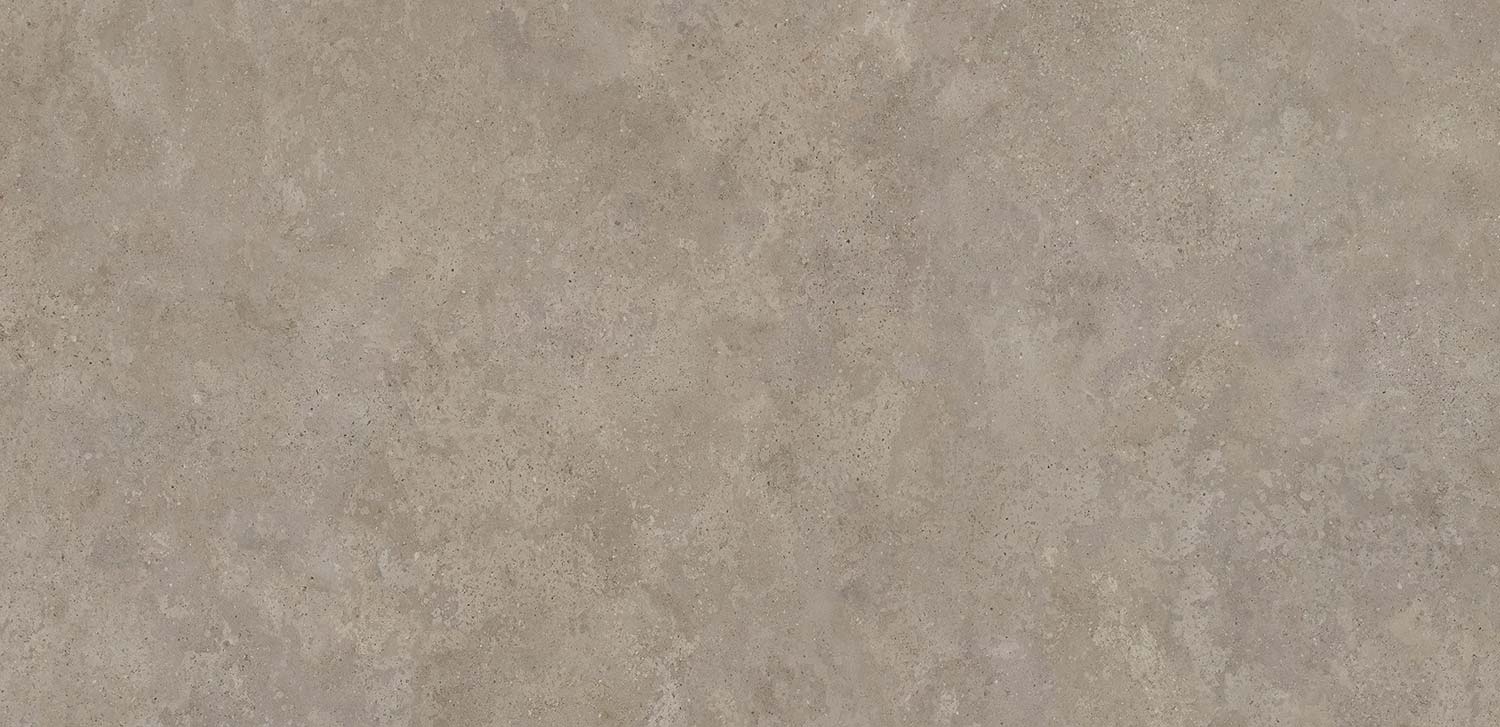




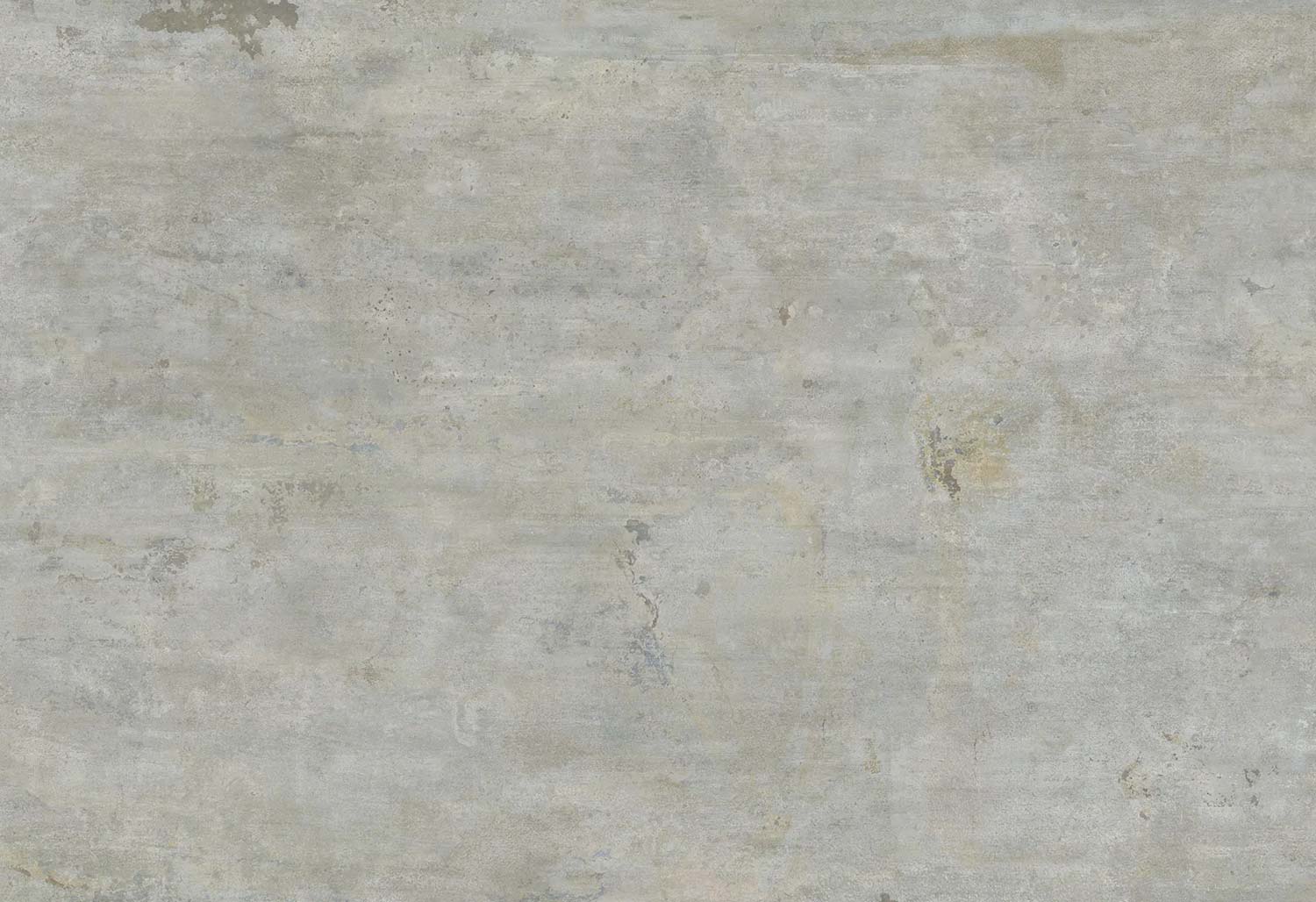
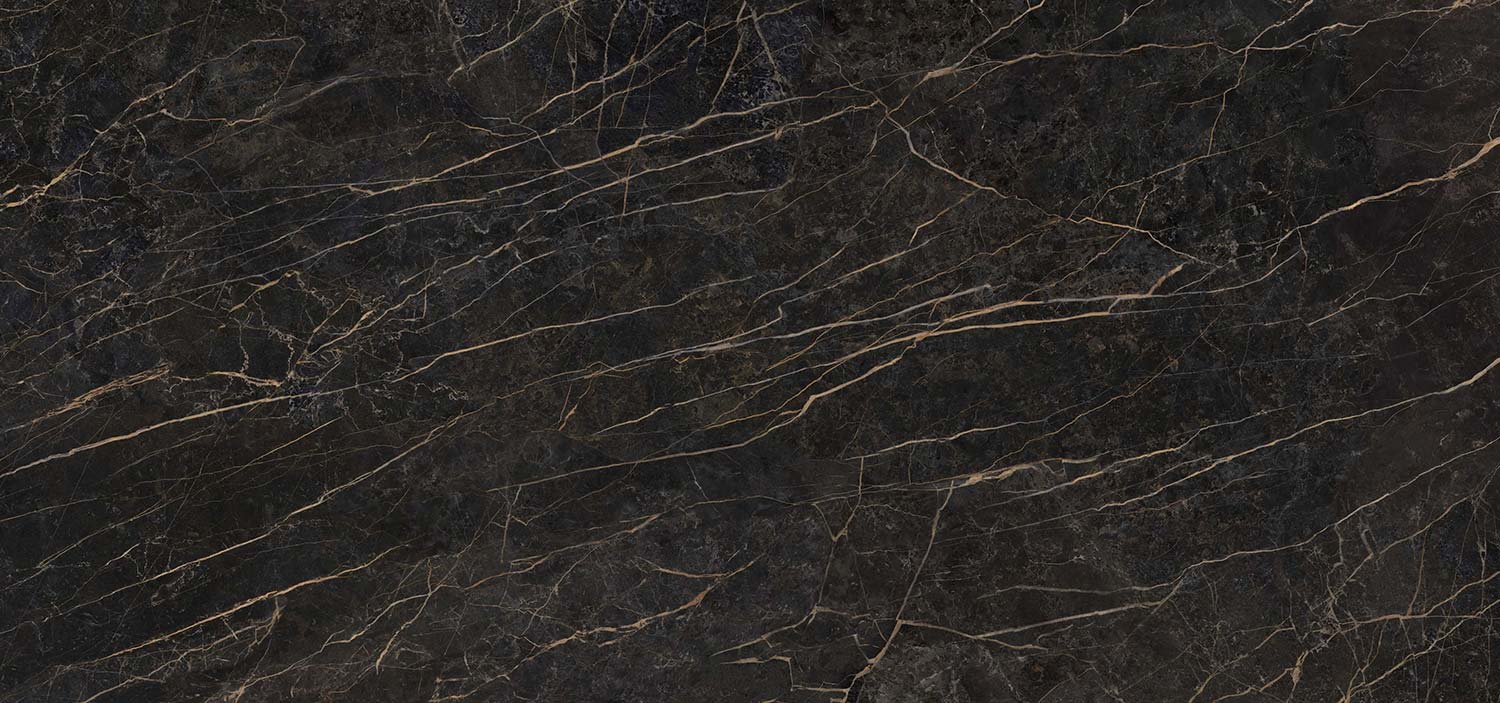

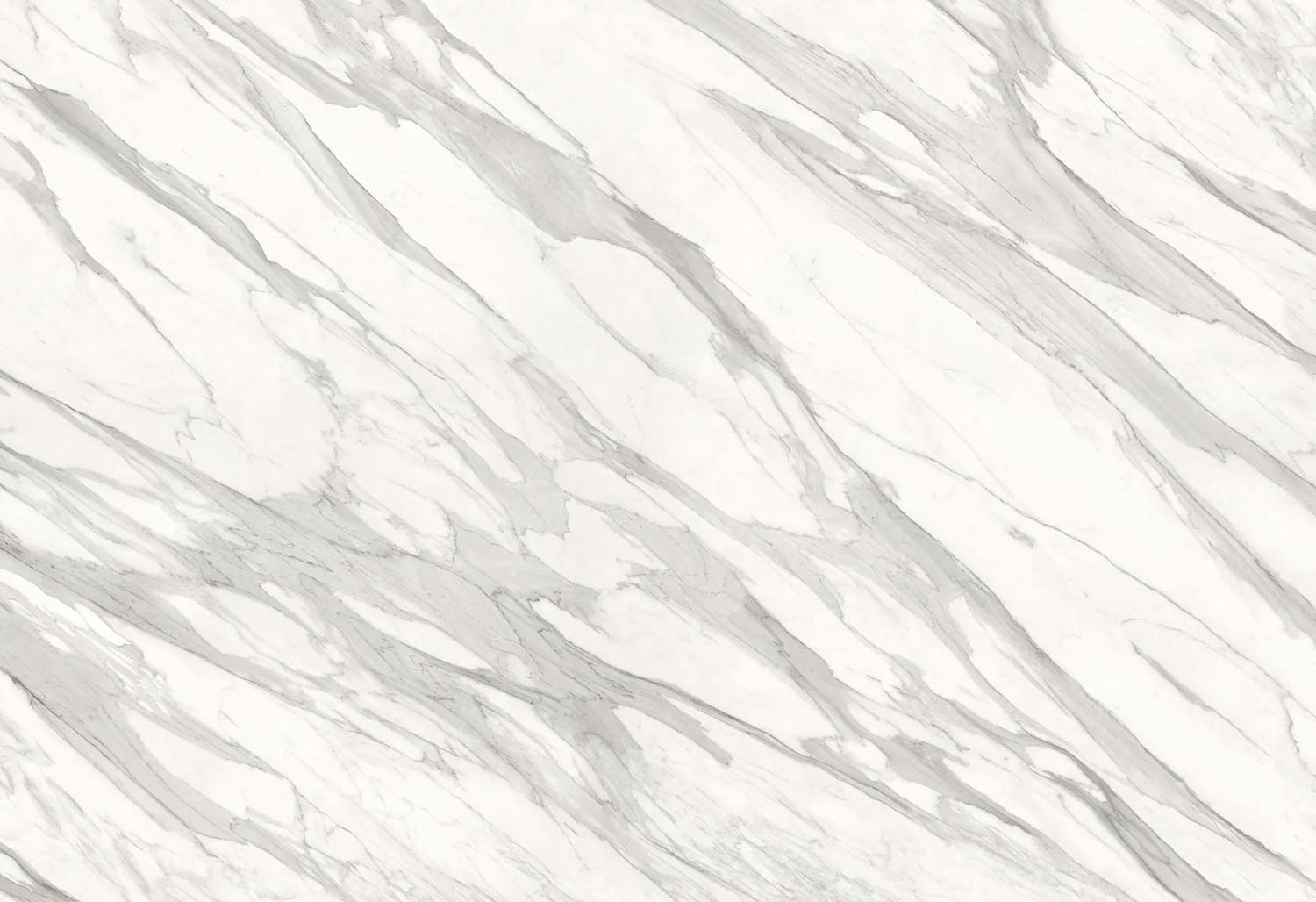
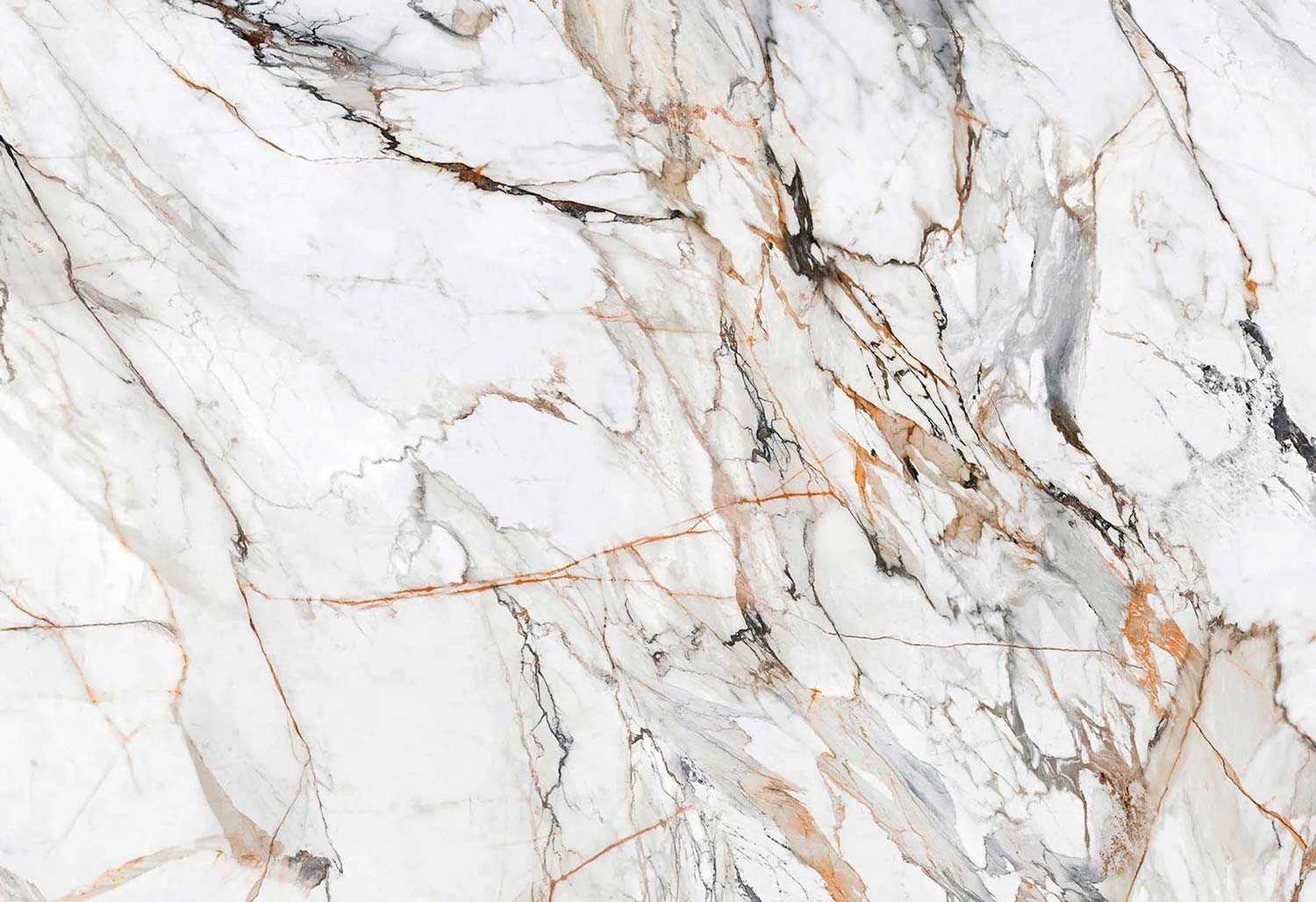
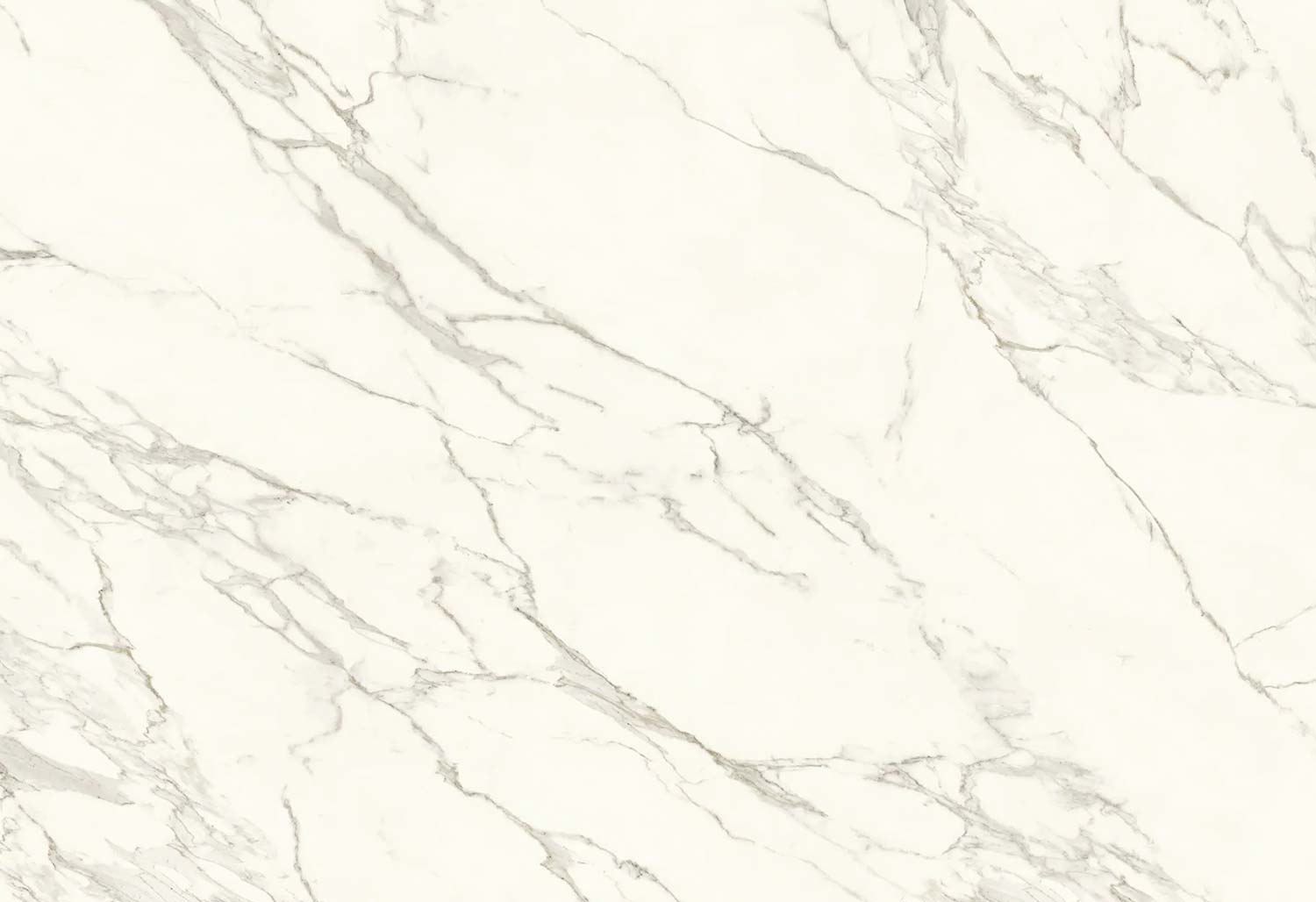
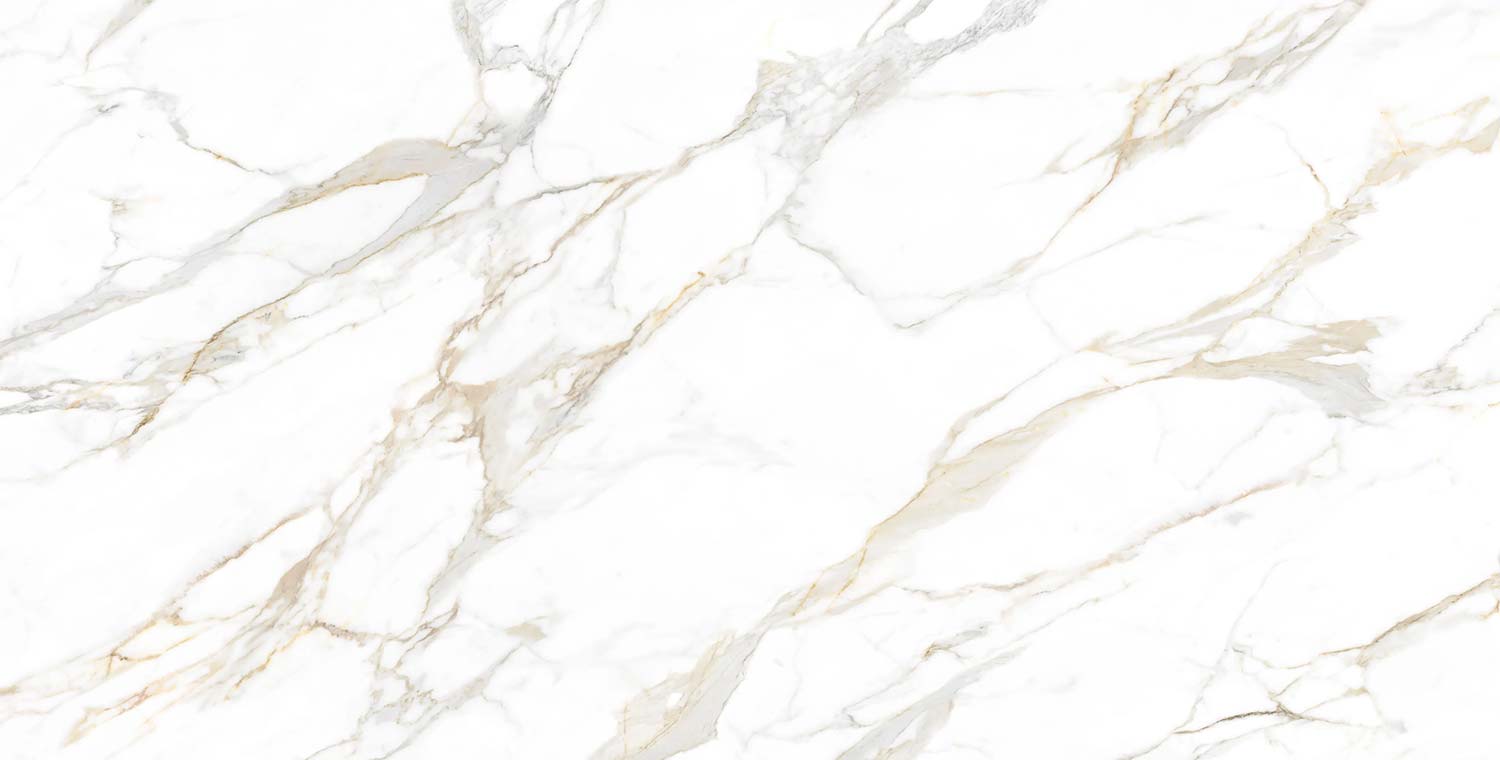
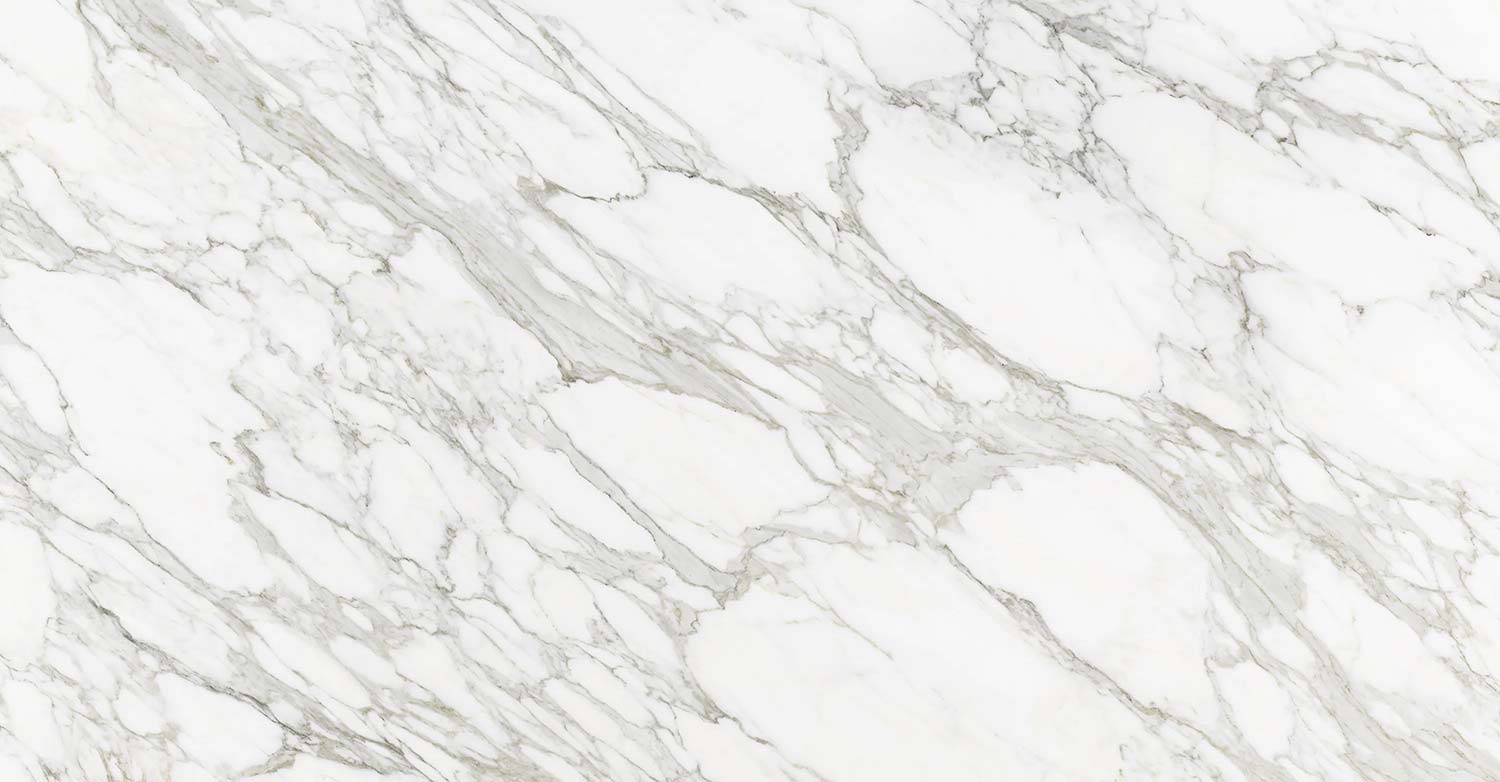
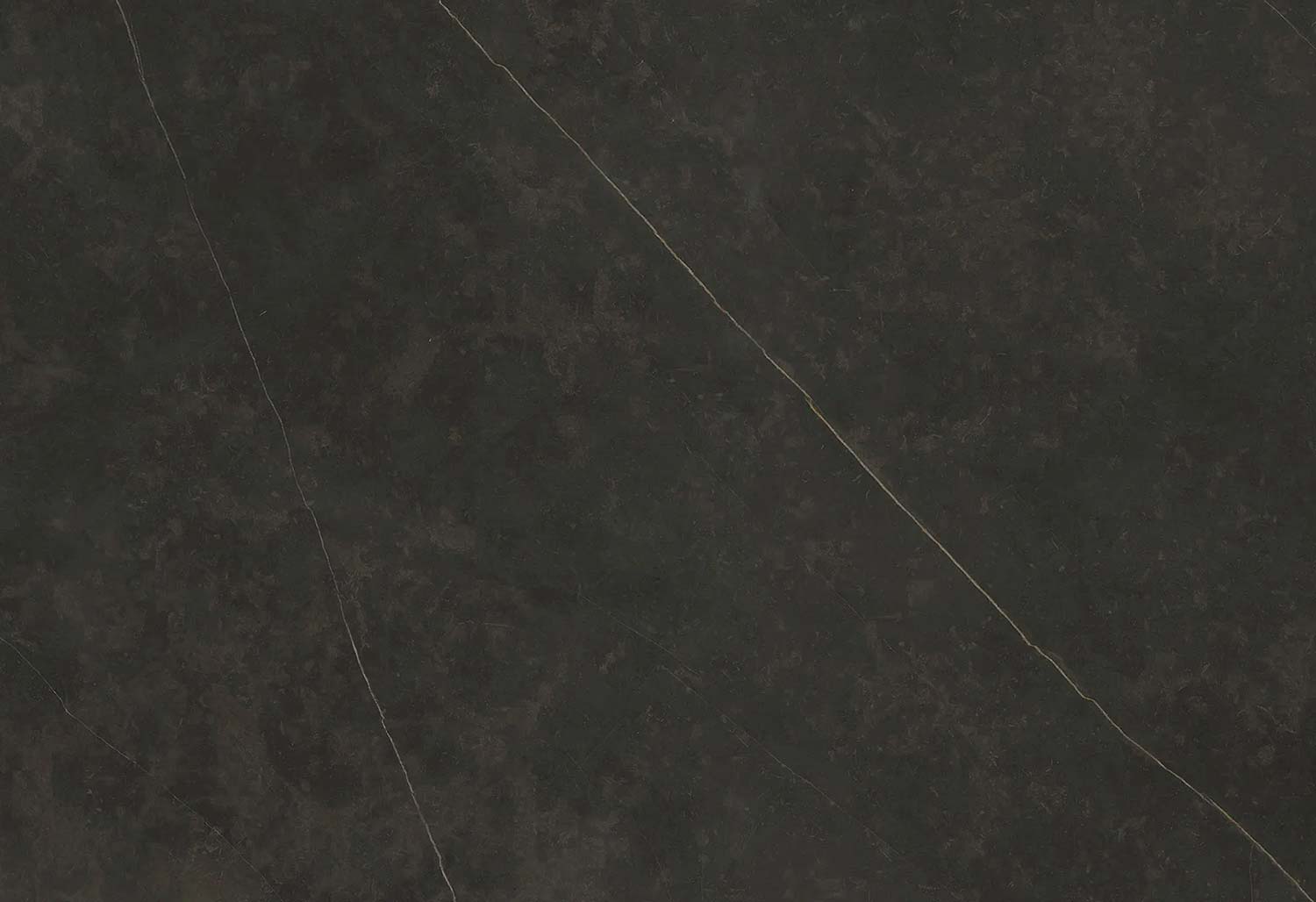
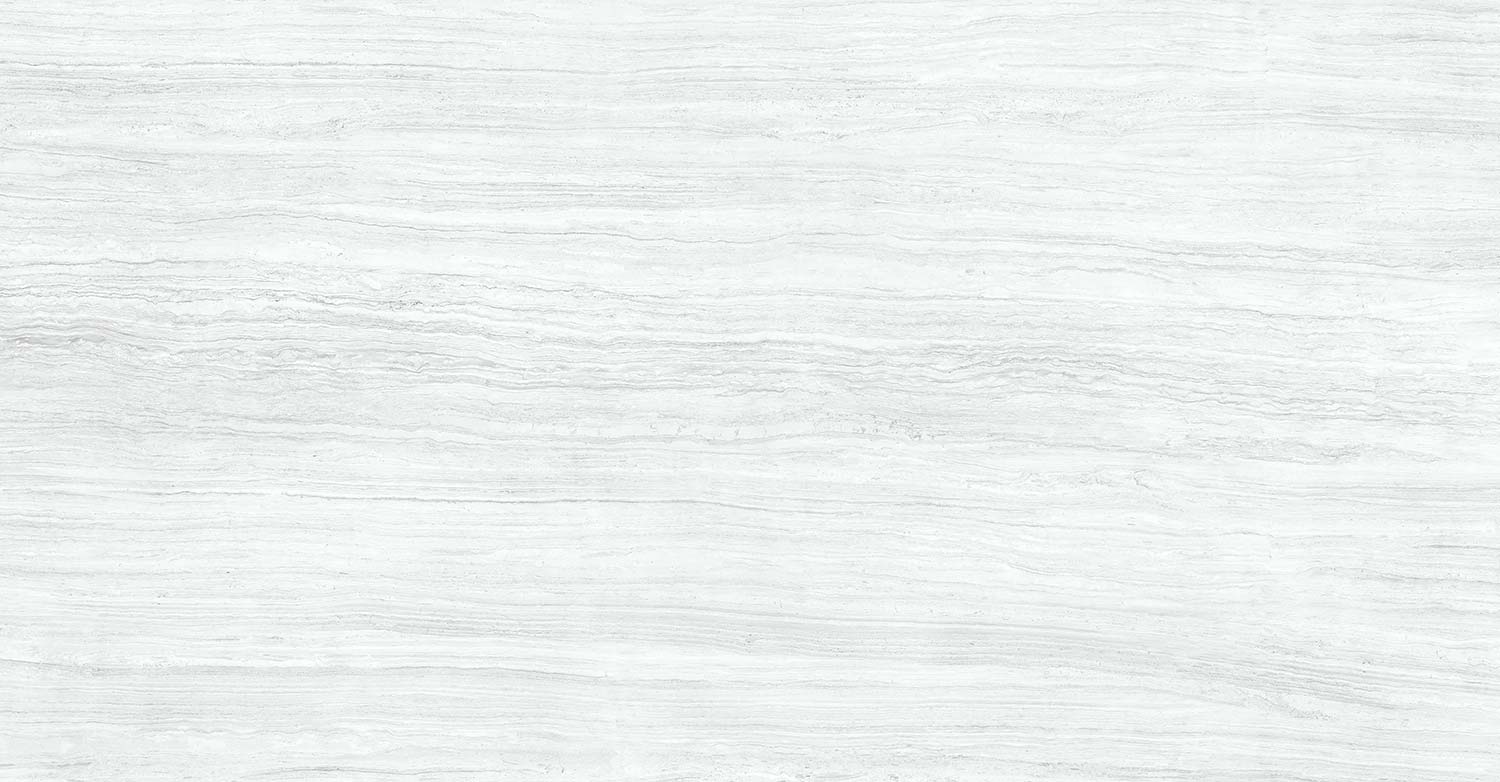
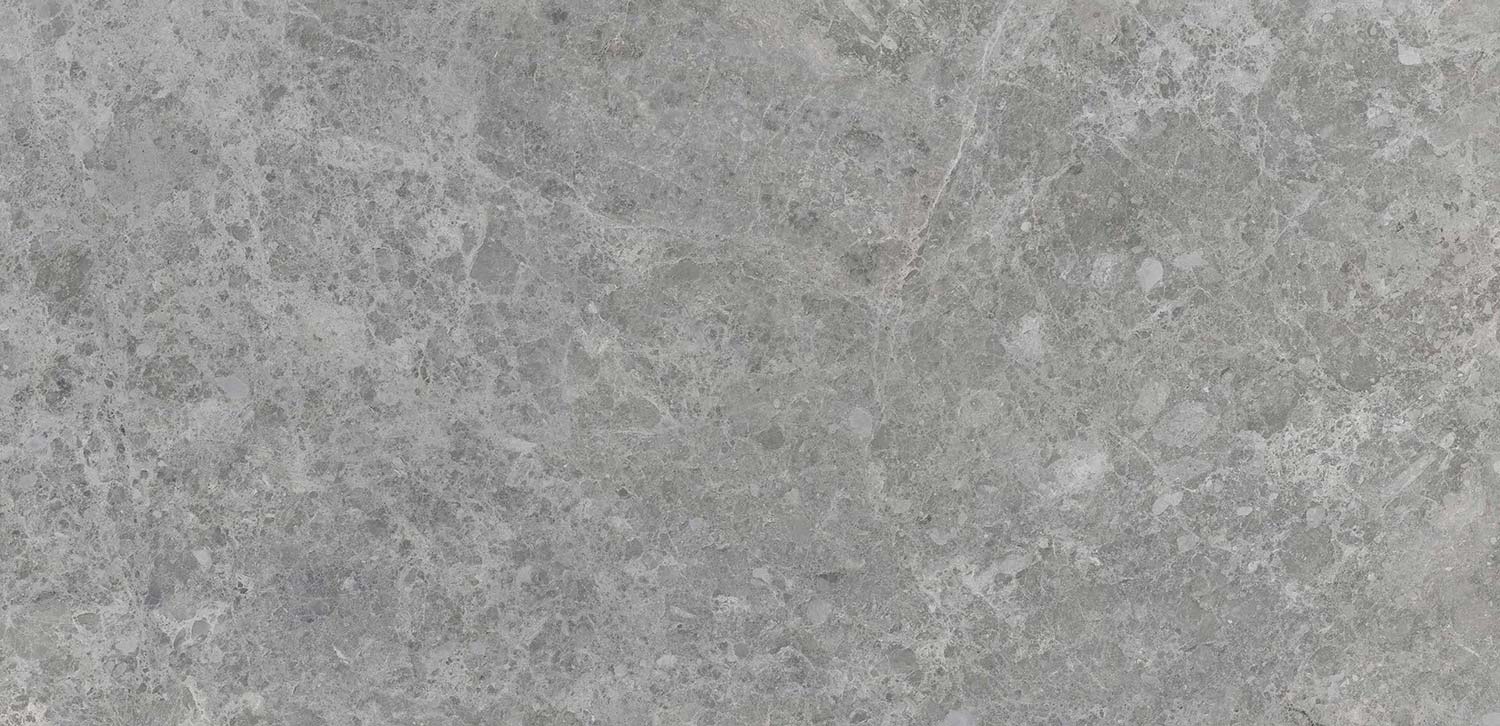
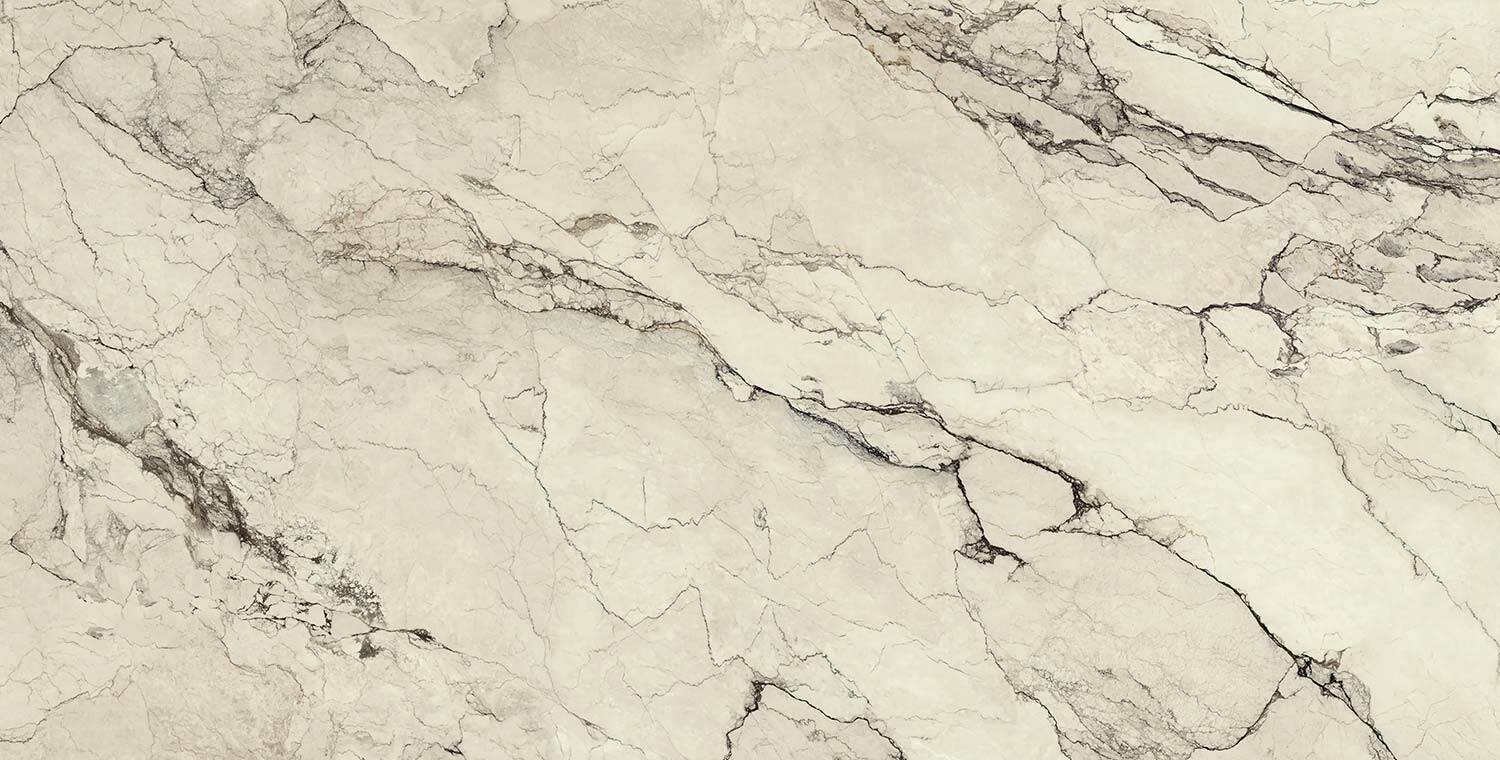
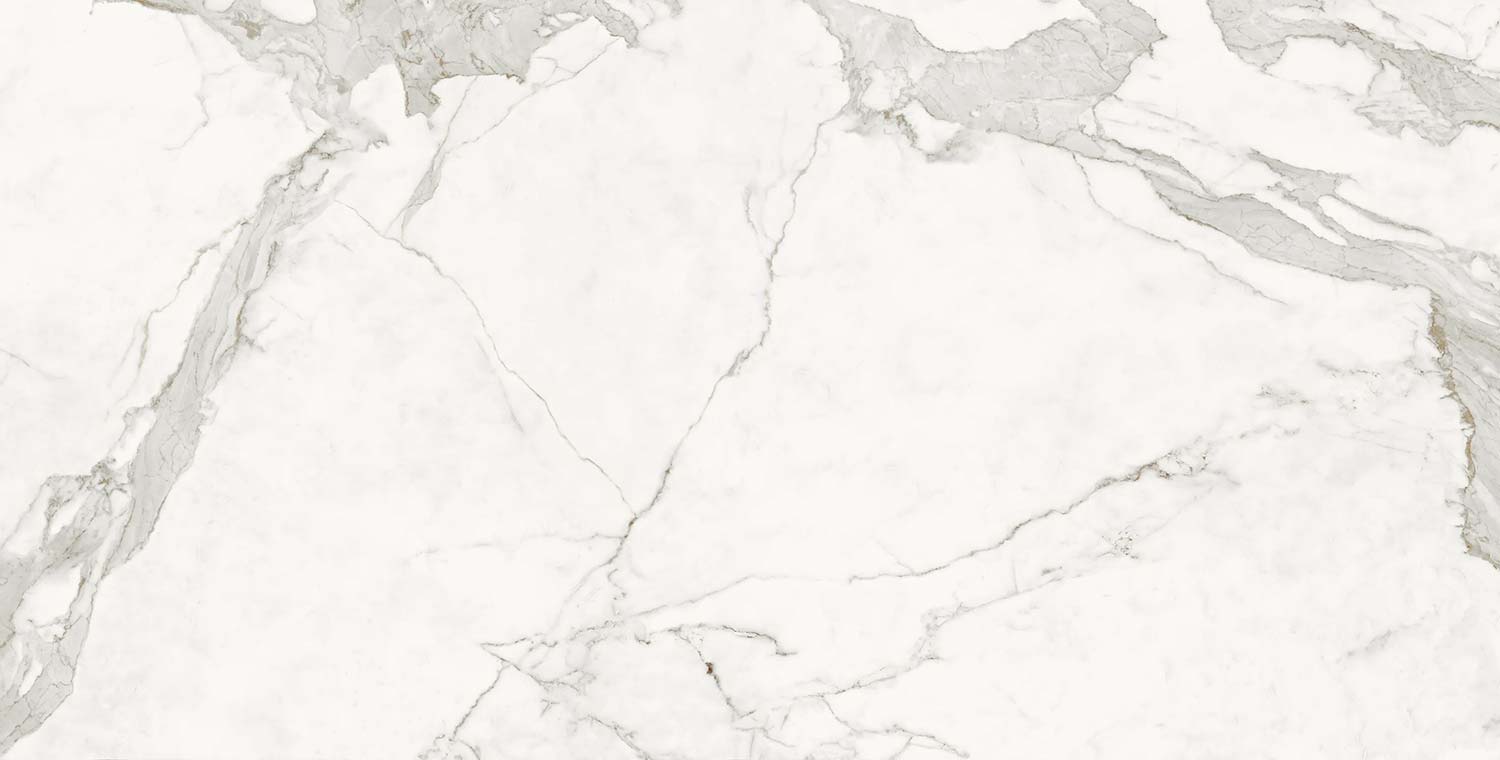
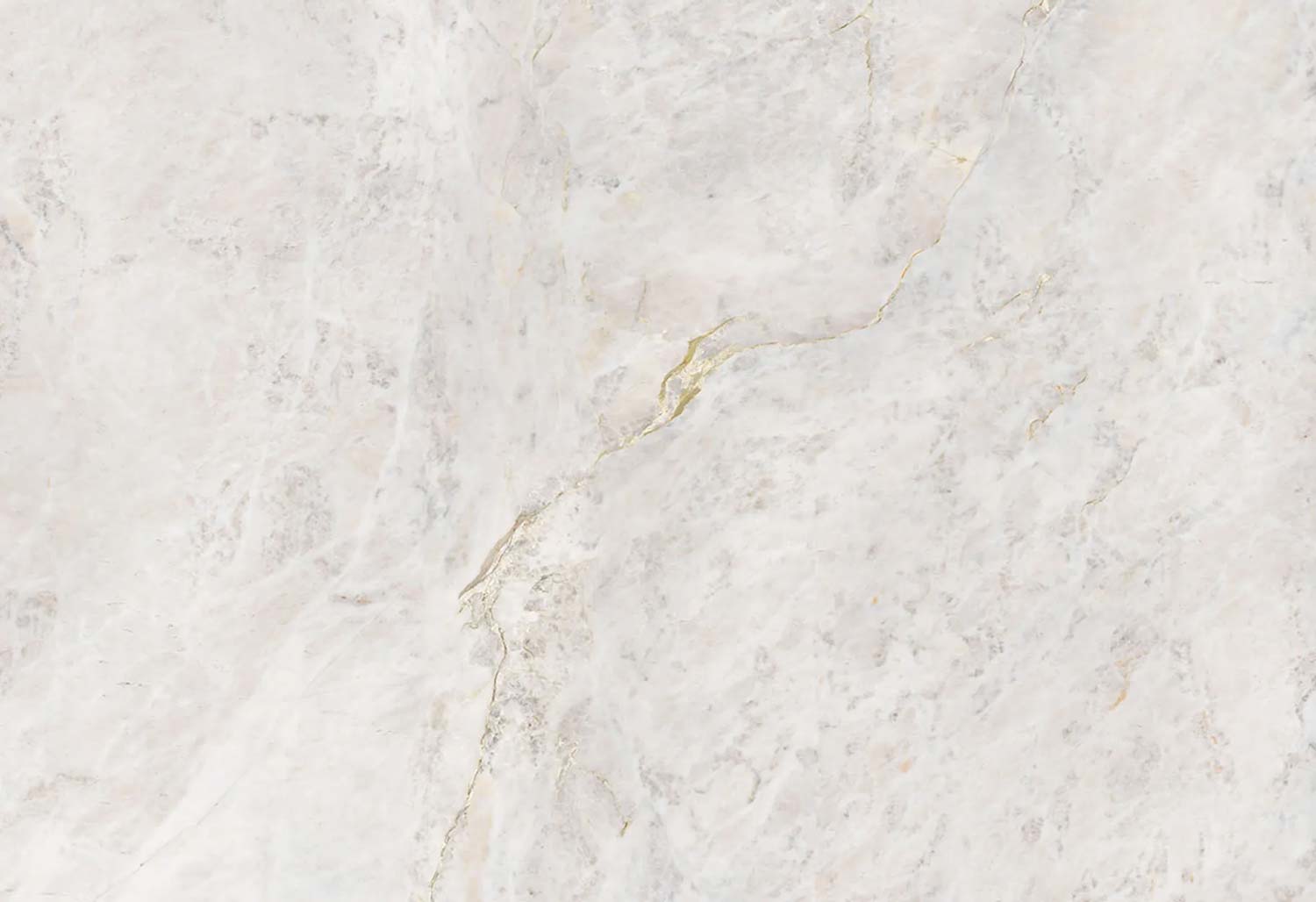
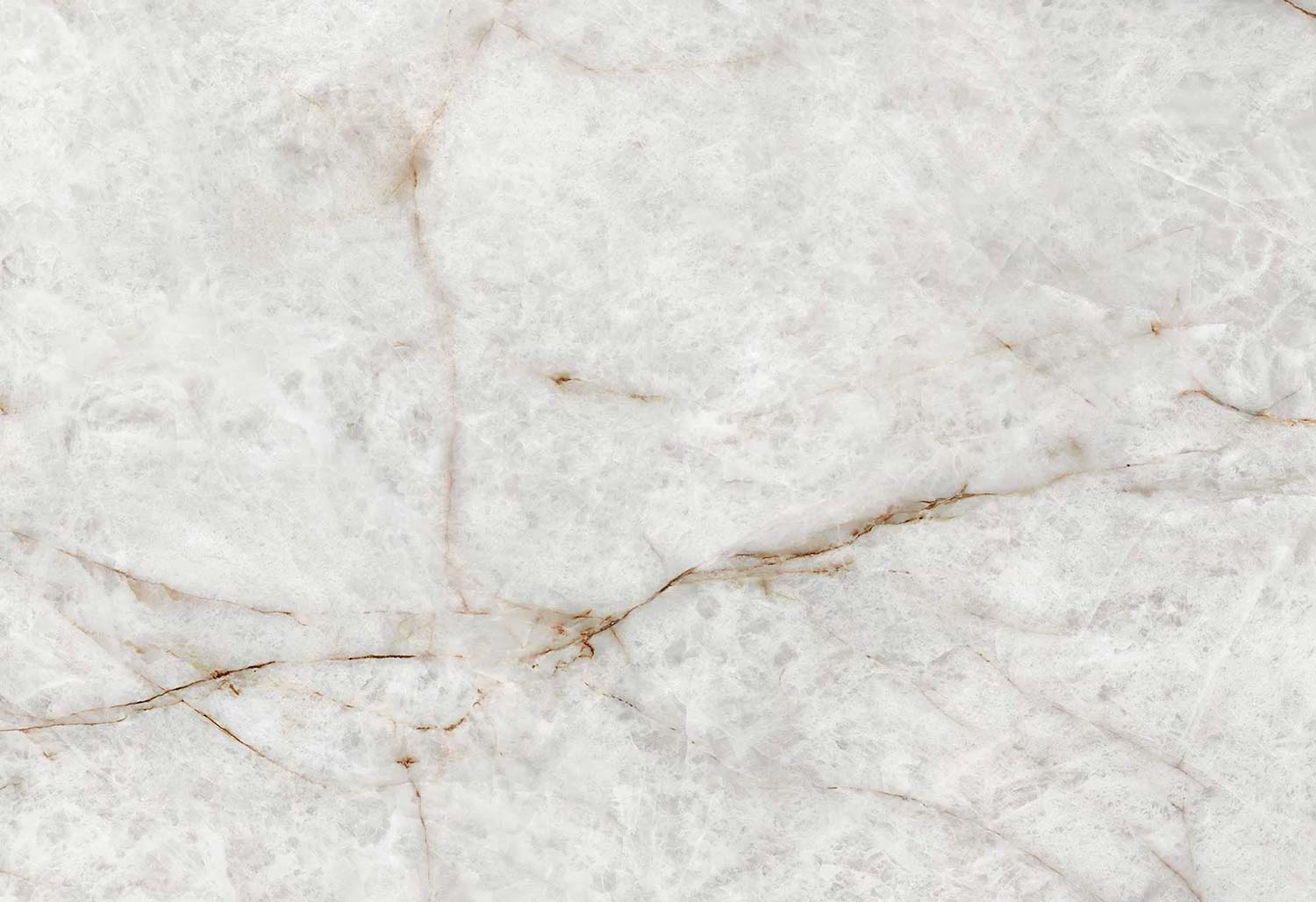
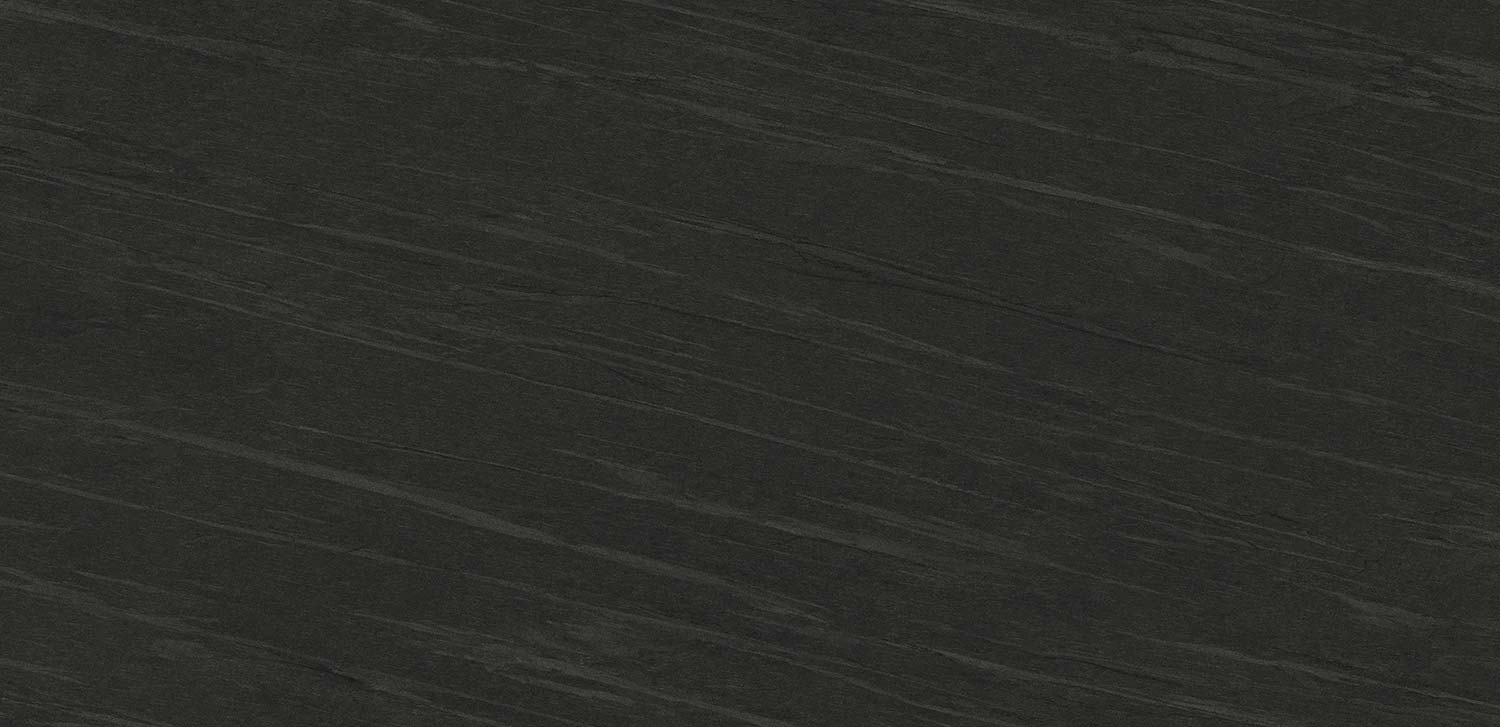
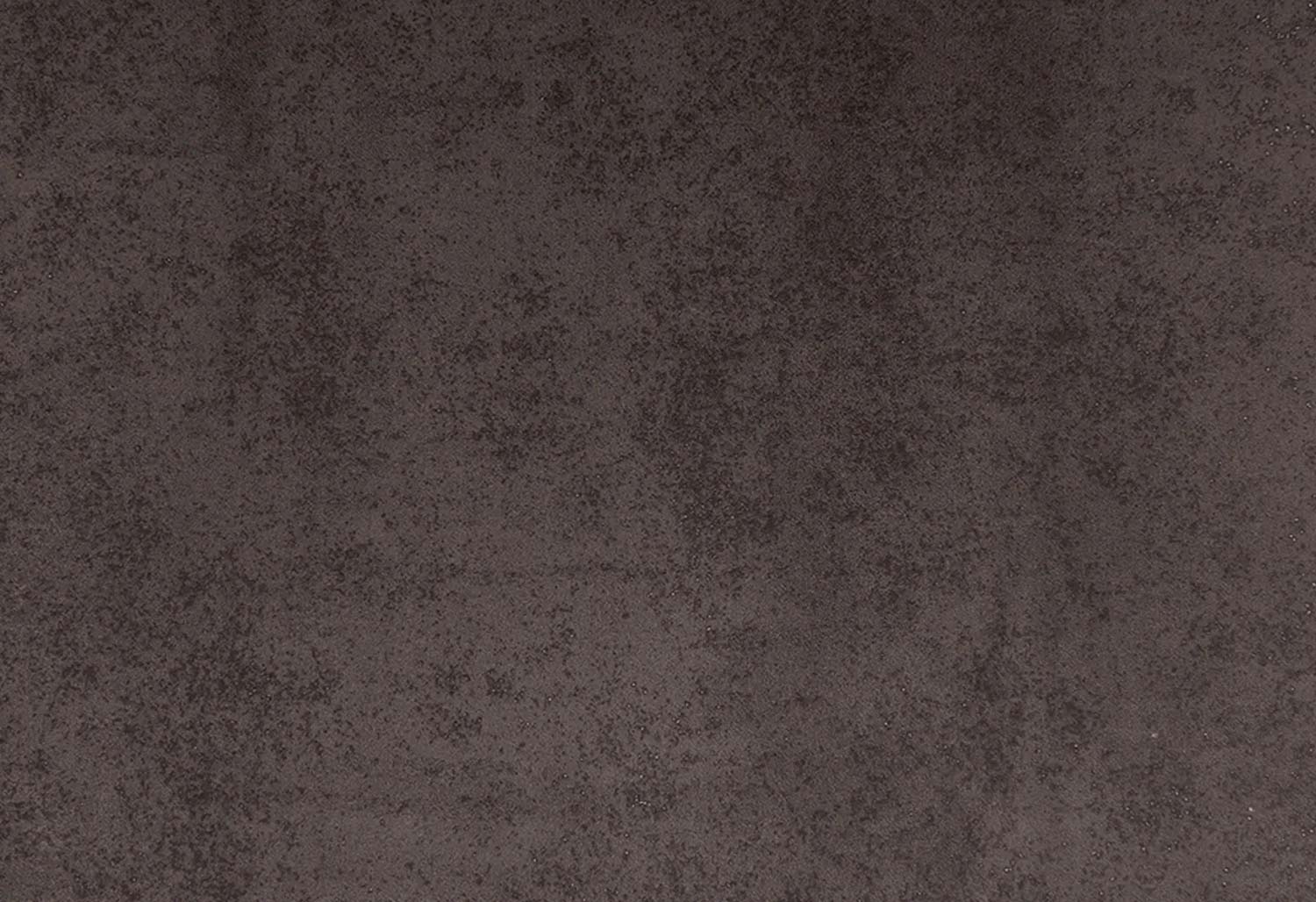
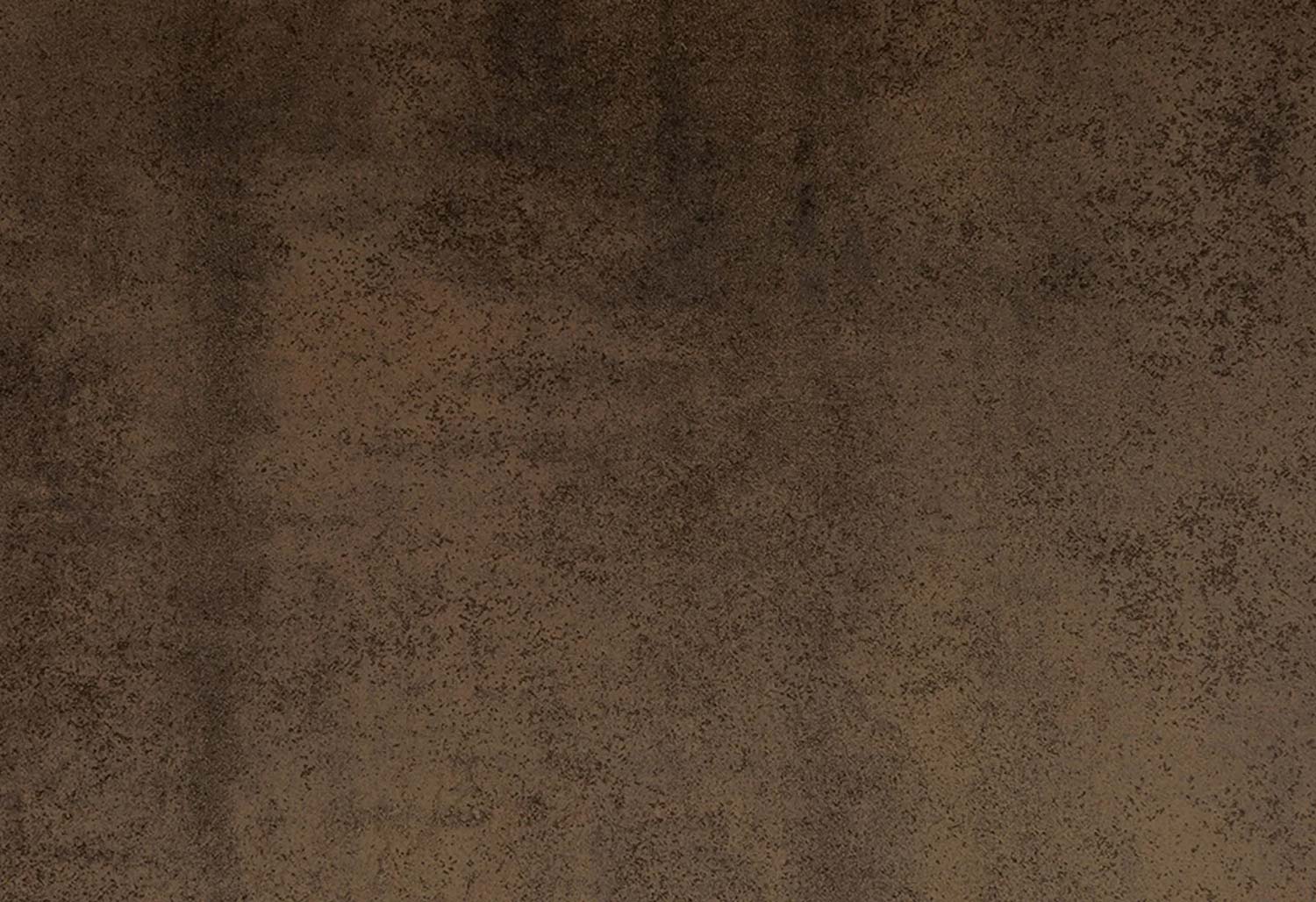



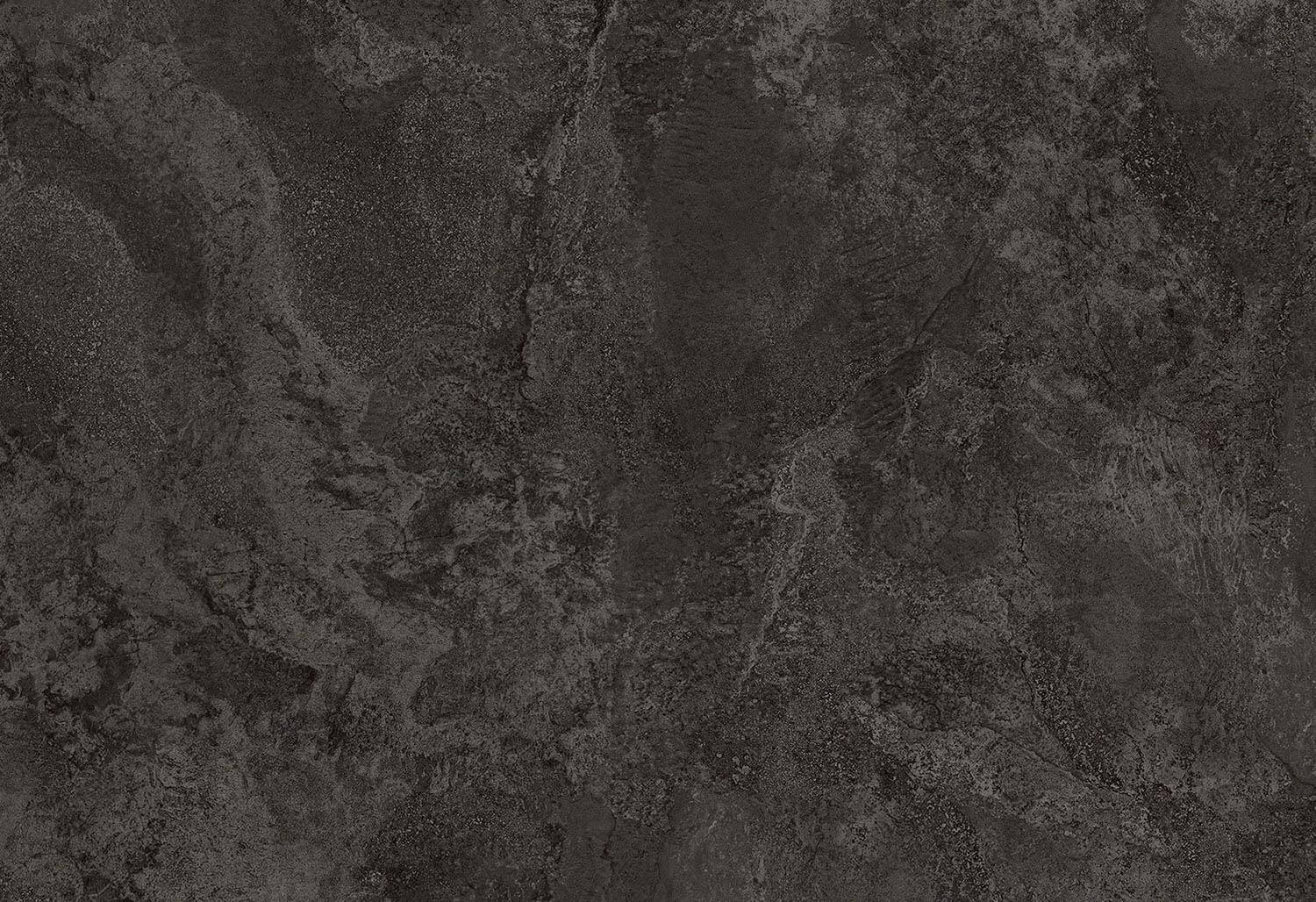
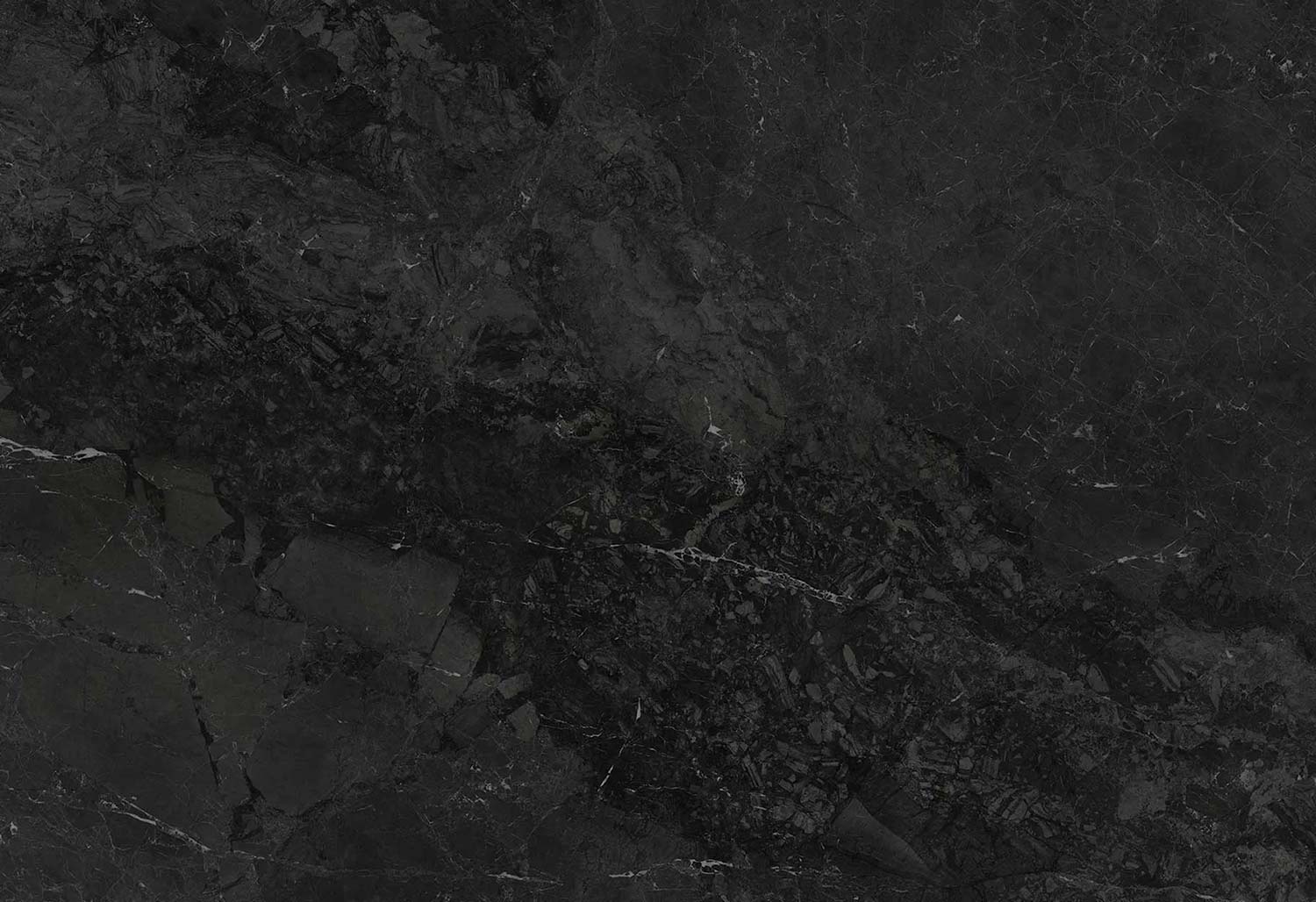
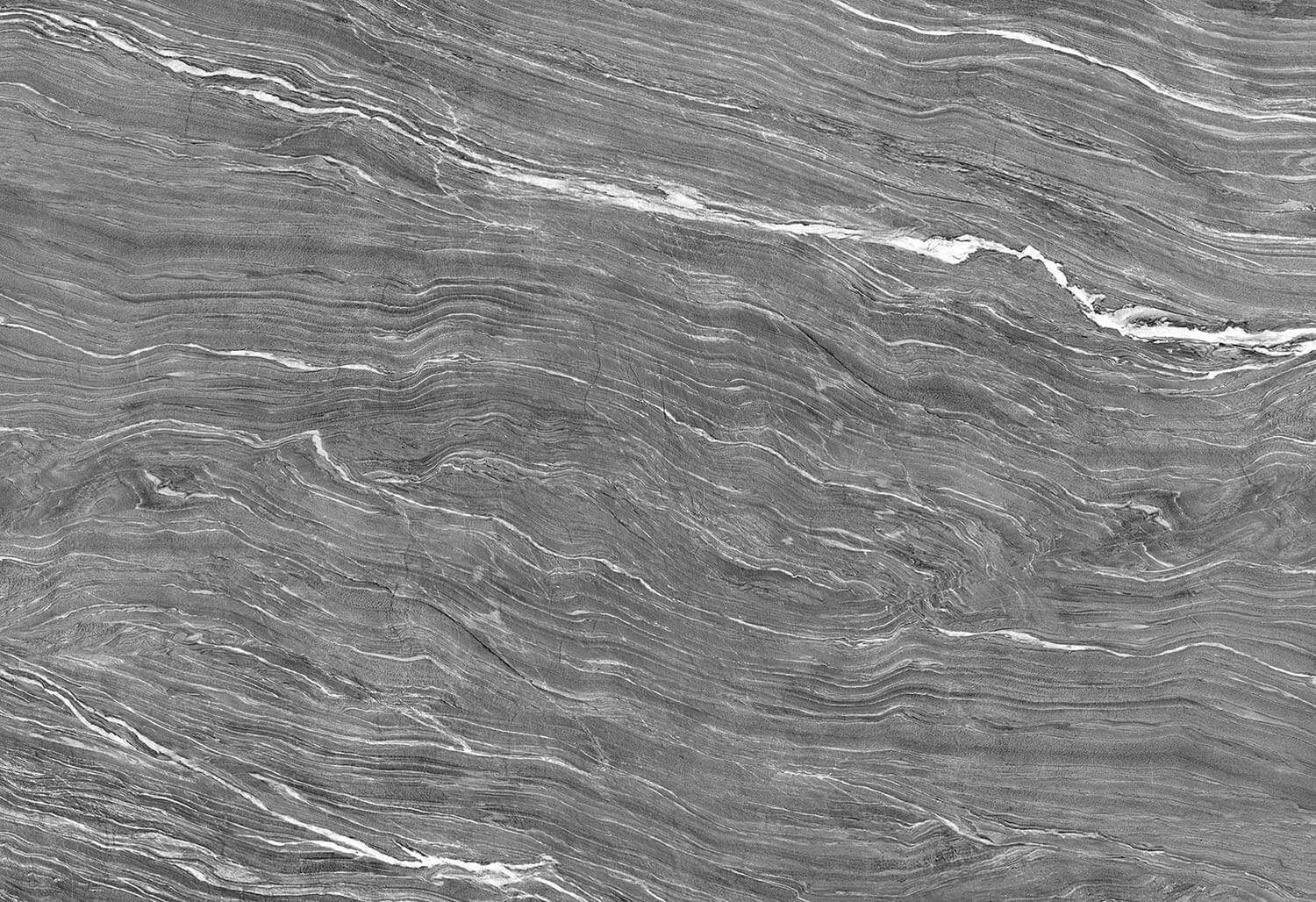
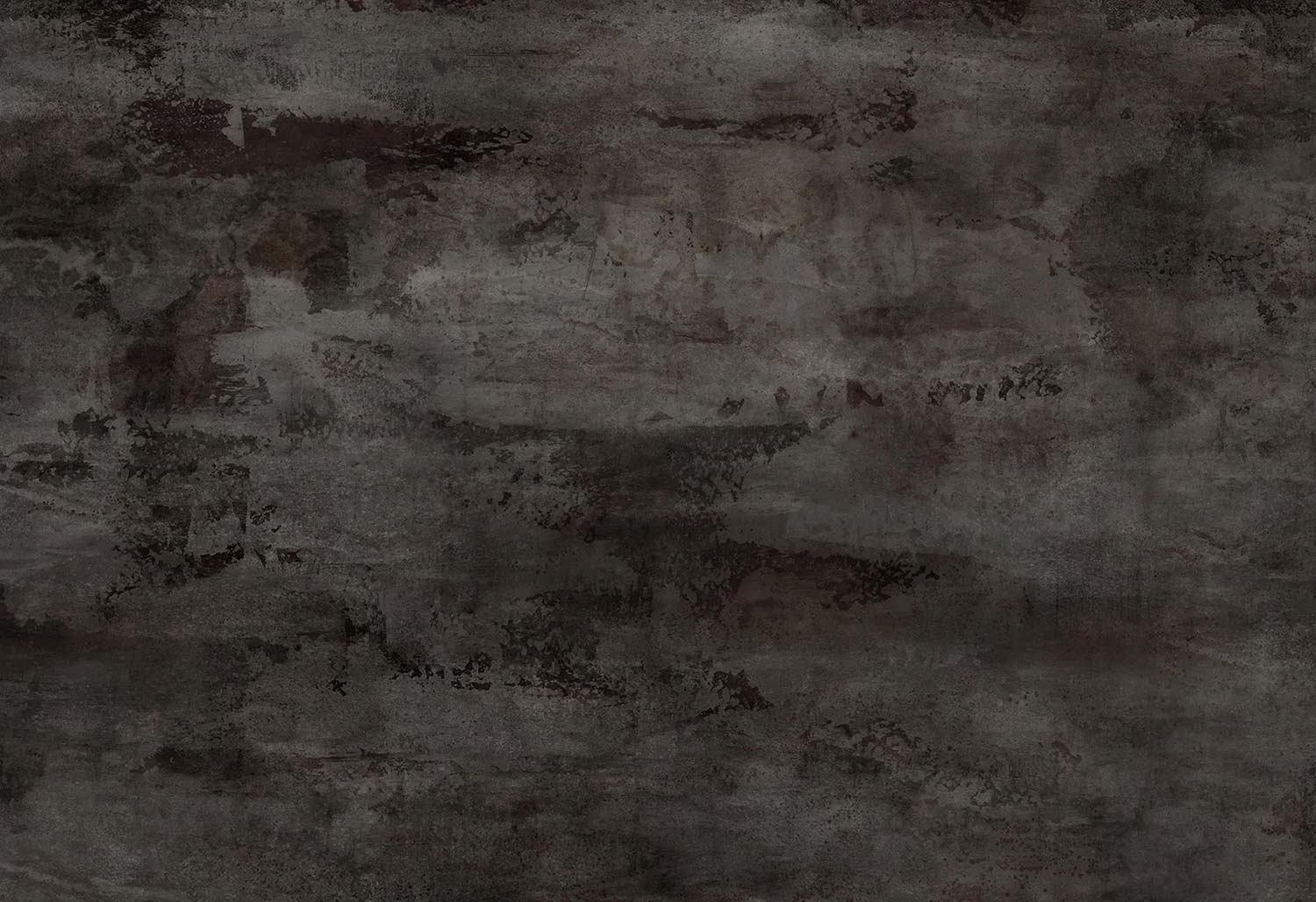
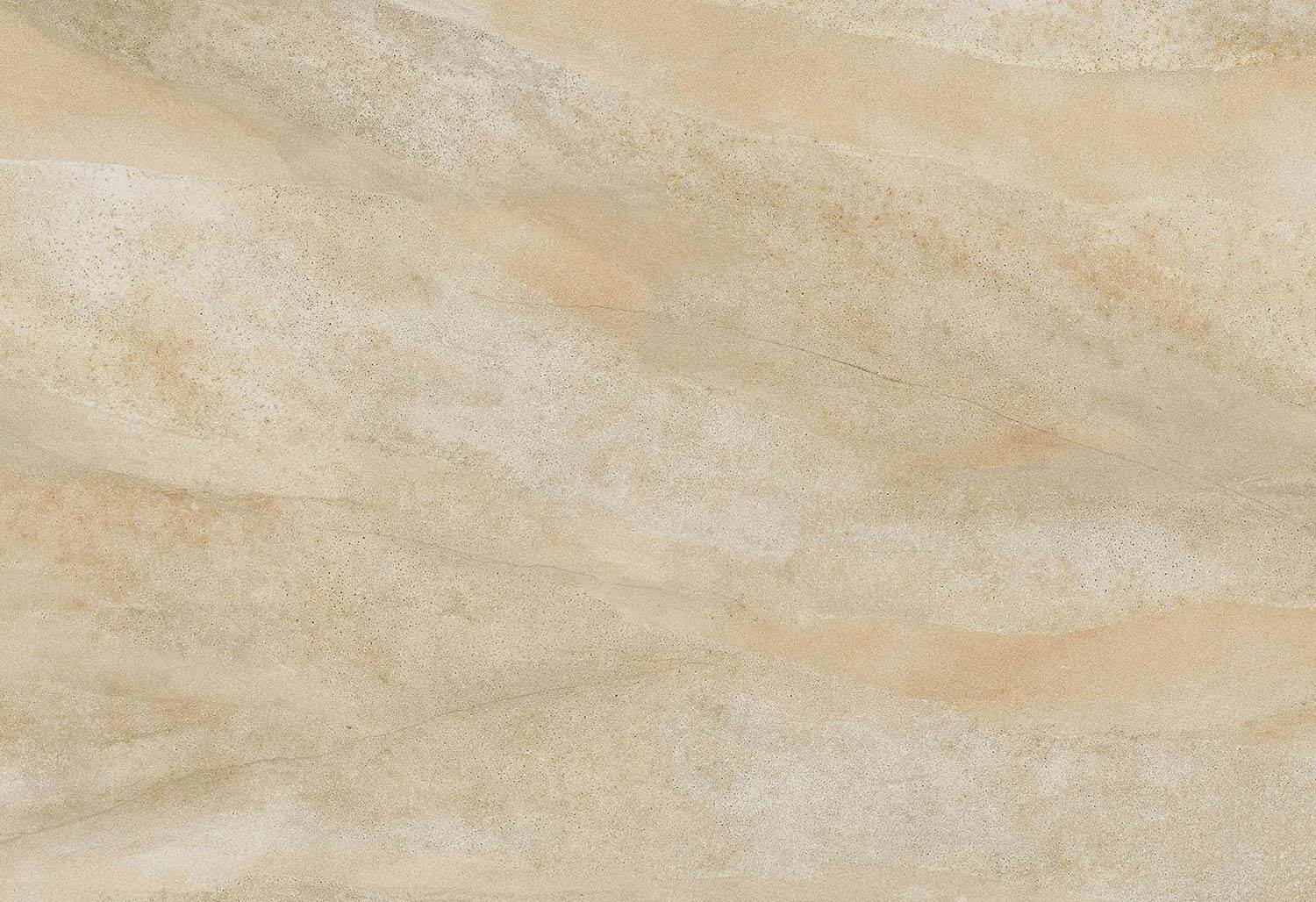



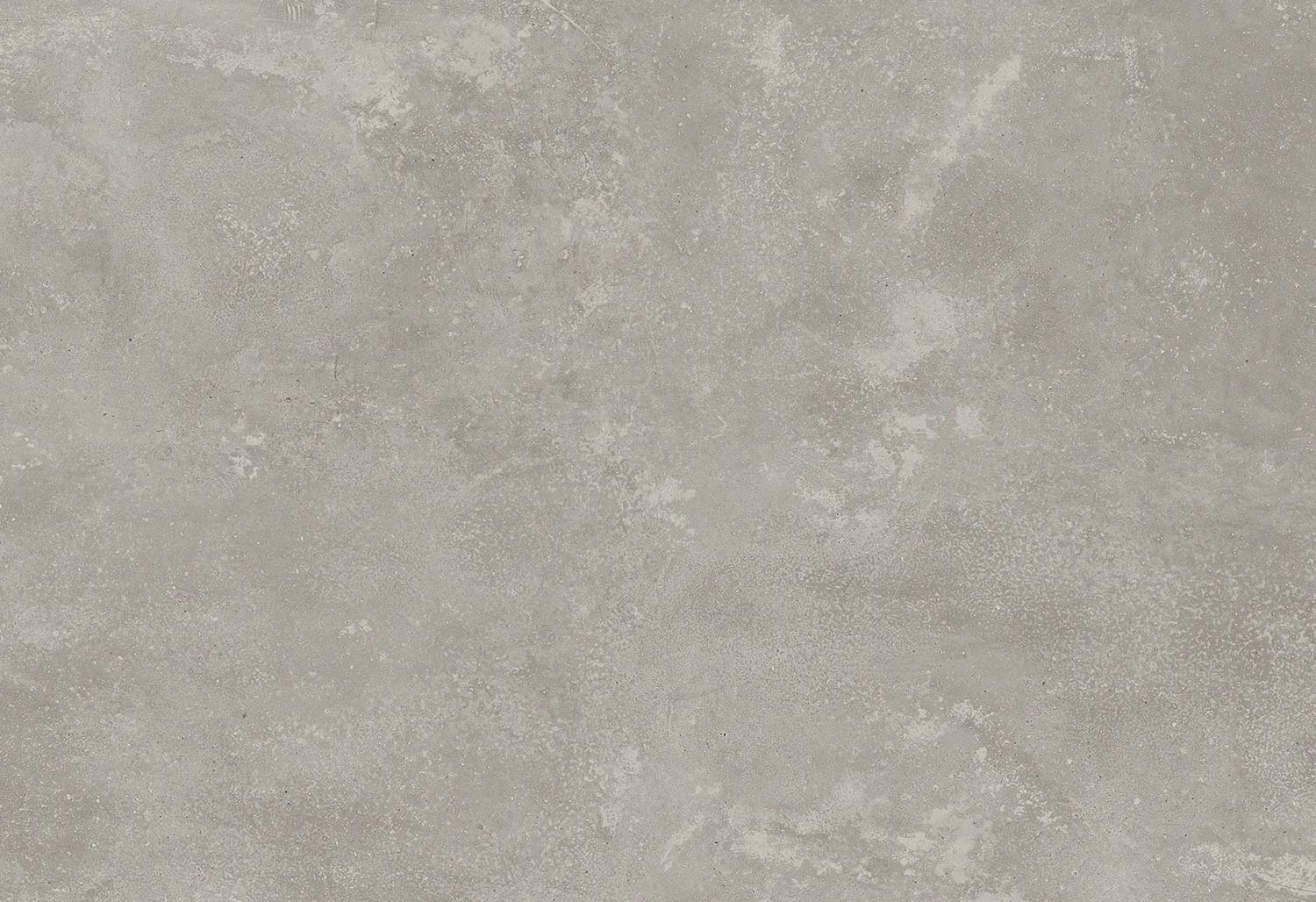


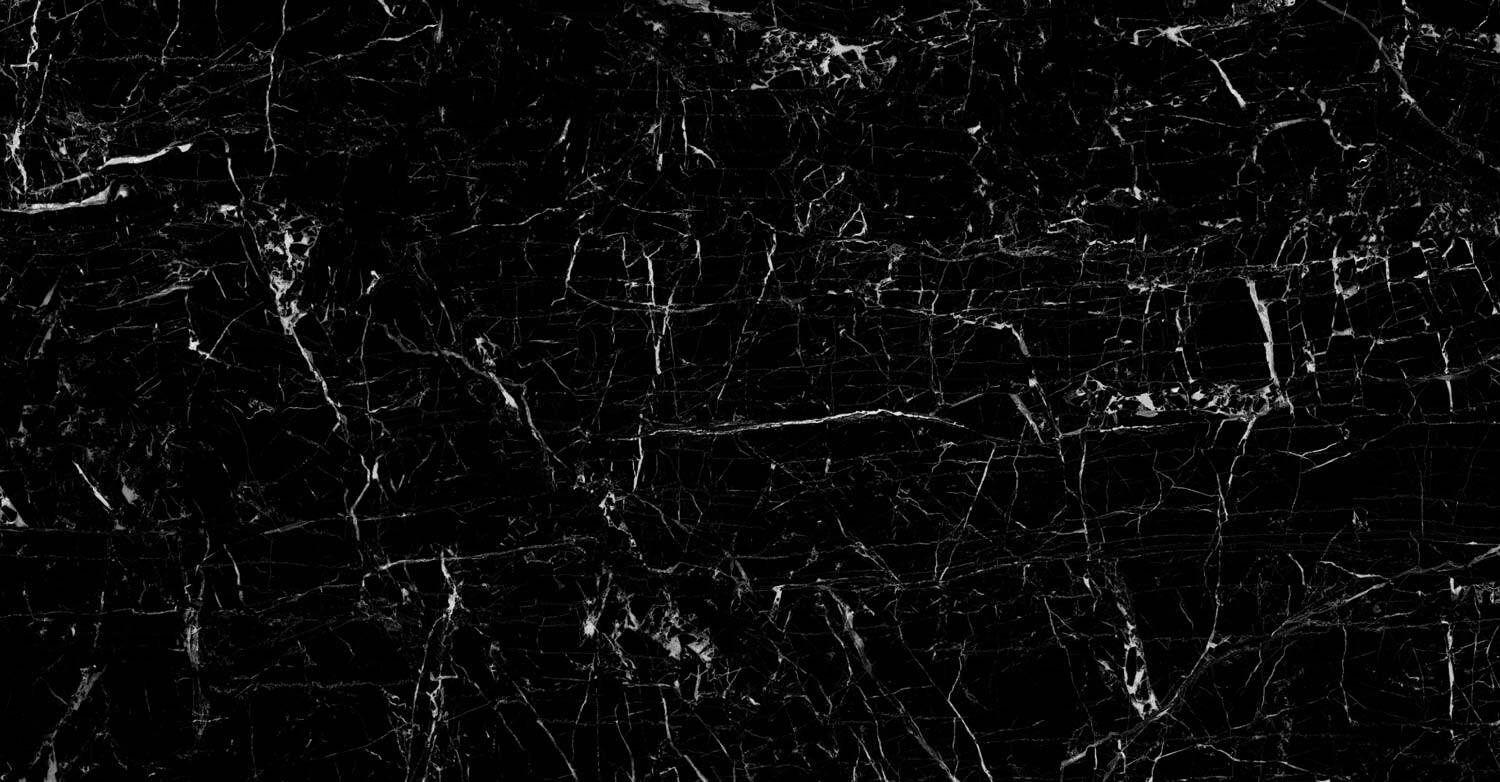





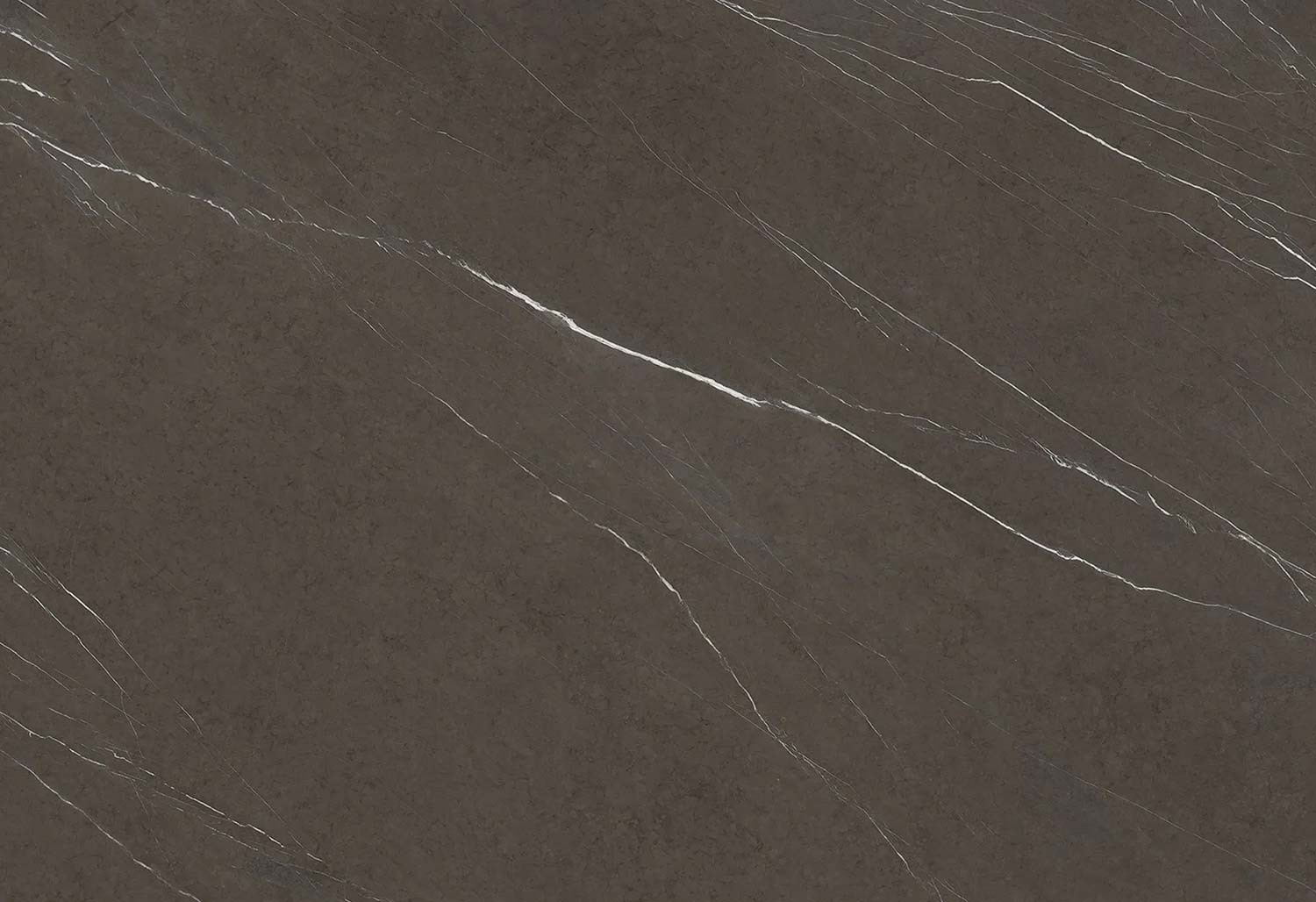
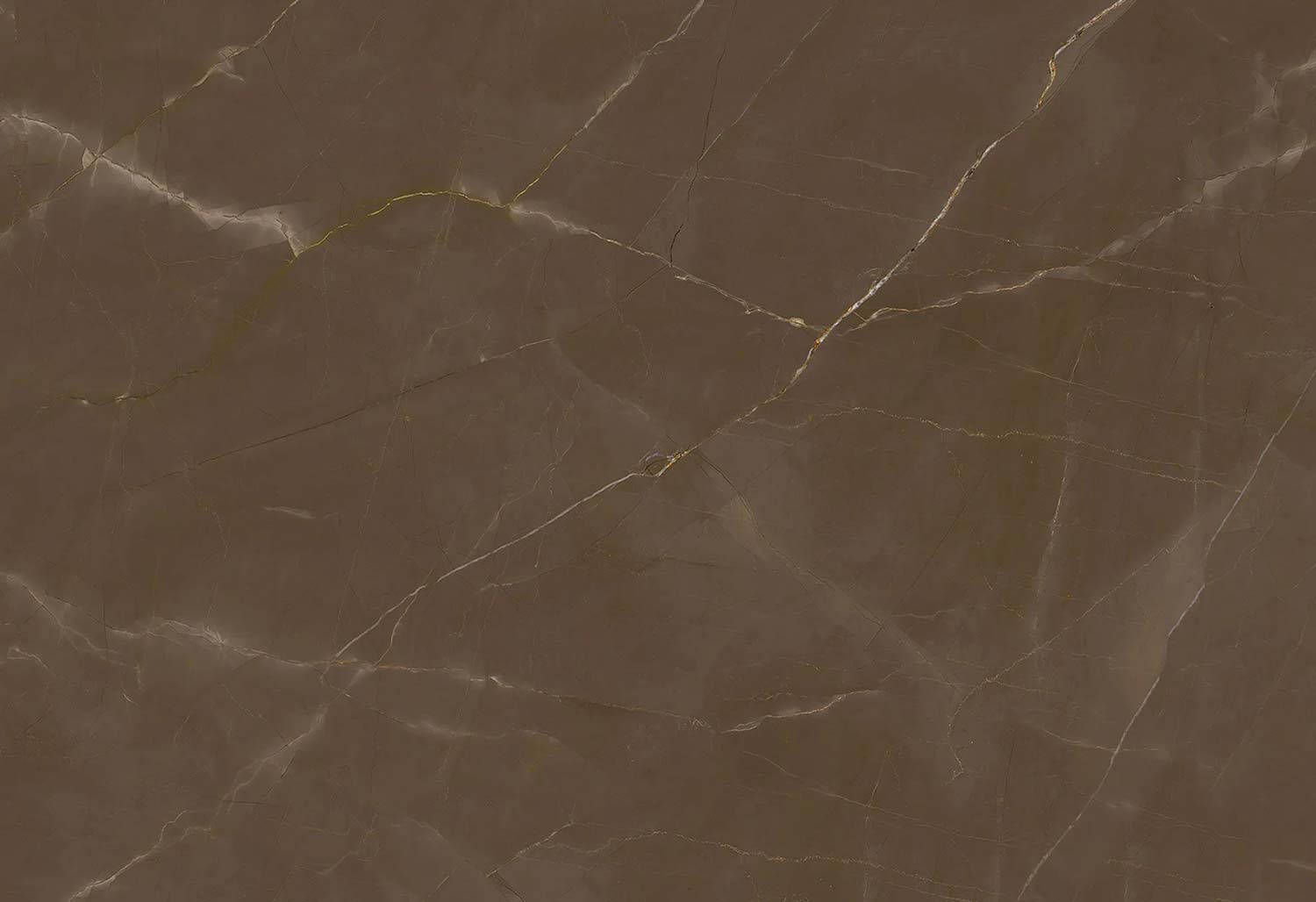
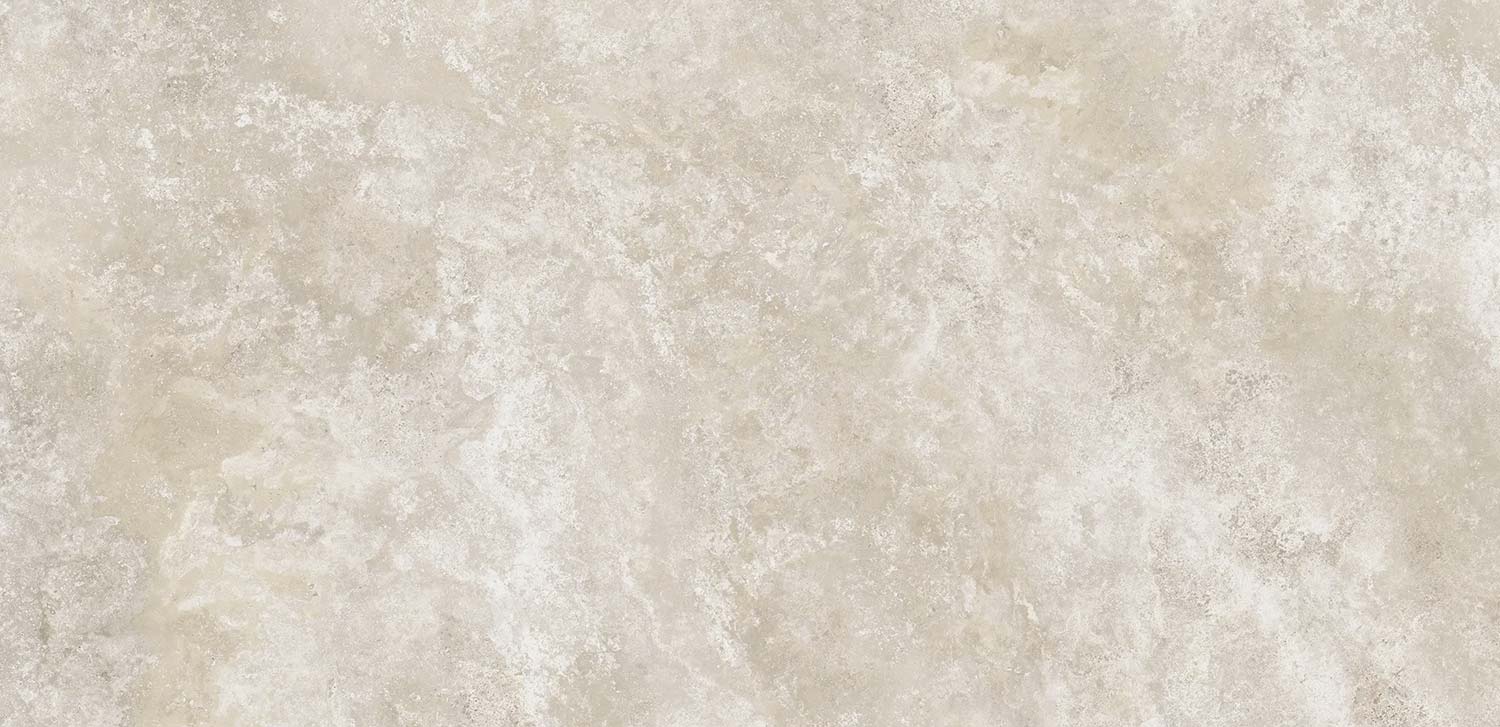
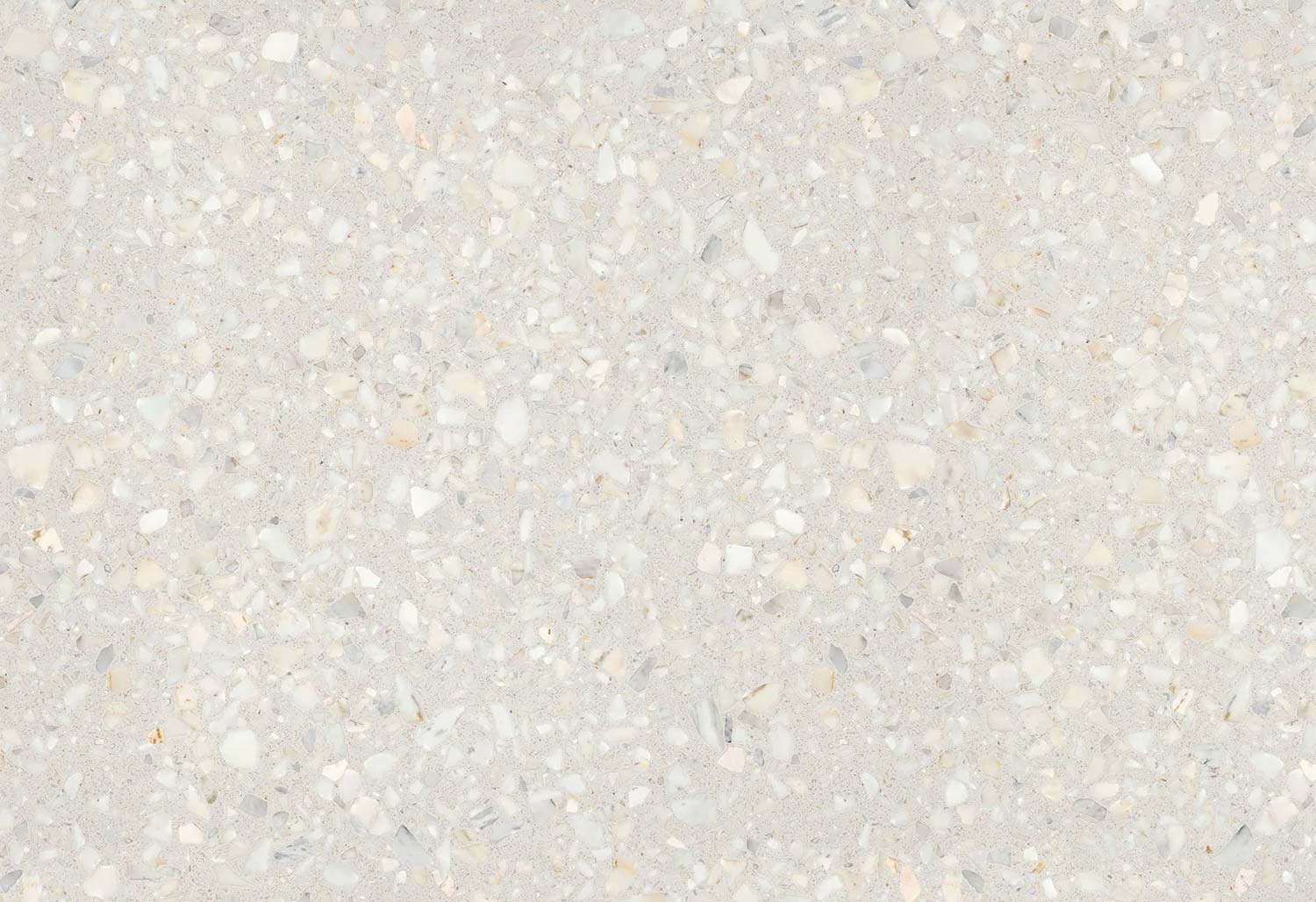
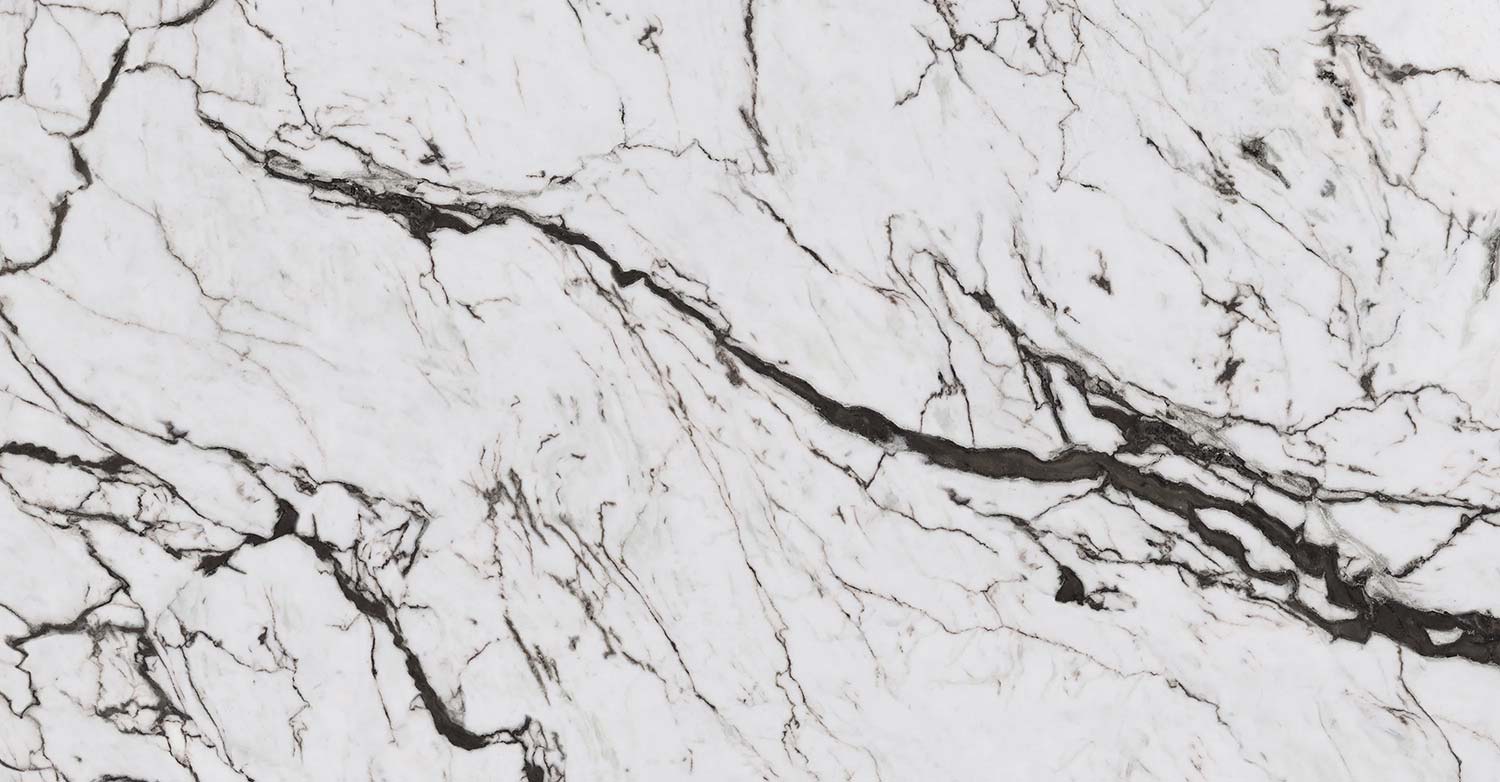
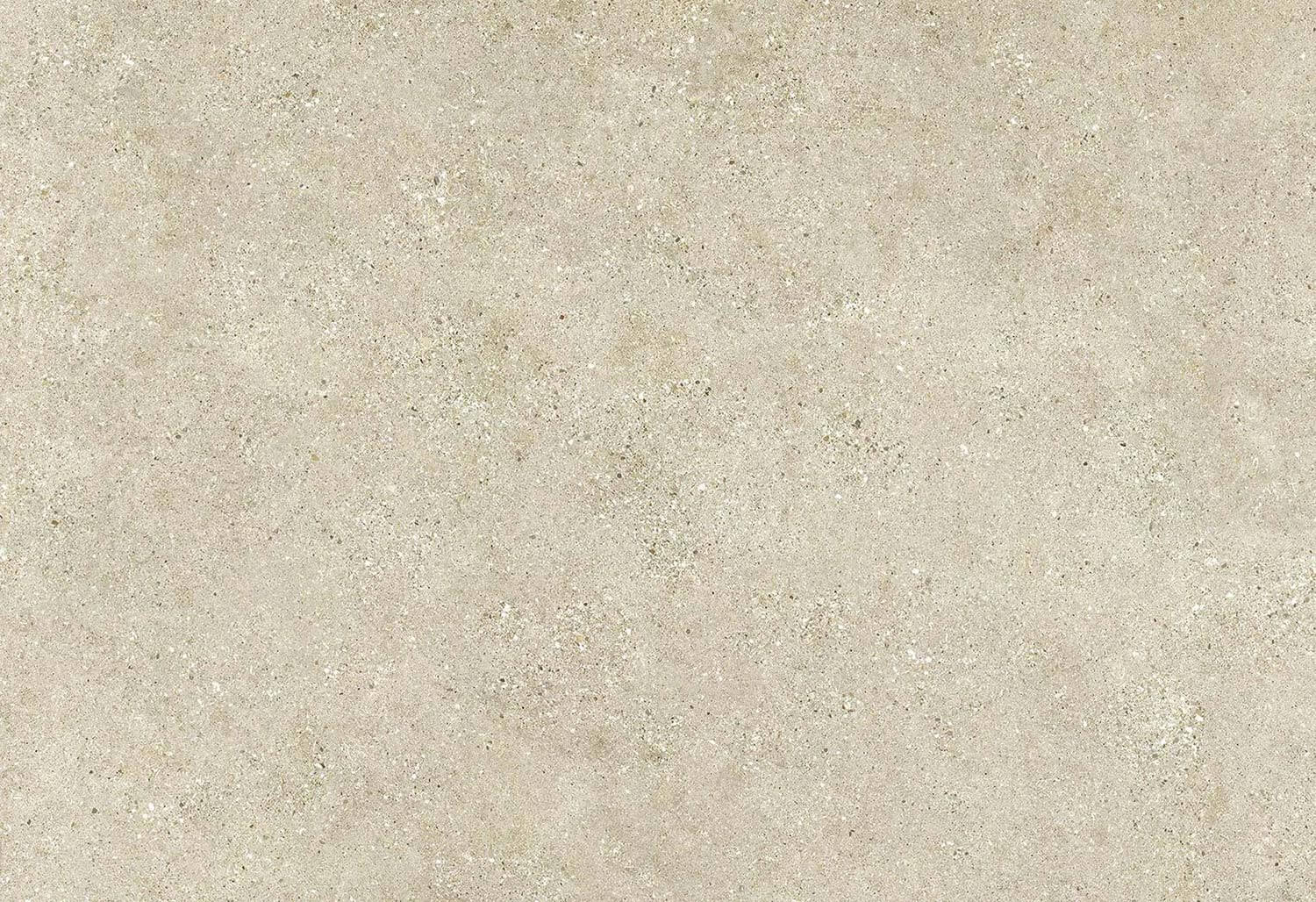


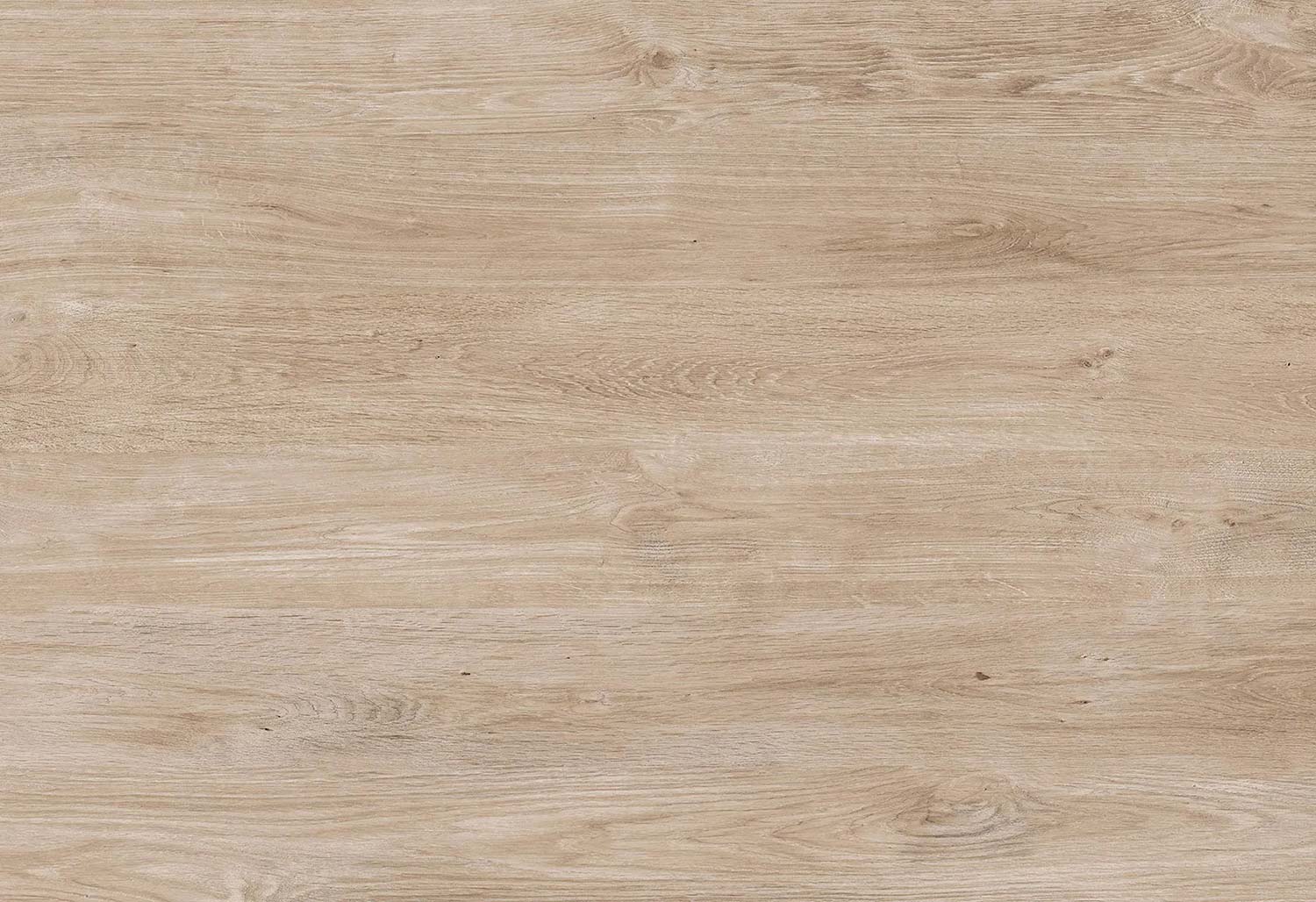
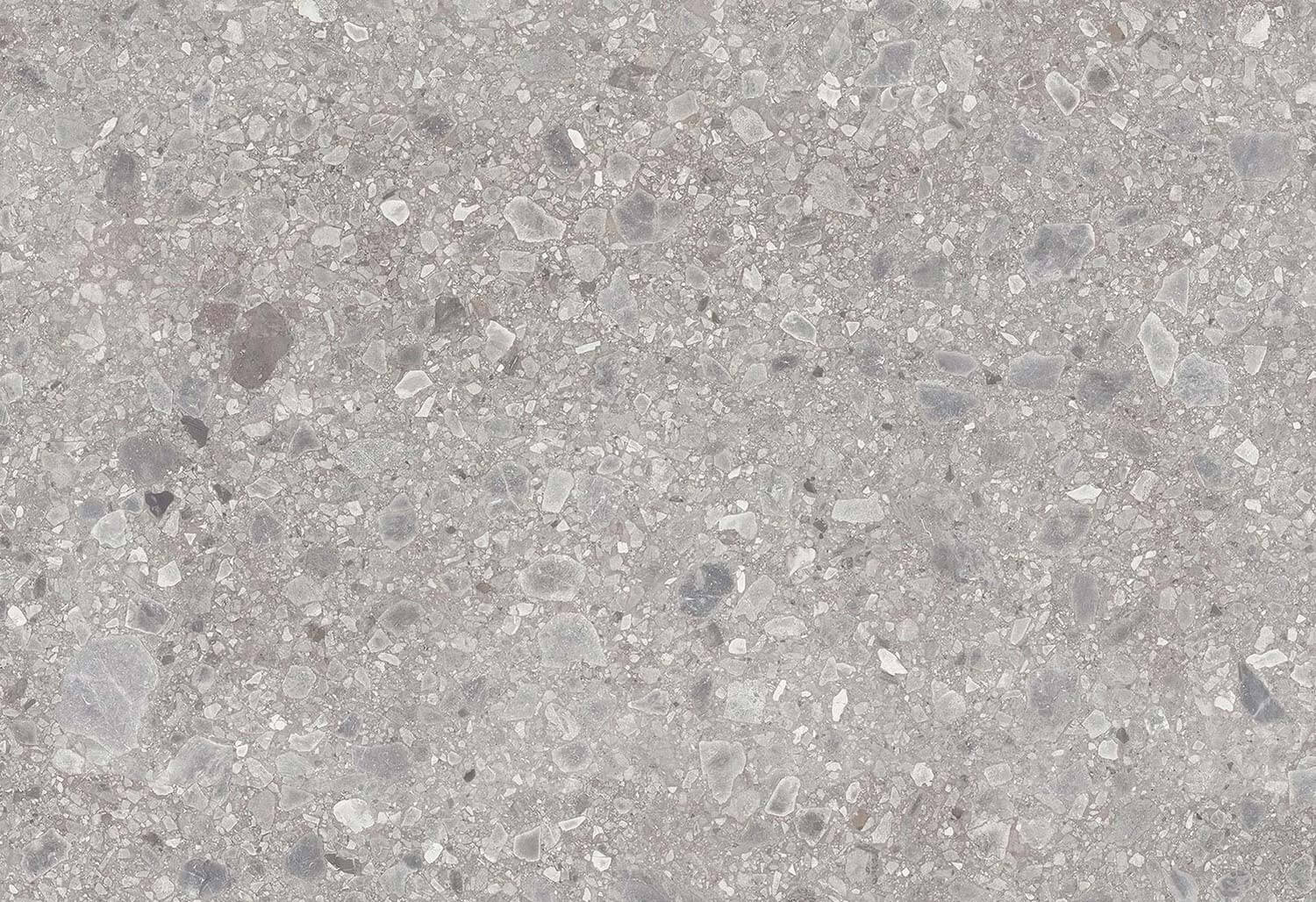
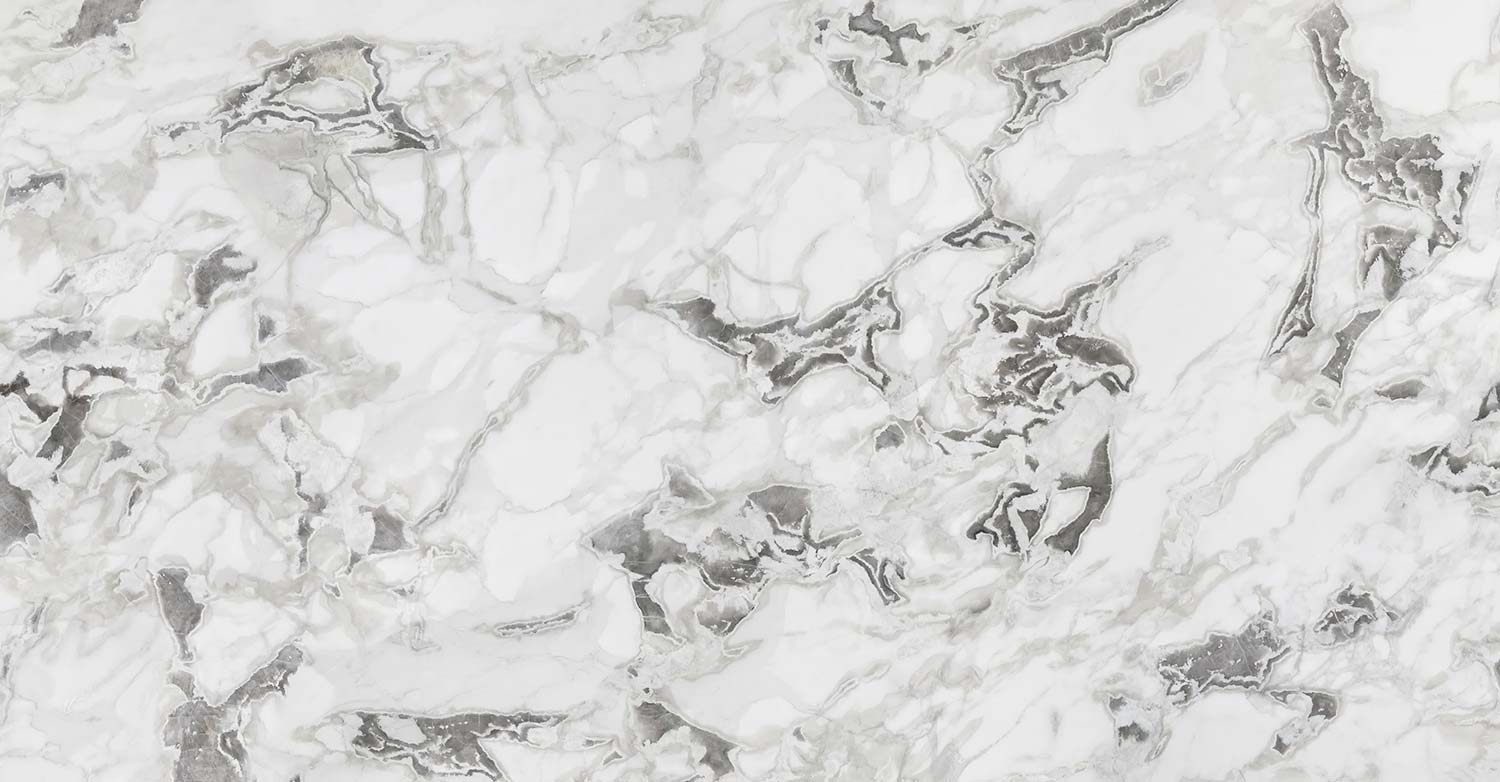
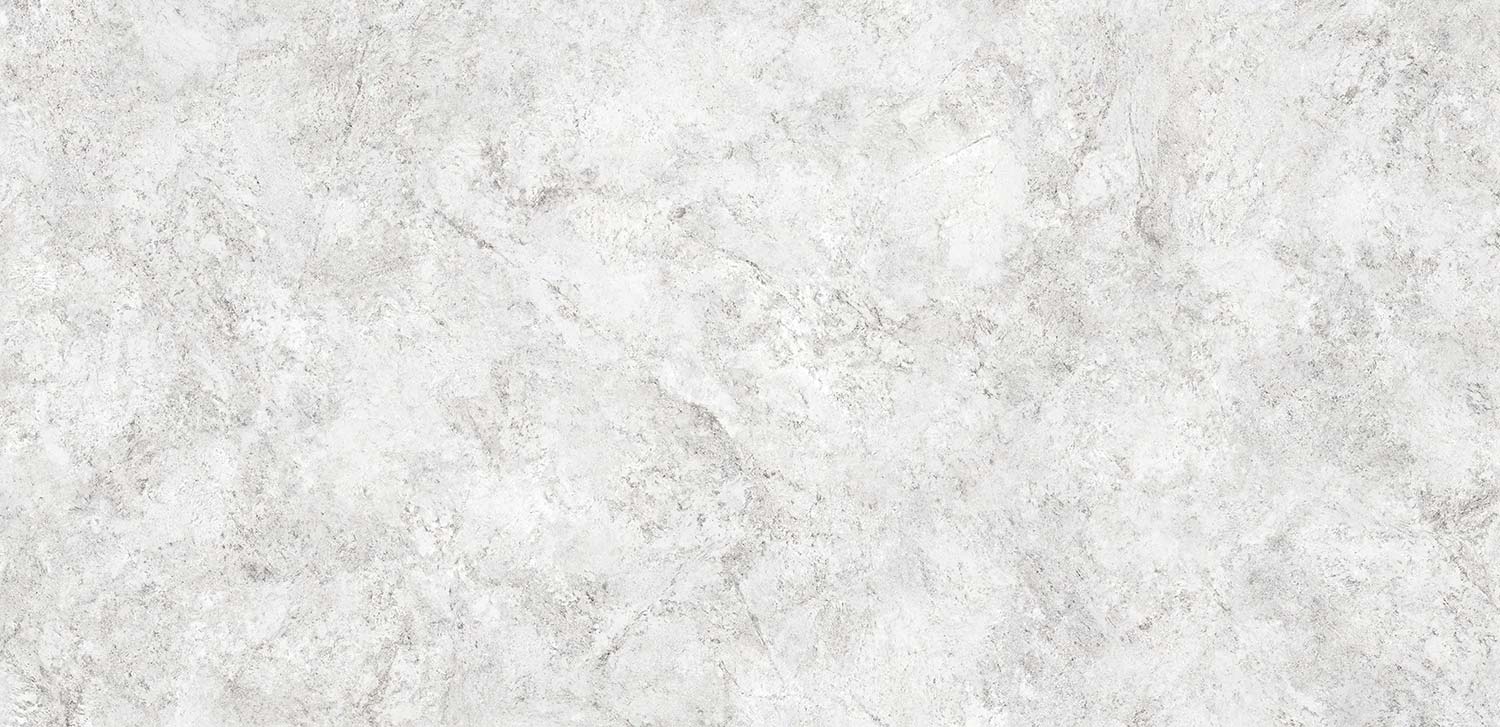
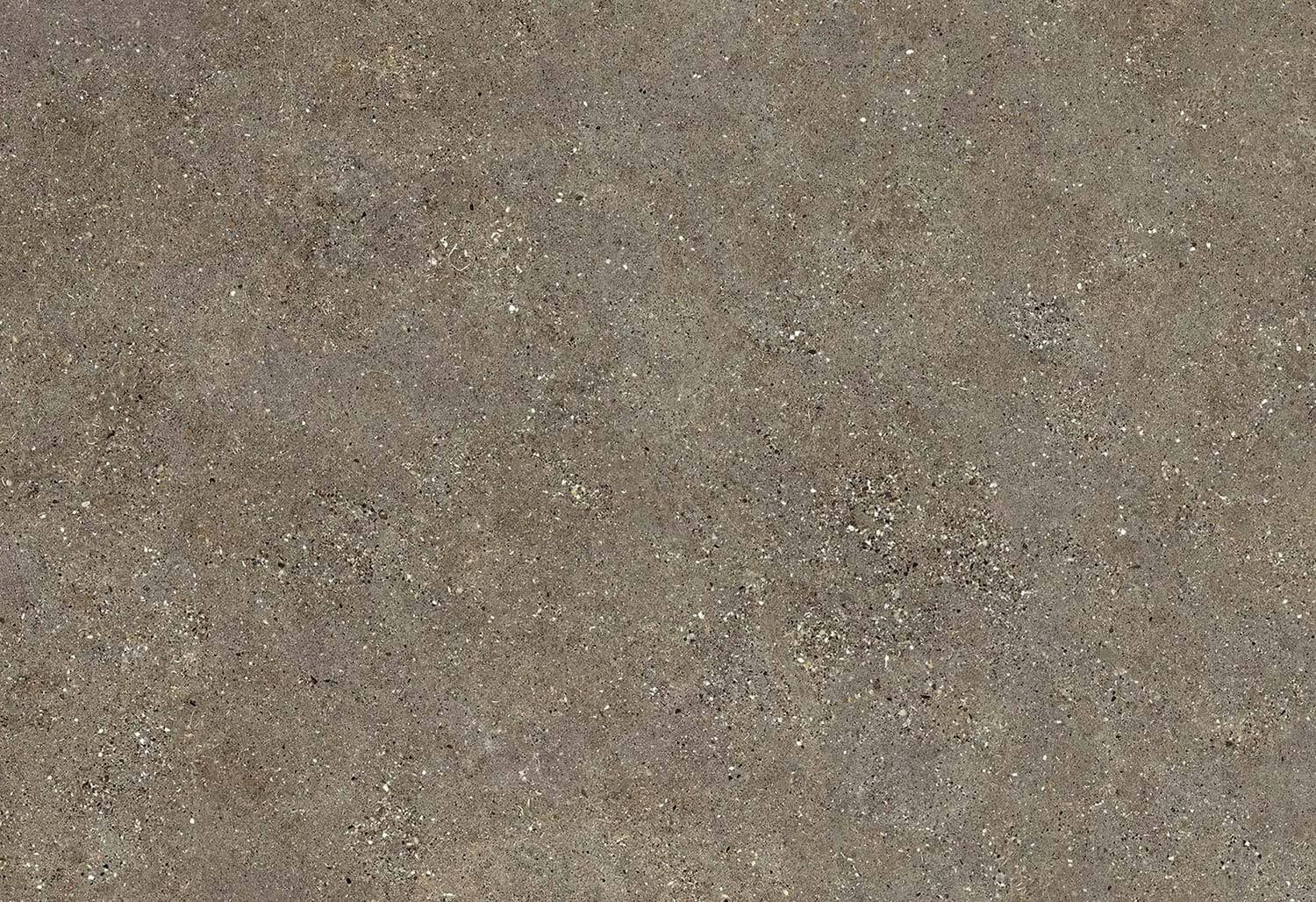
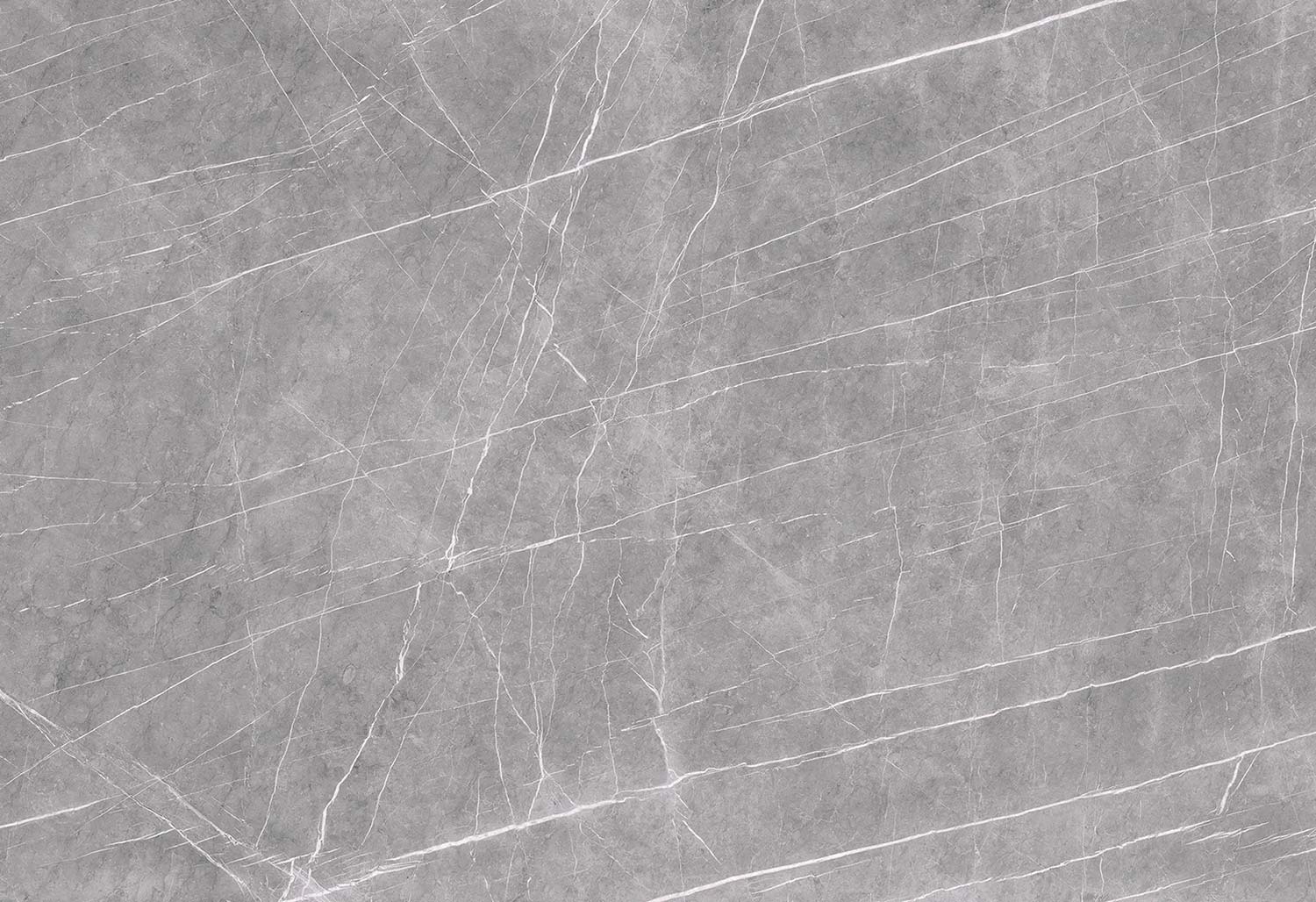
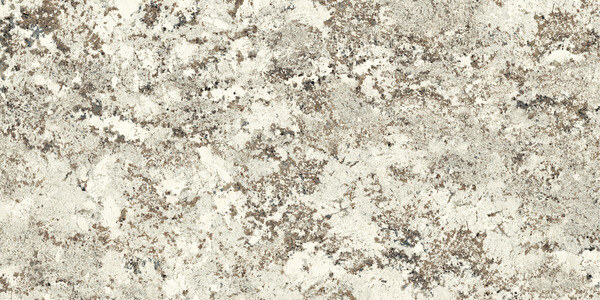
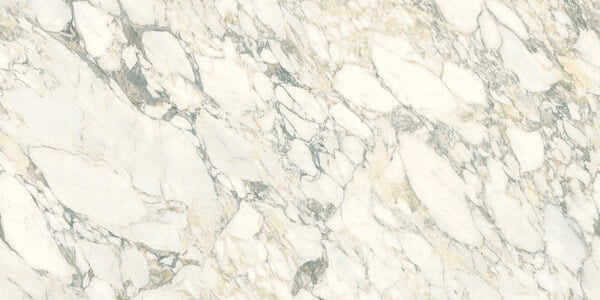

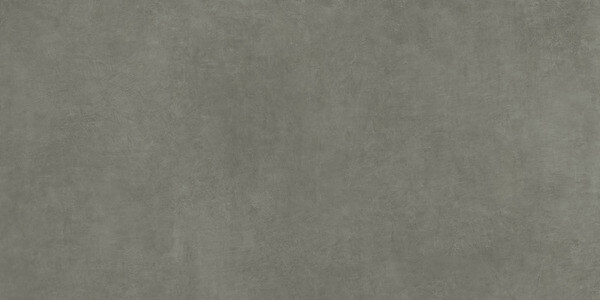


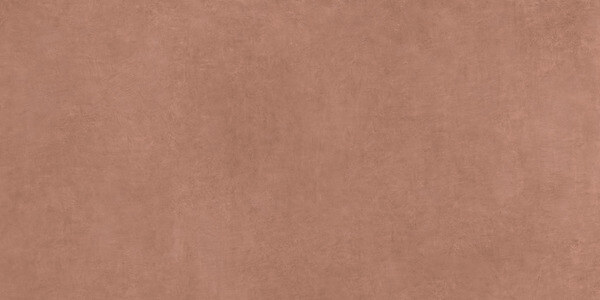


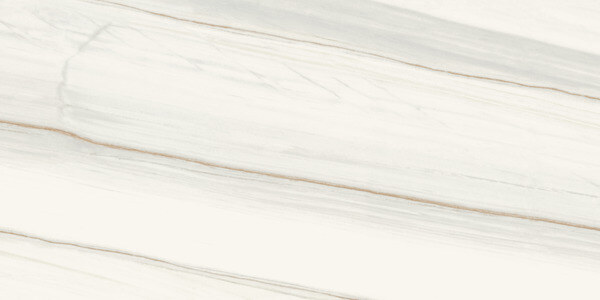
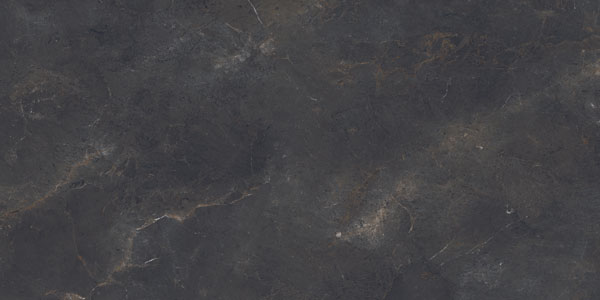
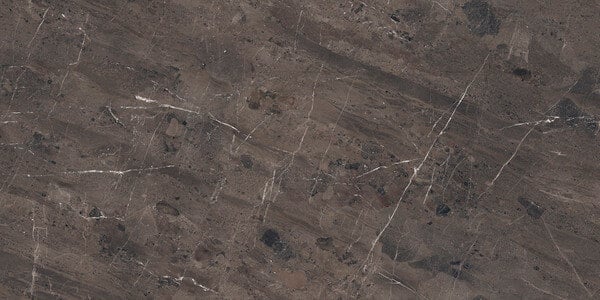
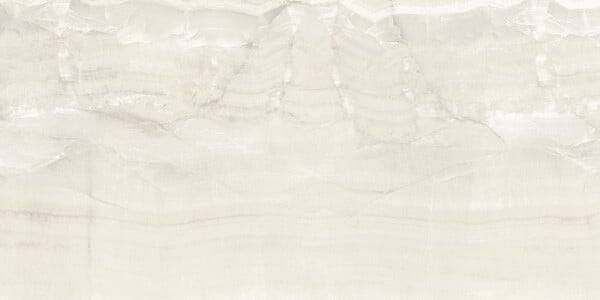
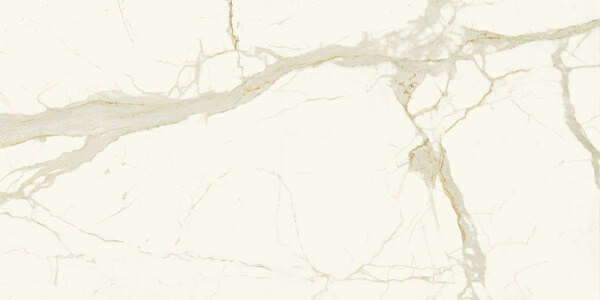
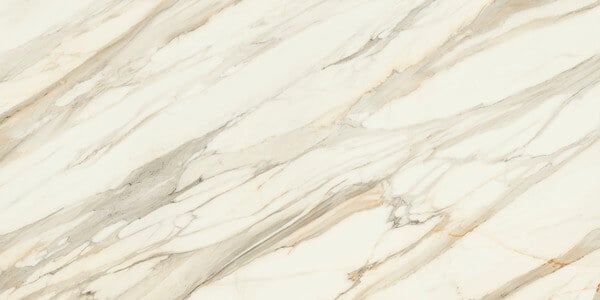
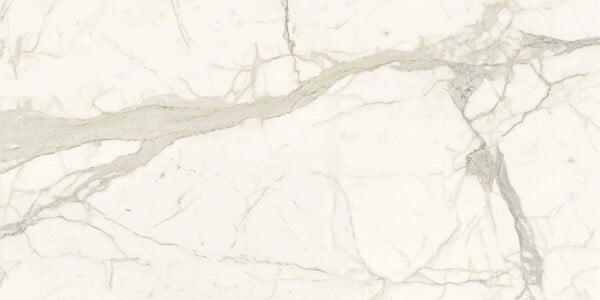
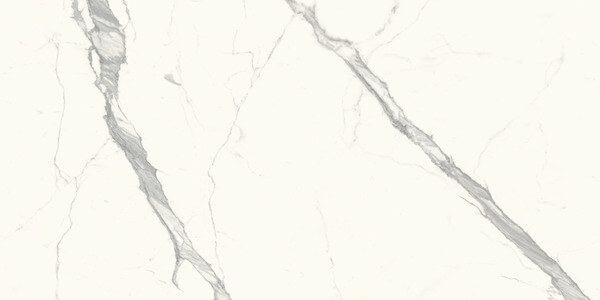
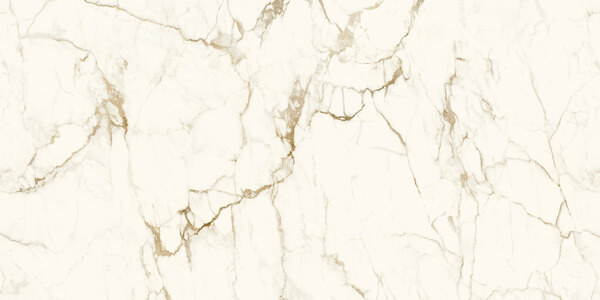

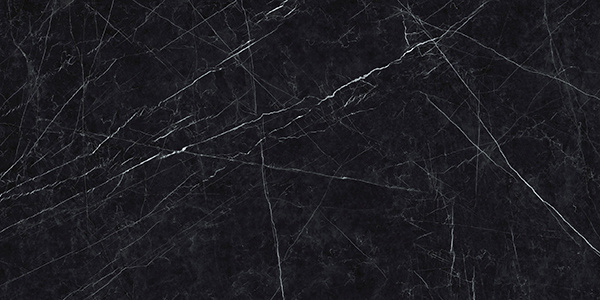

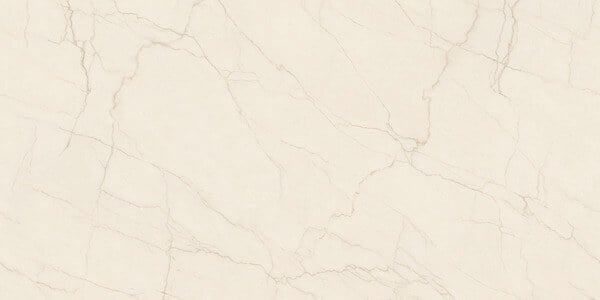
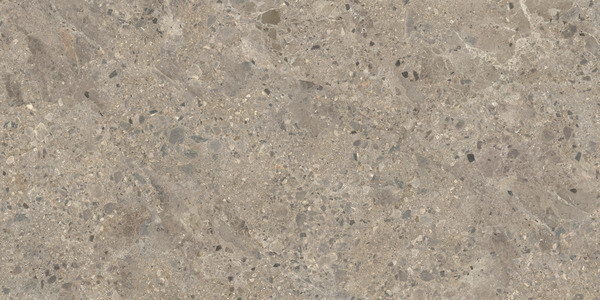
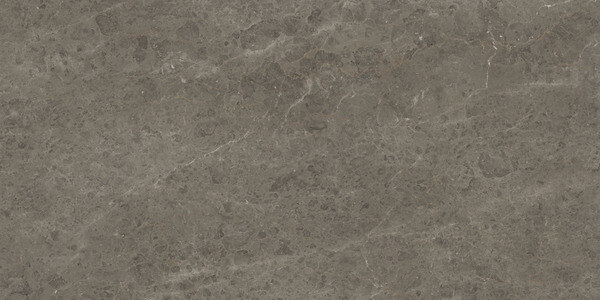
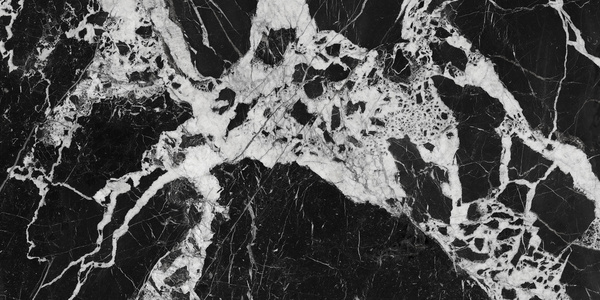
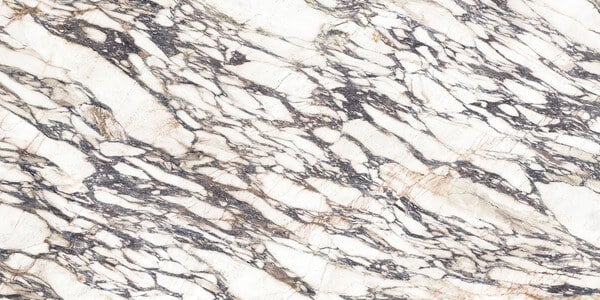
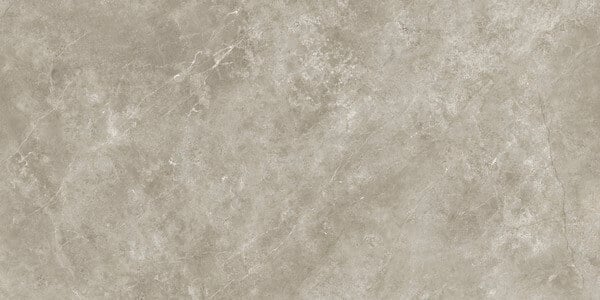
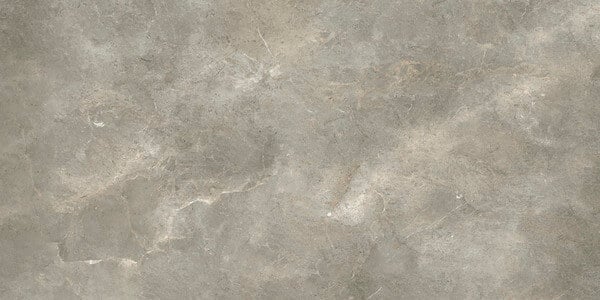

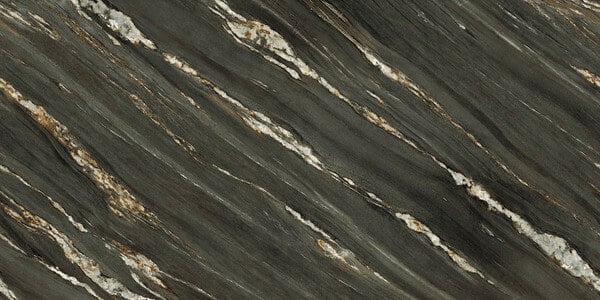
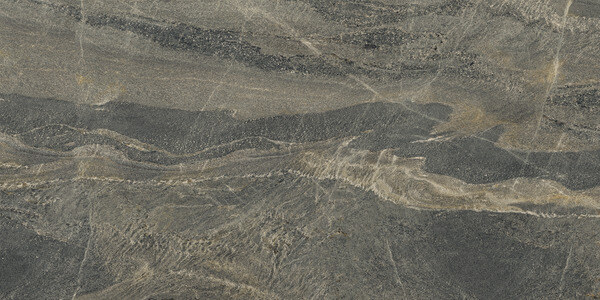
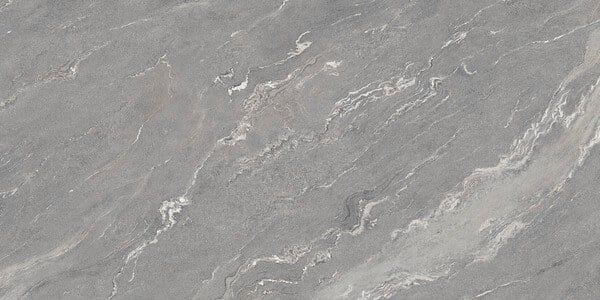
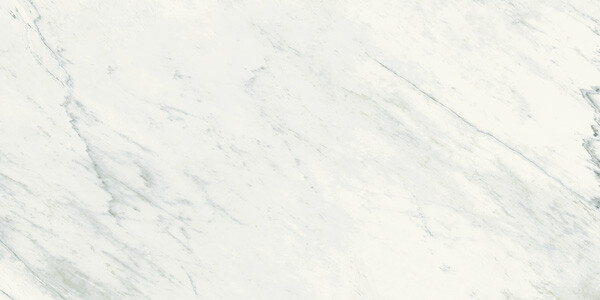
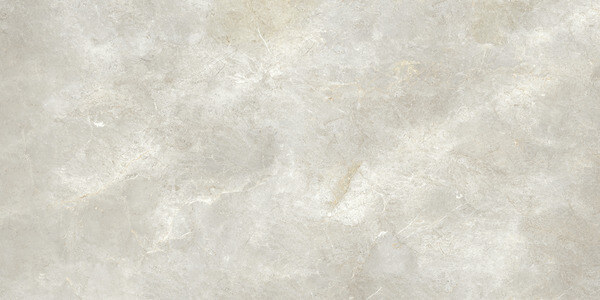
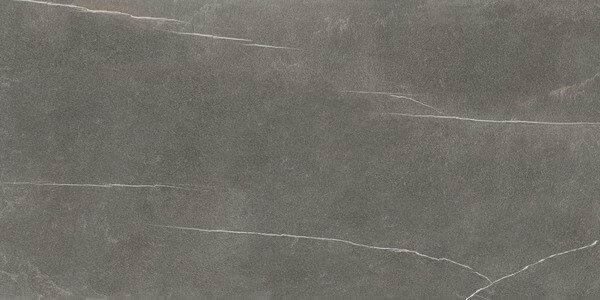
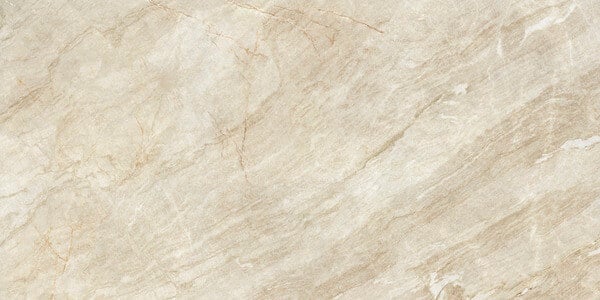
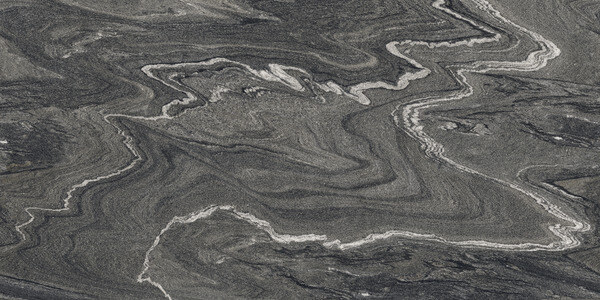
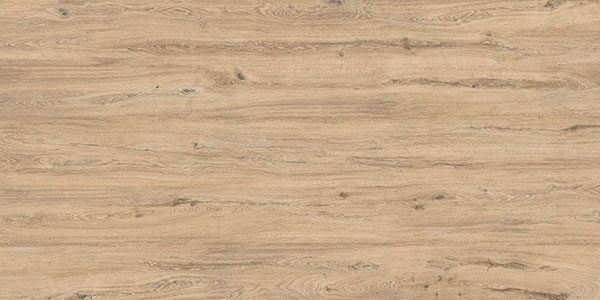
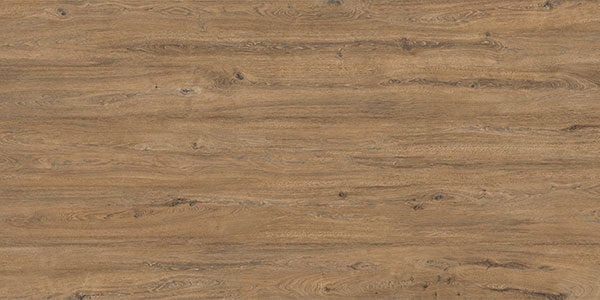

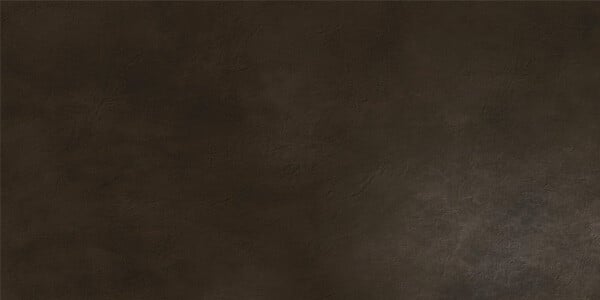
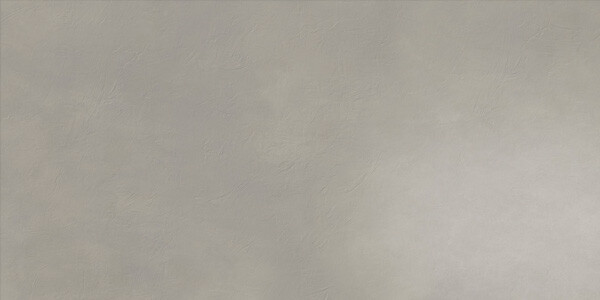
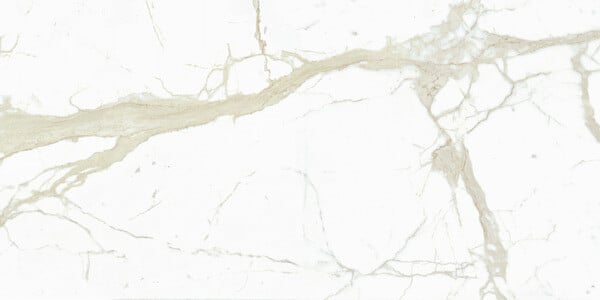
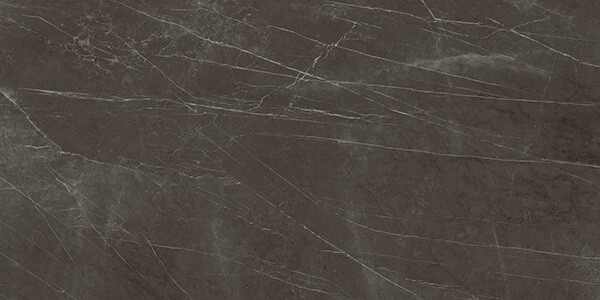

Porcelain Countertops
(Granite Guy’s Thoughts)
"Porcelain is a very underrated material for kitchens, fireplaces, shower walls, and vanities. It is great for high-traffic areas in the home." It’s not just versatile—it's superior in key areas important to homeowners.
Unlike natural stone, porcelain is non-porous, making it virtually impervious to staining. It’s also extremely heat resistant, ideal for modern kitchens with induction cooktops. Its exceptional scratch resistance ensures durability even under heavy use, while excellent UV resistance means colors won't fade. Consistent in quality and appearance, porcelain offers homeowners reliability and peace of mind without sacrificing beauty."
Experience the Elegance and Durability of Porcelain Countertops
Porcelain countertops are quickly becoming a favorite among homeowners and designers—and it’s easy to understand why. Known for their elegance, durability, and minimal upkeep, these surfaces are as practical as they are beautiful. One of the key benefits of porcelain is its versatility. Whether you want the look of marble, concrete, or wood, porcelain delivers with a wide range of styles and colors.
So, why is porcelain great for countertops? Heat-resistant, non-porous, and exceptionally durable. This makes it a great choice for kitchens, bathrooms, and other busy areas of the home.
In the next sections, we will discuss the benefits of porcelain. We will explain how they make it. We will also look at popular designs. Finally, we will compare porcelain to other materials like granite and quartz.
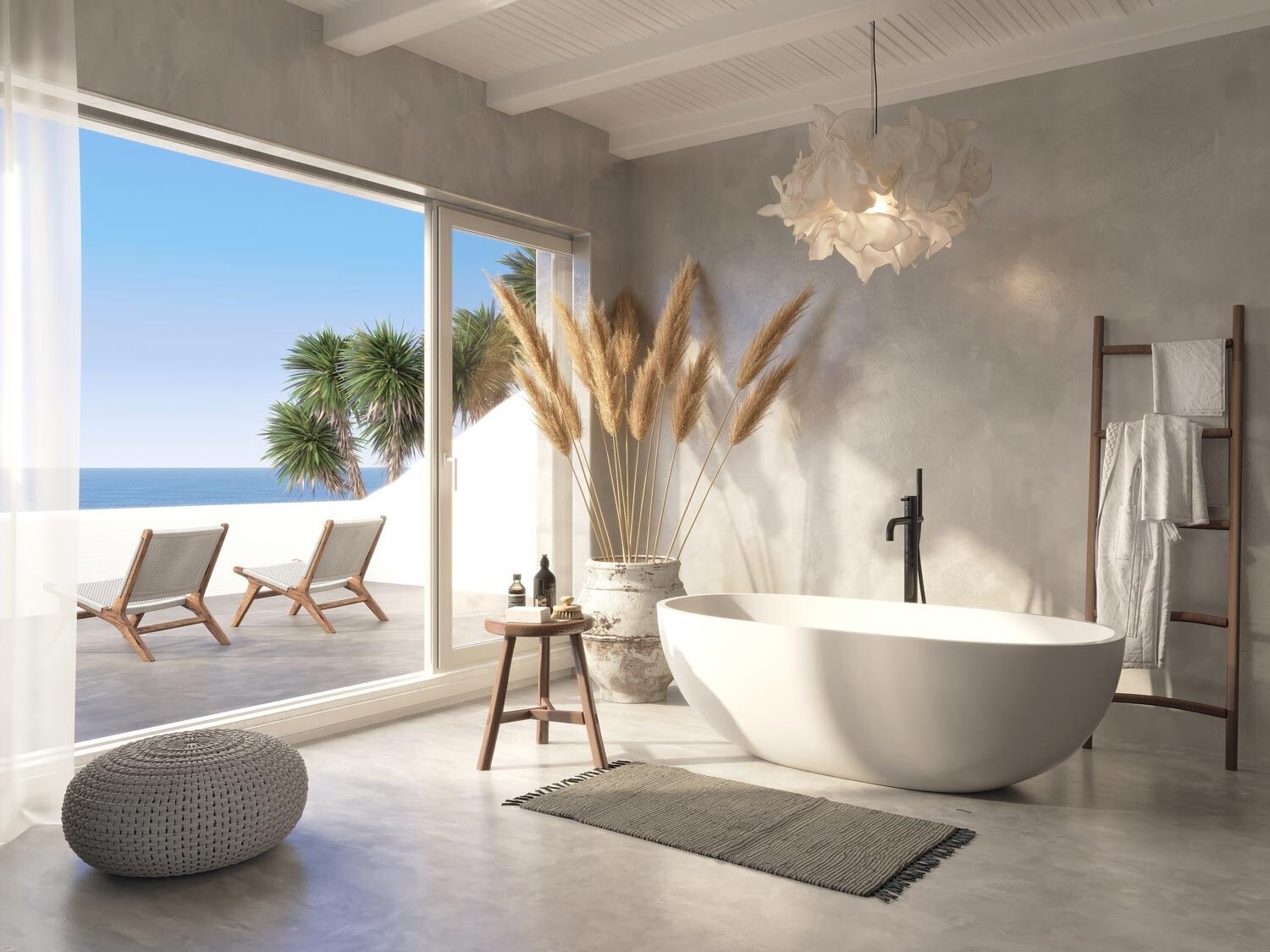
The Key Benefits of Porcelain Countertops
- Durability: Porcelain is exceptionally hard and resists scratches well. This makes it a great choice for busy areas like kitchens. It delivers a natural stone look without the worry.
- Heat Resistance: Porcelain can withstand high temperatures, making it suitable for use near stoves, fireplaces and other heat sources.
- Hygienic Surface: The glaze on the porcelain surface is non-porous. This makes it resistant to bacteria, fungi, and molds.
- Stain Resistance: Porcelain is non-porous, so it resists stains and does not soak up liquids. This makes it easy to clean and care for.
- UV Resistance: Porcelain can resist UV rays. This means its color stays the same, even after long sun exposure. That makes it a good option for projects such as outdoor kitchens.
- Design Versatility: Porcelain comes in many colors and patterns. It can look like natural stone, concrete, or wood.
- Finish Options: Porcelain countertops can have different finishes. This depends on your style and how you want light to reflect off the surface. A Polished finish will reflect light and brighten the room, while a Honed finish is a matte finish which diffuses light instead. A Leathered finish has a matte look, but is textured to feel more like a natural stone.
- Environmental Friendliness: Made from natural materials and often recyclable, porcelain is an eco-friendly choice.
- Manufacturer's Warrantee: As an engineered product, porcelain countertops come with a warrantee from the manufacturer.
How Porcelain Slabs is Produced
Porcelain countertops are manufactured using a combination of natural materials and advanced technology. The production process involves several steps:
- Raw Material Selection:
- High-quality natural materials such as clay, kaolin, feldspar, and silica are carefully selected for purity and consistency.
- Mixing and Grinding:
- These raw materials are carefully mixed and ground into a fine powder. The powder is mixed into a smooth, workable paste.
- Molding and Shaping:
- The paste is molded into large slabs using high-pressure presses, ensuring consistent thickness and density. Specific processes can vary by manufacturer.
- Drying:
- The molded slabs are carefully dried, eliminating residual moisture to prepare for color application and firing.
- Color Application (Glazing and Pigmentation):
- At this stage, pigments or glazes are applied. You can mix color directly into the porcelain paste for even coloring throughout. You can also add it as surface glazes to create different visual effects, patterns, and textures.
- Firing:
- Kilns fire the slabs at temperatures exceeding 2,000°F (1,100°C), which achieves vitrification. This critical step permanently fuses the porcelain, enhancing its hardness, durability, and ensuring colors remain vibrant and stable.
- Finishing:
- After firing, slabs undergo final polishing, honing, or texturing to achieve the desired appearance and tactile qualities.
- Quality Control:
- Every slab undergoes strict quality control checks, ensuring it meets rigorous industry standards for strength, durability, color consistency, and aesthetic quality.
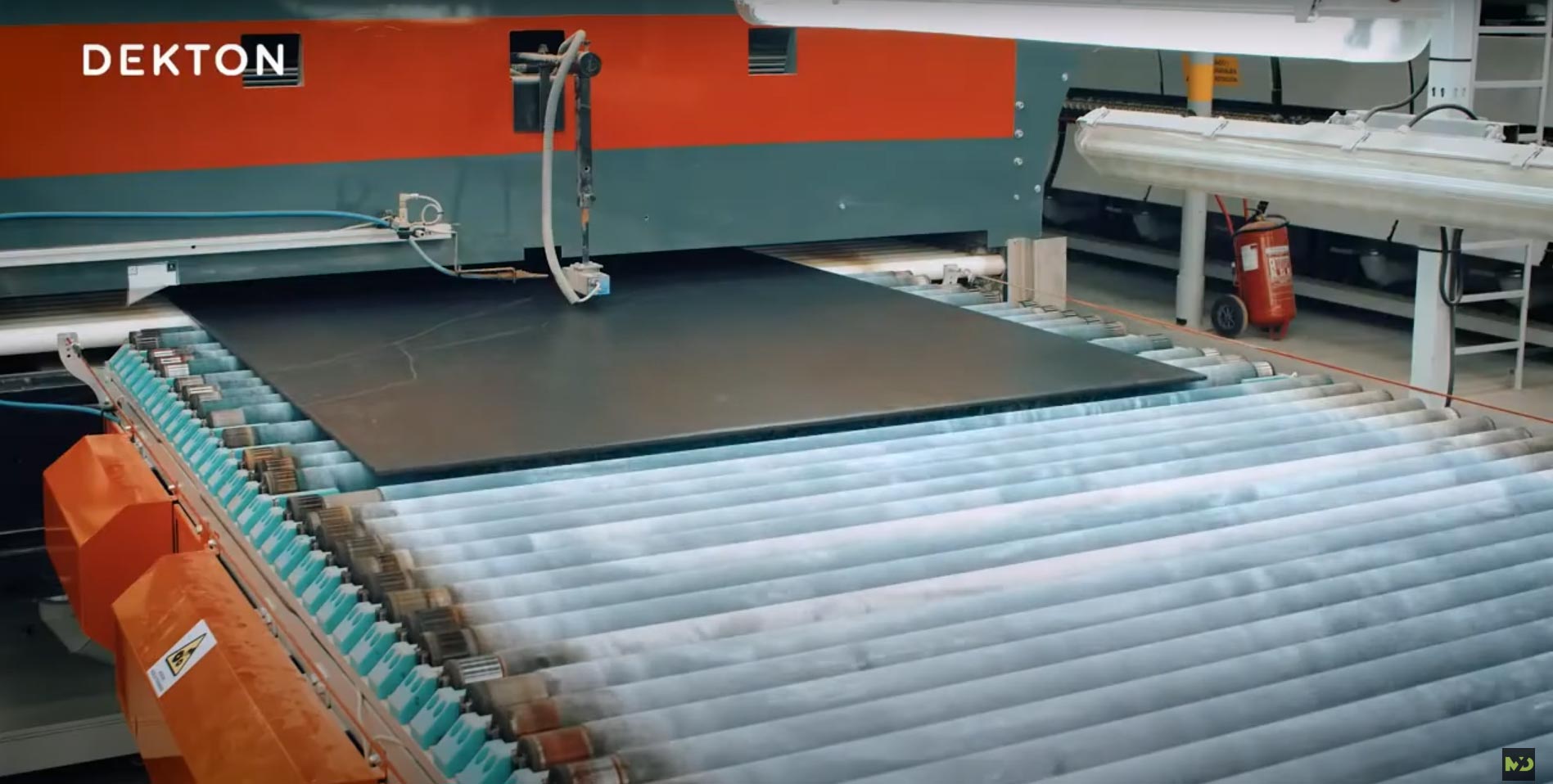
Top Producers of Porcelain We work With
We’ve worked with the best in the industry to bring premium porcelain surfaces to our clients. These brands deliver top-tier quality, innovative designs, and the kind of performance we trust for every project — from luxury kitchens to commercial spaces.
We’ve worked with the best in the industry to bring premium porcelain surfaces to our clients. These brands offer high quality, creative designs, and reliable performance for every project. This includes luxury kitchens and commercial spaces.
- Caesarstone – Porcelain Collection
- Known for quartz, Caesarstone now offers porcelain with sleek, modern designs. UV- and heat-resistant, their slabs are great for indoor and outdoor use and come in stone, concrete, and metal finishes.
- Cosentino – Dekton
- Dekton blends porcelain, quartz, and glass into an ultra-durable surface. Highly resistant to stains, scratches, and heat, it comes in a wide range of natural and industrial looks.
- Crossville
- A U.S. brand focused on sustainable porcelain, including countertops and tile. They offer Italian-imported Laminam slabs with domestic fabrication, great for both residential and commercial use.
- Daltile – Panoramic Porcelain
- Offers large-format slabs that mimic marble and natural stone. Widely available in the U.S., it’s a versatile and budget-friendly choice for countertops, walls, and more.
- Florim
- Italian luxury with a focus on eco-conscious production. Florim Stone slabs come in elegant marble, bold industrial, and minimalist styles—ideal for high-end kitchens and vanities.
- Fondovalle
- Boutique Italian brand with design-forward porcelain slabs. Their MyTop collection features bold patterns and textures for kitchens and bathrooms that stand out.
- Kaolin
- A rising luxury brand with elegant, natural-looking porcelain. Known for strength and heat resistance, Kaolin slabs work well in kitchens, baths, and feature walls.
- Laminam
- Global leader in large-format porcelain with ultra-thin slabs. Offers dozens of finishes—marble, wood, metal—for minimalist, seamless designs in kitchens and beyond.
- MSI – Stile Porcelain
- Affordable porcelain slabs that offer natural stone looks like Calacatta and concrete styles. Lightweight, easy to install, and widely available for residential remodels.
- Neolith
- One of the first sintered stone brands, offering durable porcelain for indoor and outdoor use. Stylish options include marble, metal, and wood looks, all made sustainably.
- Sapienstone
- Italian-made and built for kitchens. Heat, stain, and scratch resistant, Sapienstone combines performance with refined natural finishes like stone and concrete.
Popular Designs and Colors of Porcelain Countertops
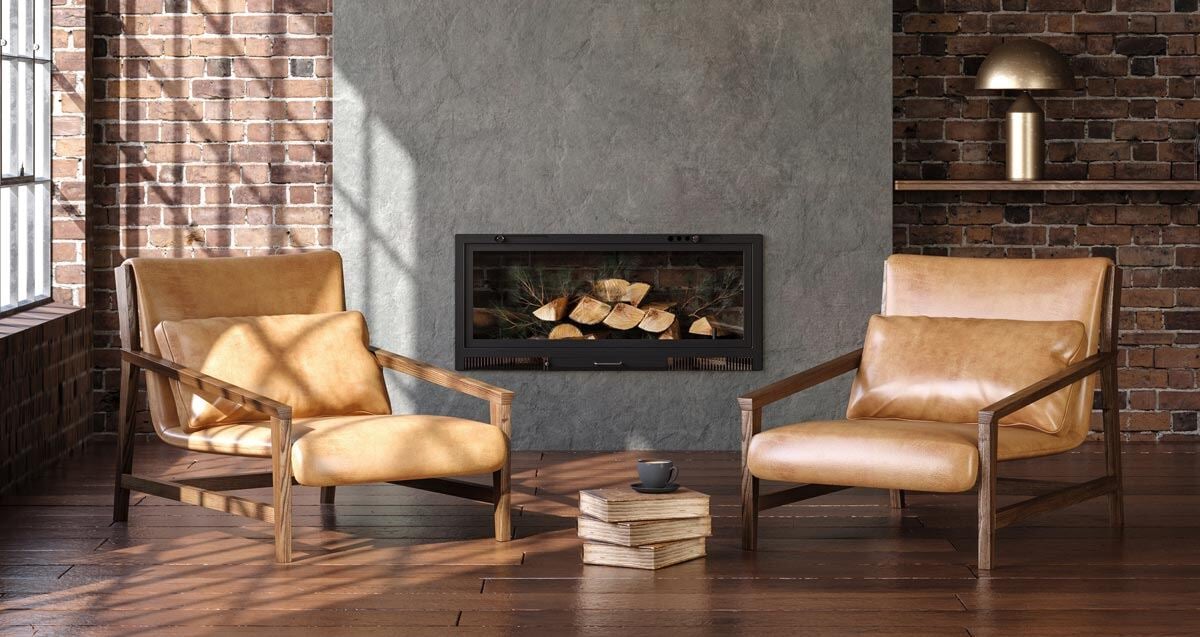
This porcelain fireplace wall adds quiet drama to the space with its soft texture and stone-like finish. Set against exposed brick and warm leather tones, it brings balance and depth—proving that durability and design can go hand in hand.
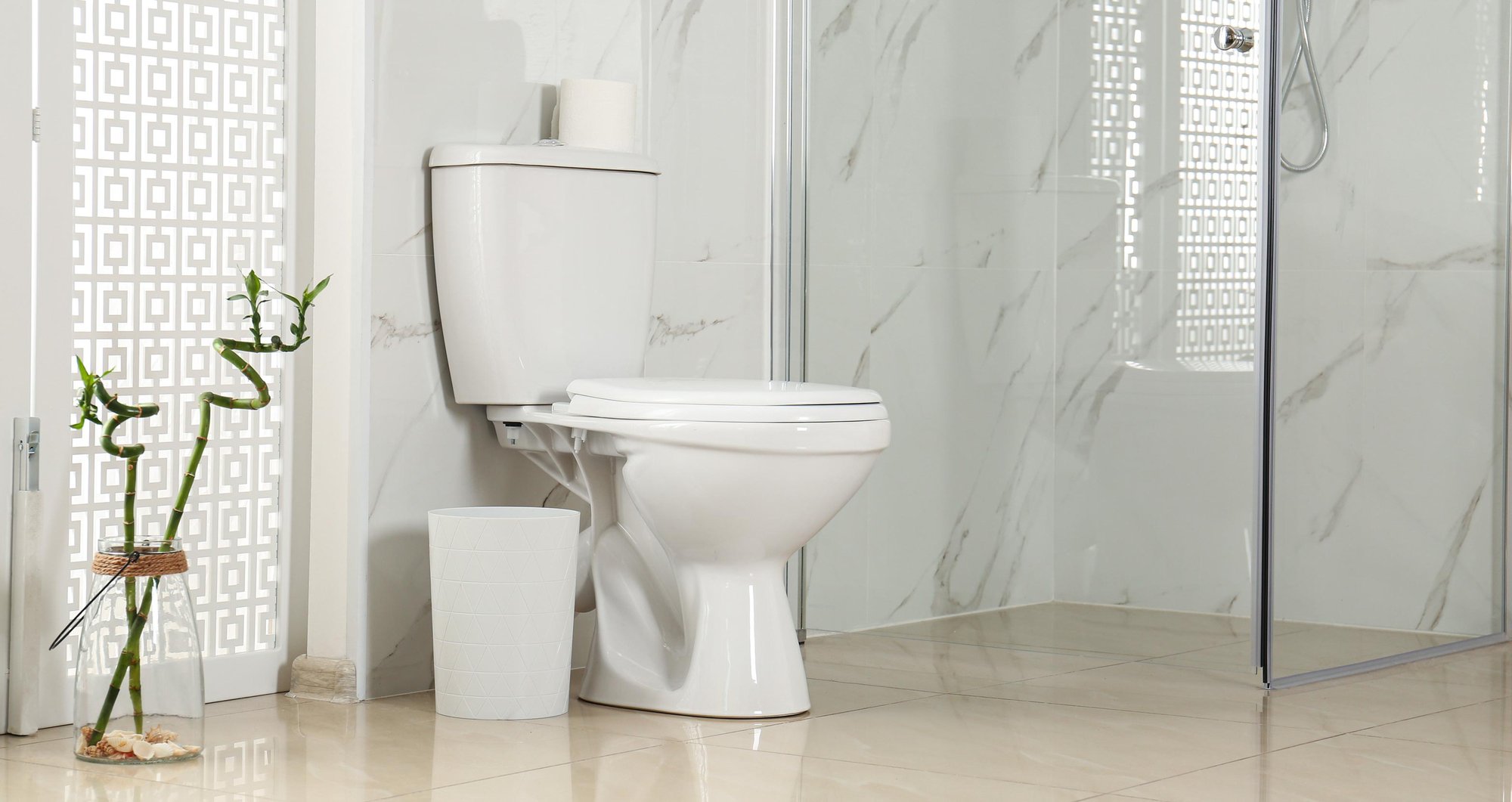
Porcelain walls and floors bring a polished, marble-like look to this bathroom without the upkeep. The soft veining adds a touch of elegance. The surface is durable, easy to clean, and moisture resistant. It is perfect for everyday use.
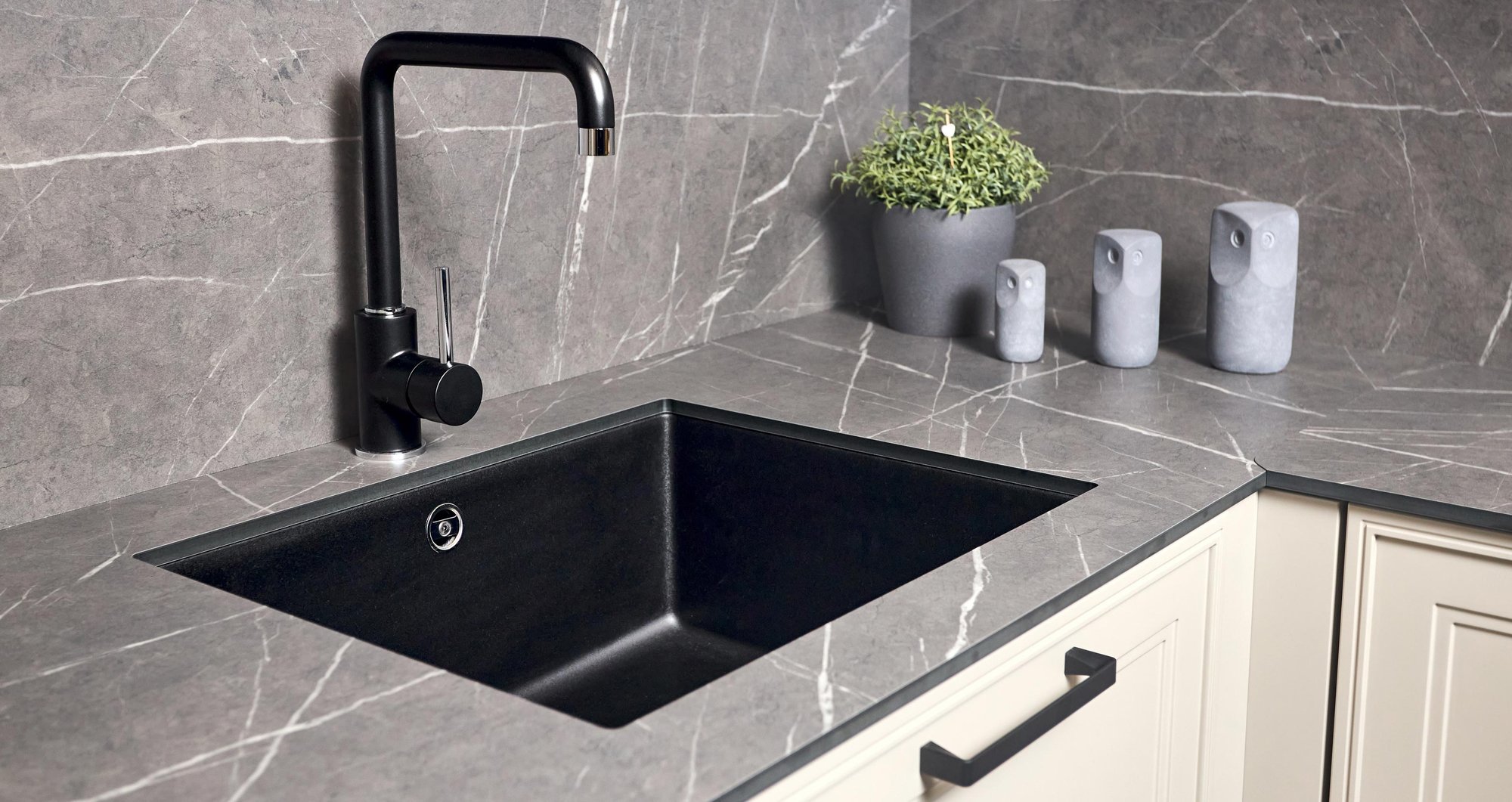
This gray porcelain countertop and wall backsplash deliver bold, modern style with subtle white veining and a smooth matte finish. Paired with a black sink and faucet, the design feels clean, confident, and ready for real-life use.
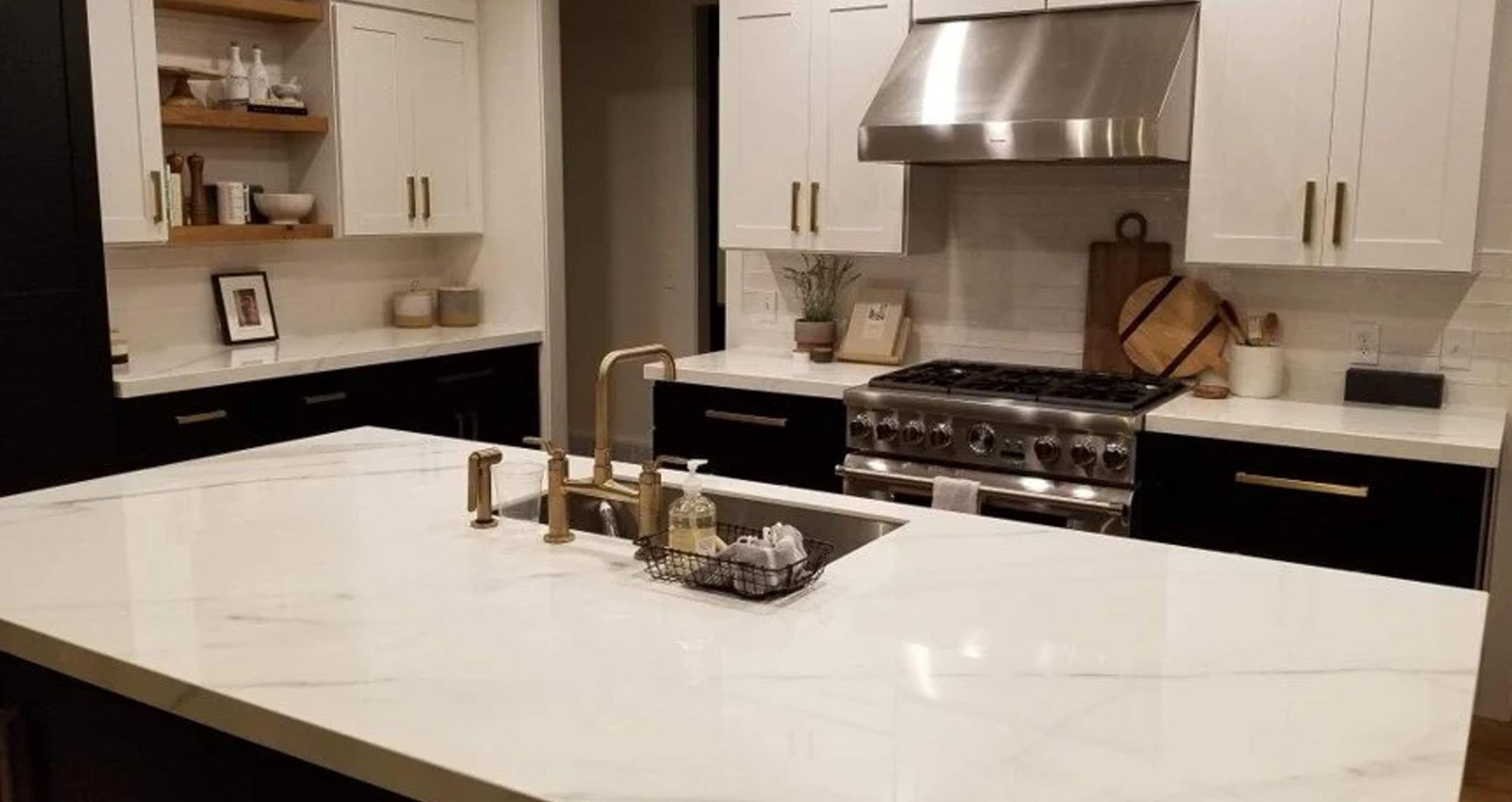
This dark porcelain countertop brings sleek durability to the outdoor kitchen. Its refined matte finish and clean lines offer a modern look, while the surface stands up to heat, weather, and daily use with ease. It performs well and impresses.
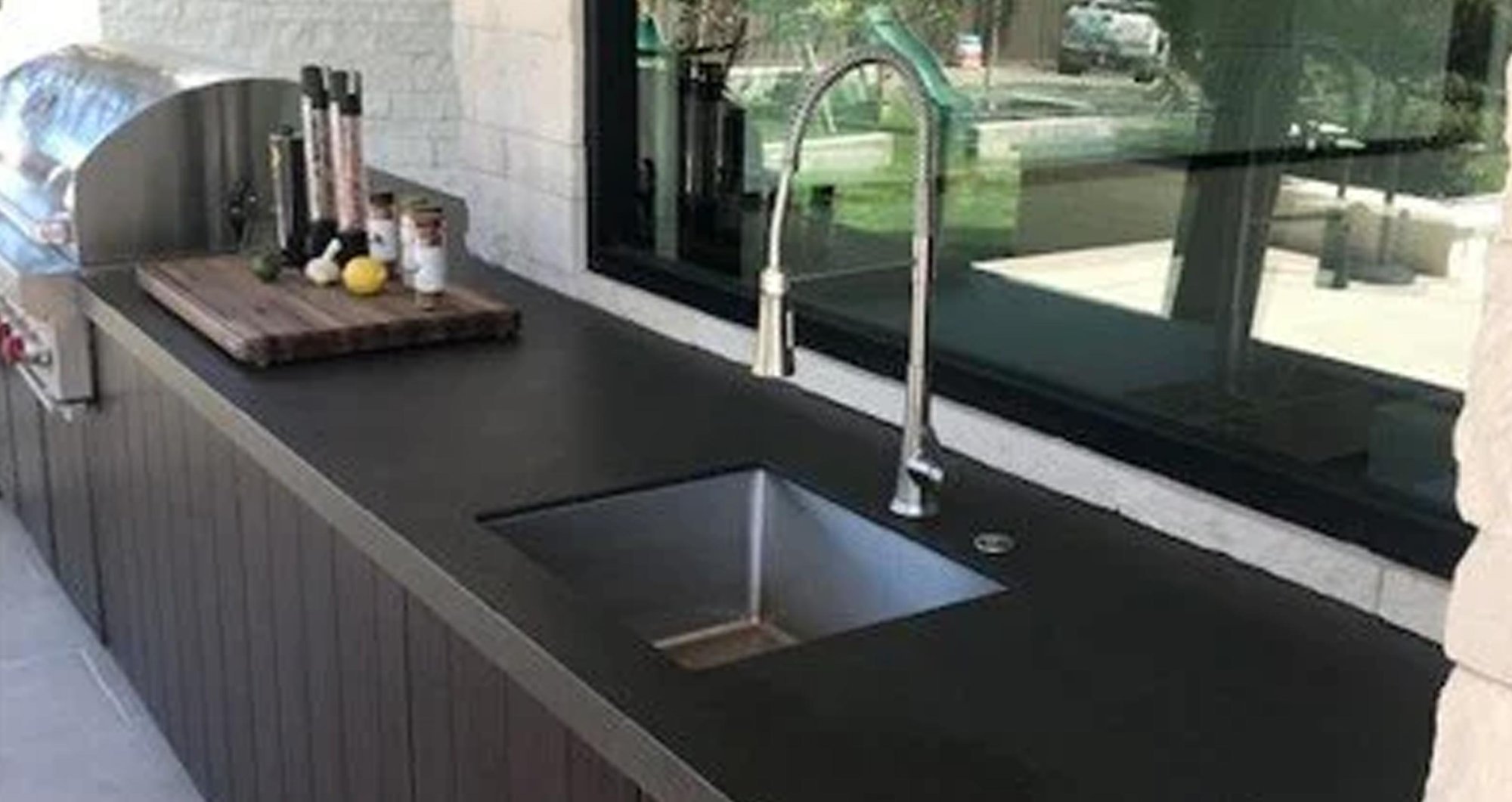
This dark porcelain countertop brings sleek durability to the outdoor kitchen. Its refined matte finish and clean lines offer a modern look, while the surface stands up to heat, weather, and daily use with ease. It’s built to perform—and built to impress.
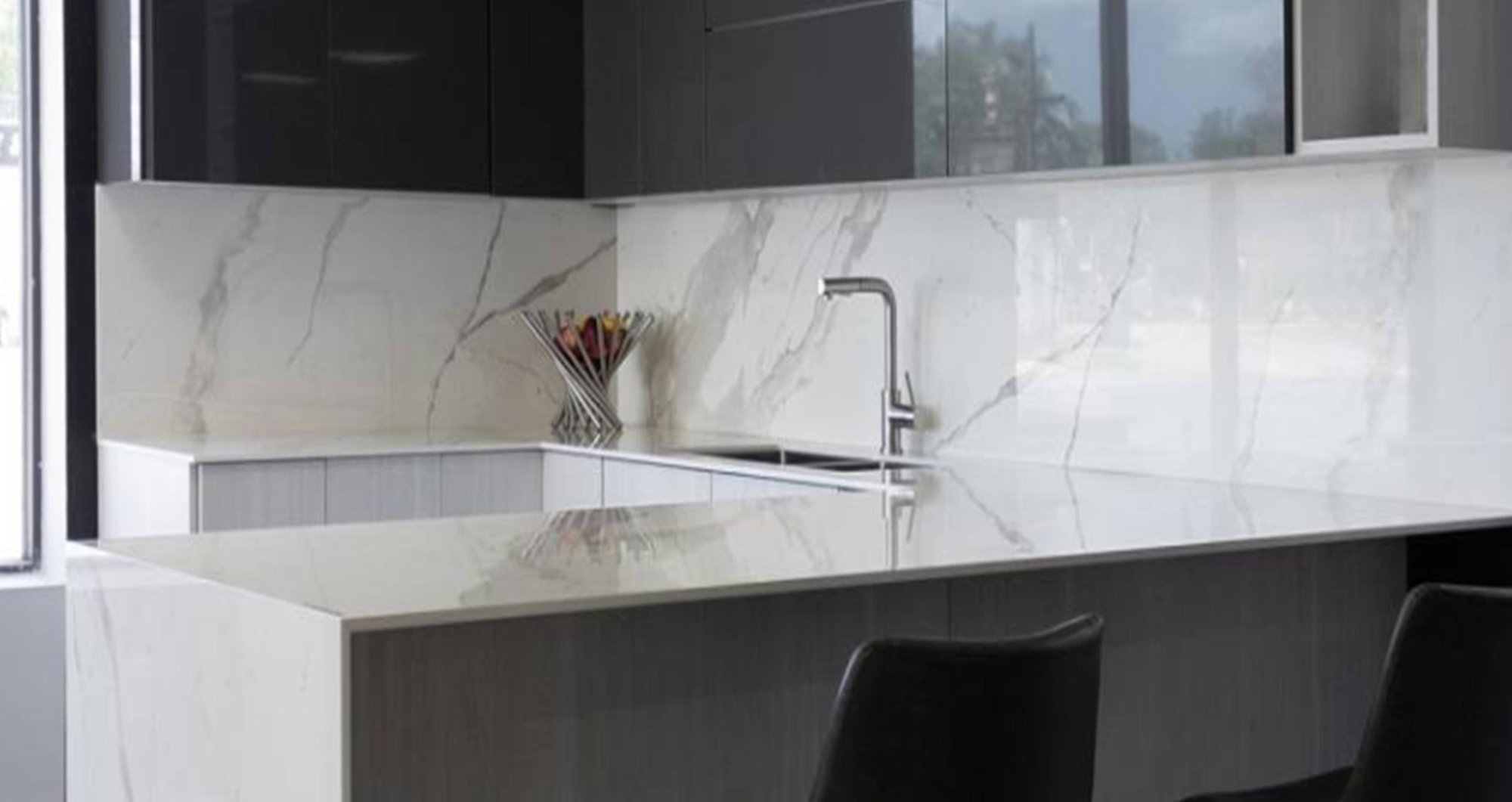
This waterfall porcelain countertop and full-height backsplash bring sleek sophistication to the space. Exposed edges improve the clean, simple design. These edges show the true thickness of the porcelain. No buildups ex, just pure modern elegance.
Porcelain countertops Comparisons with Other Materials

Porcelain vs. Marble:
Marble is renowned for its classic beauty but is porous, making it susceptible to staining, etching, and bacteria accumulation. Porcelain has the elegant look of marble. Non-porous, stain-resistant, and exceptionally hygienic. This makes it perfect for busy kitchens and bathrooms.

Porcelain vs. Granite:
Granite, a natural stone, features unique patterns but requires regular sealing due to its porous nature. Porcelain provides similar visual appeal with significantly easier maintenance, non-porosity, and exceptional hygiene, keeping surfaces consistently clean and safe.

Porcelain vs. Quartzite:
Quartzite is a durable, heat-resistant natural stone but still requires sealing and ongoing maintenance. Porcelain is hard and heat-resistant. It does not need sealing. Its non-porous surface helps resist stains and keeps things clean.

Porcelain vs. Quartz:
Quartz is a man-made material valued for durability and low upkeep. Porcelain has these benefits and also offers better heat resistance and UV stability. This makes it great for indoor and outdoor use. Its non-porous structure makes porcelain exceptionally hygienic.

Porcelain vs. Soapstone:
Soapstone is softer and develops a patina over time, requiring regular oiling. Porcelain, on the other hand, offers a harder, maintenance-free surface. Its non-porous nature makes it more hygienic, and it also comes in a wide range of colors and designs
Porcelain Countertops: Cost Comparison vs. Other Options
Porcelain countertops offer a wide price range compared to natural stones like marble, granite, and quartzite. Prices vary significantly based on brand reputation, pattern complexity, thickness, and market popularity.
When selecting porcelain countertops, invest in reputable, premium brands. You're not just buying a surface—you're investing in long-term reliability, consistent quality, and exceptional warranty support. While cheaper alternatives might seem attractive initially, they typically lack strong manufacturer backing and rigorous quality controls, potentially leading to expensive headaches later on. Remember, choosing quality upfront is more cost-effective in the long run.
Ultimately, the best countertop choice depends on your project priorities. Consider carefully what matters most: style, functionality, durability, ease of maintenance, hygiene, and budget.
Why Porcelain Countertops Have Become Popular
The rise in porcelain's popularity can be attributed to several factors:
- Low Maintenance:
- Porcelain is exceptionally easy to care for thanks to its non-porous nature. Porcelain countertops are virtually maintenance-free
- Unlike natural stones like marble, granite, or quartzite, they do not need regular sealing. Natural stones can stain from common items like red wine, ketchup, or mustard. They stay hygienic, beautiful, and worry-free, no matter how busy your lifestyle.
- Aesthetic Versatility:
- Porcelain comes in many colors, patterns, and finishes. It easily matches any design style, from classic elegance to modern minimalism. You can even choose porcelain that convincingly mimics wood, concrete, or your favorite natural stone, giving you design flexibility without compromising practicality.
- Durability:
- Porcelain stands out for its remarkable resistance to scratches, stains, heat, and UV rays. A robust, long-lasting choice ideal for active kitchens, outdoor spaces, and high-traffic areas. When durability matters, porcelain delivers peace of mind.
- Environmental Benefits:
- Made from natural, sustainable materials and often recyclable, porcelain is an eco-conscious choice. Selecting porcelain means making a responsible investment for your home—and the planet.
Applications Around the Home
Porcelain’s versatility extends to various applications:
- Kitchen Countertops: Porcelain is great for kitchen countertops. Durable, heat-resistant, and available in many designs.
- Bathroom Vanities: Its resistance to moisture and ease of cleaning make porcelain perfect for bathroom surfaces.
- Backsplashes: Porcelain backsplashes add a cohesive look to kitchens and are easy to clean.
- Fireplace Surrounds: Porcelain offers the heat resistance and versatile styles and color to make a fireplace look spectacular.
- Wall Cladding: Porcelain can be used as wall cladding to create striking accent walls.
- Outdoor Spaces: Due to its UV resistance, porcelain is suitable for outdoor kitchens and other exterior applications
Care and Maintenance of Porcelain Countertops
Maintaining porcelain countertops is straightforward:
- Cleaning: Use a mild dish soap and warm water for daily cleaning. Avoid abrasive cleaners and harsh chemicals.
- Preventive Measures: Use trivets or hot pads for hot cookware to prevent thermal shock. Always use cutting boards to avoid scratches.
- Stain Removal: Although porcelain is stain-resistant, clean up spills promptly to avoid any potential discoloration. For tougher stains, use a non-abrasive cleaner.
Pros and Cons of Using Porcelain for Your
Kitchen Countertops
Pros
- Durability: Highly resistant to scratches, stains, heat, and UV rays.
- Non-Porosity: Does not require sealing and is resistant to bacteria and stains.
- Design Versatility: Available in a wide range of colors and patterns.
- Low Maintenance: Easy to clean and maintain.
- Consistency: Provides a uniform appearance, which is ideal for large installations.
- Environmental Benefits: Made from natural materials and often recyclable.
Cons
- Cost: Can be more expensive than some other materials.
- Complex Installation: The hardness of porcelain can make cutting and installation more challenging and costly.
- Potential for Chipping: While very durable, the edges of porcelain countertops can chip if subjected to heavy impact.
Transform Your Home with Porcelain Countertops
Porcelain countertops are beautiful, durable, and easy to maintain. This makes them a popular choice for modern kitchens and other areas in the home.
Natural stones like marble, granite, and quartzite are beautiful and unique. However, porcelain is a practical and attractive choice. It fits well with modern lifestyles.
Porcelain offers many design options, is easy to care for, and lasts a long time. It is a great choice for anyone wanting to improve their home’s style and function. People use porcelain in kitchen countertops, bathroom vanities, flooring, and decorative items. It remains a symbol of elegance and lasting beauty.
At Granite Guy Inc., we have experience in making and installing porcelain for many uses in the home. If you want to learn more about using porcelain in your home project, visit our showroom. You can also email us to set up a home visit.





